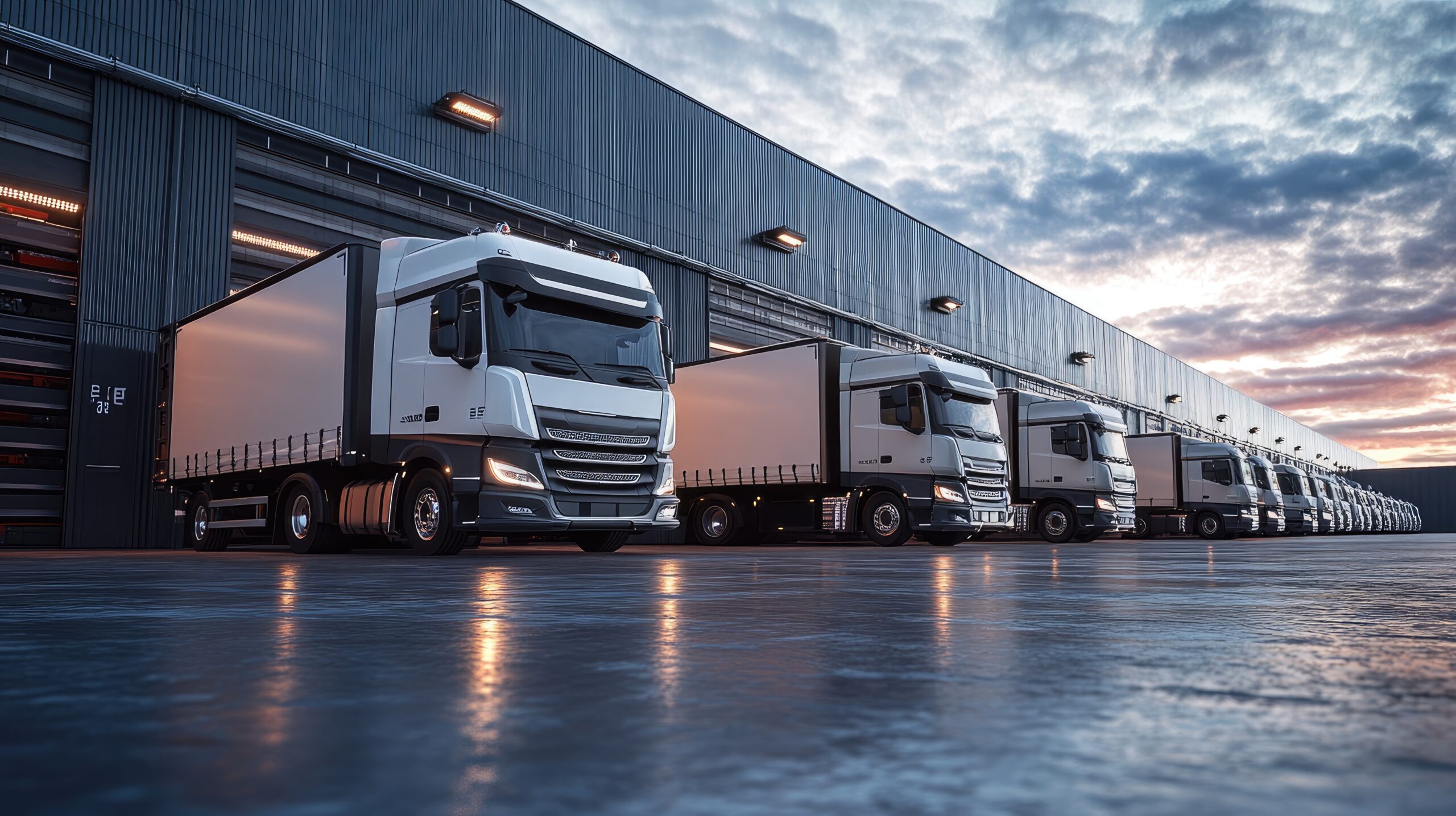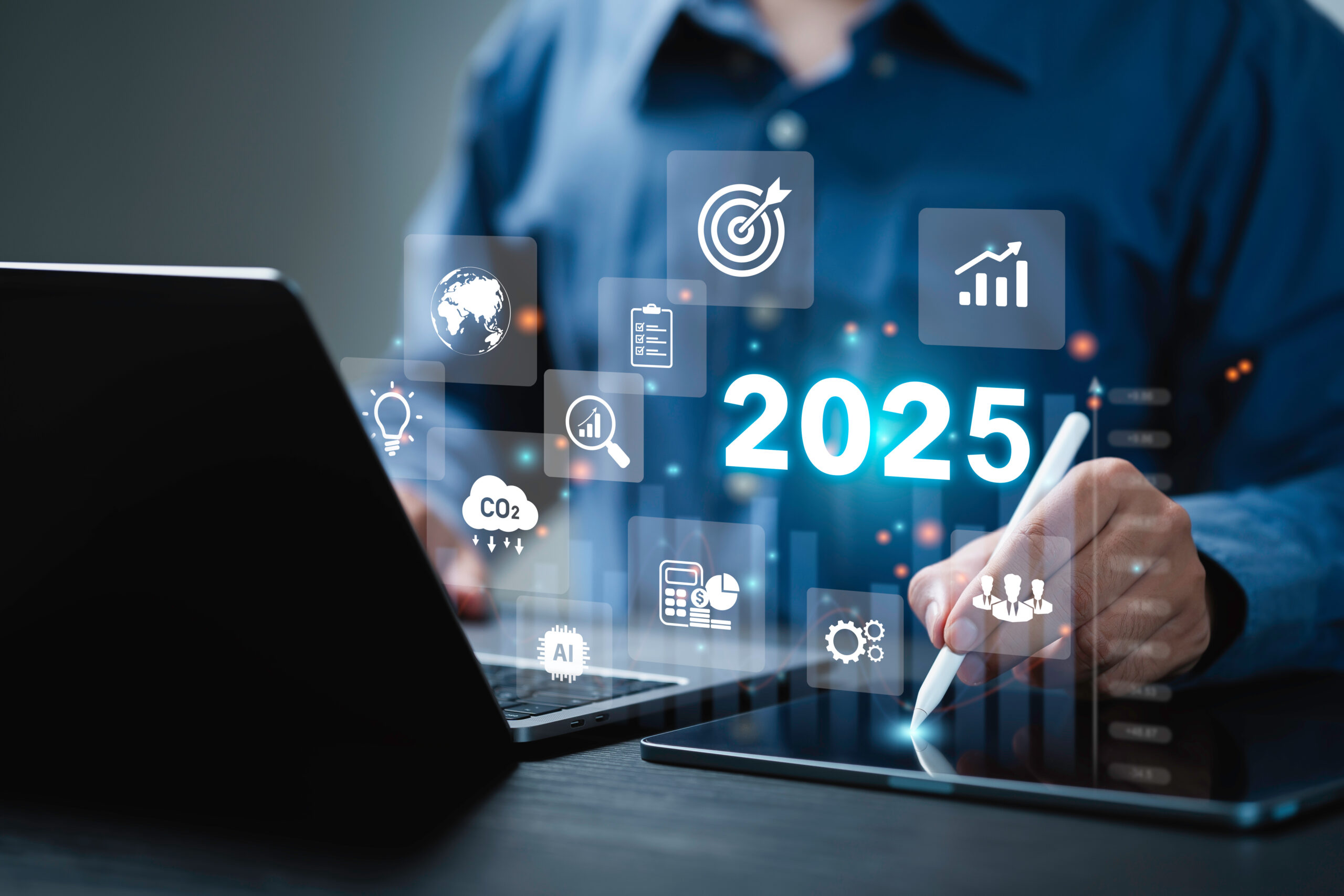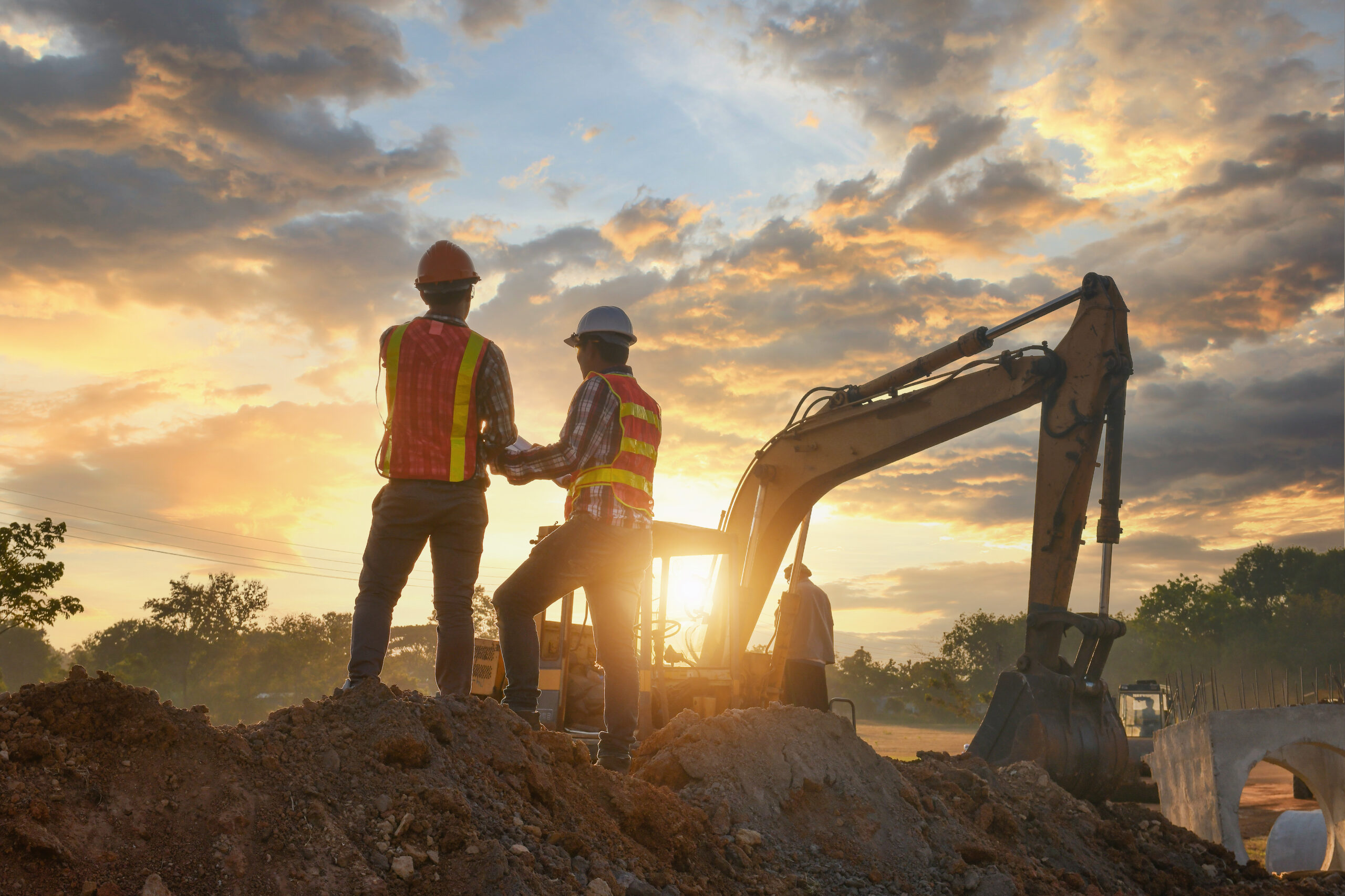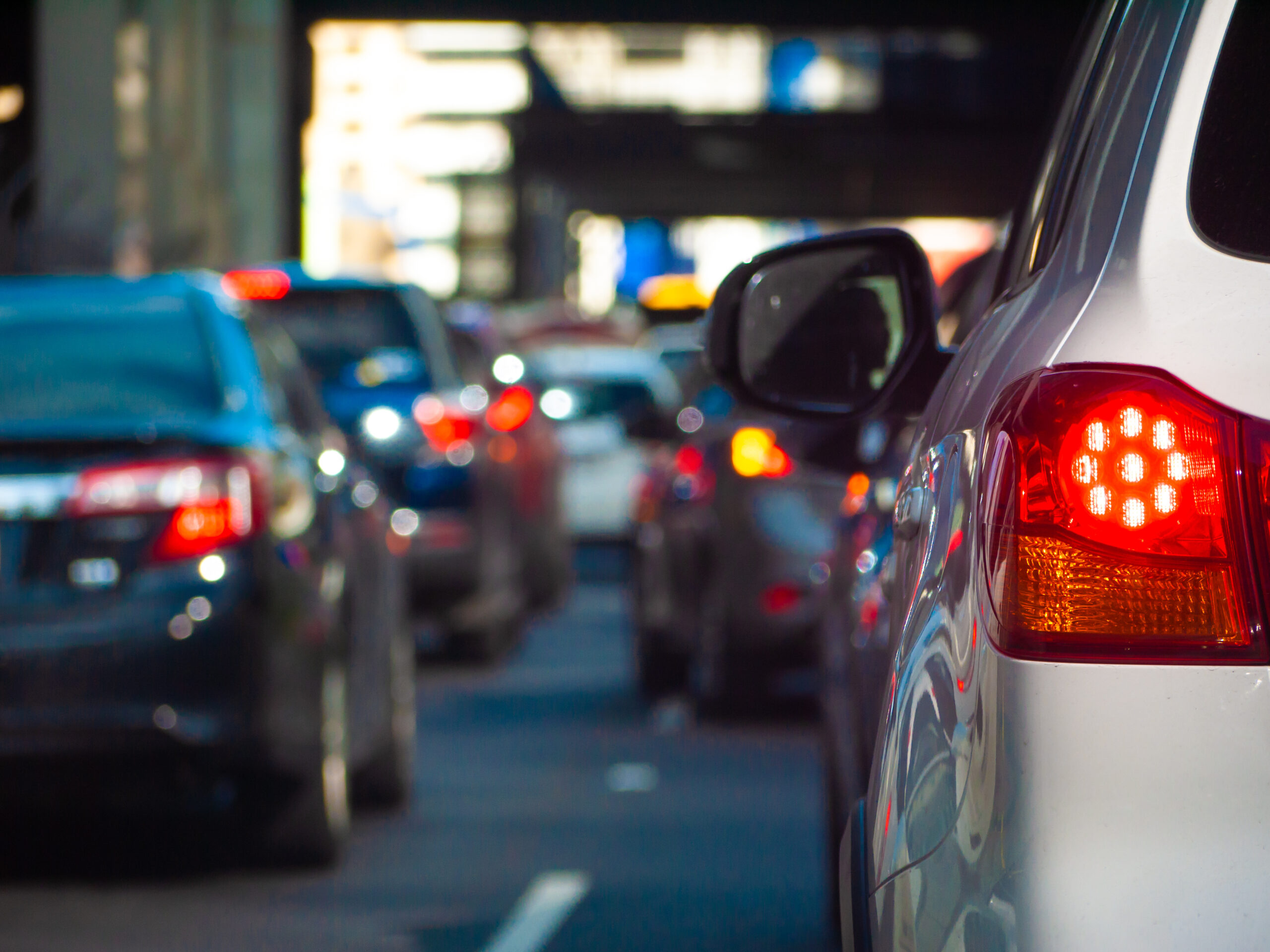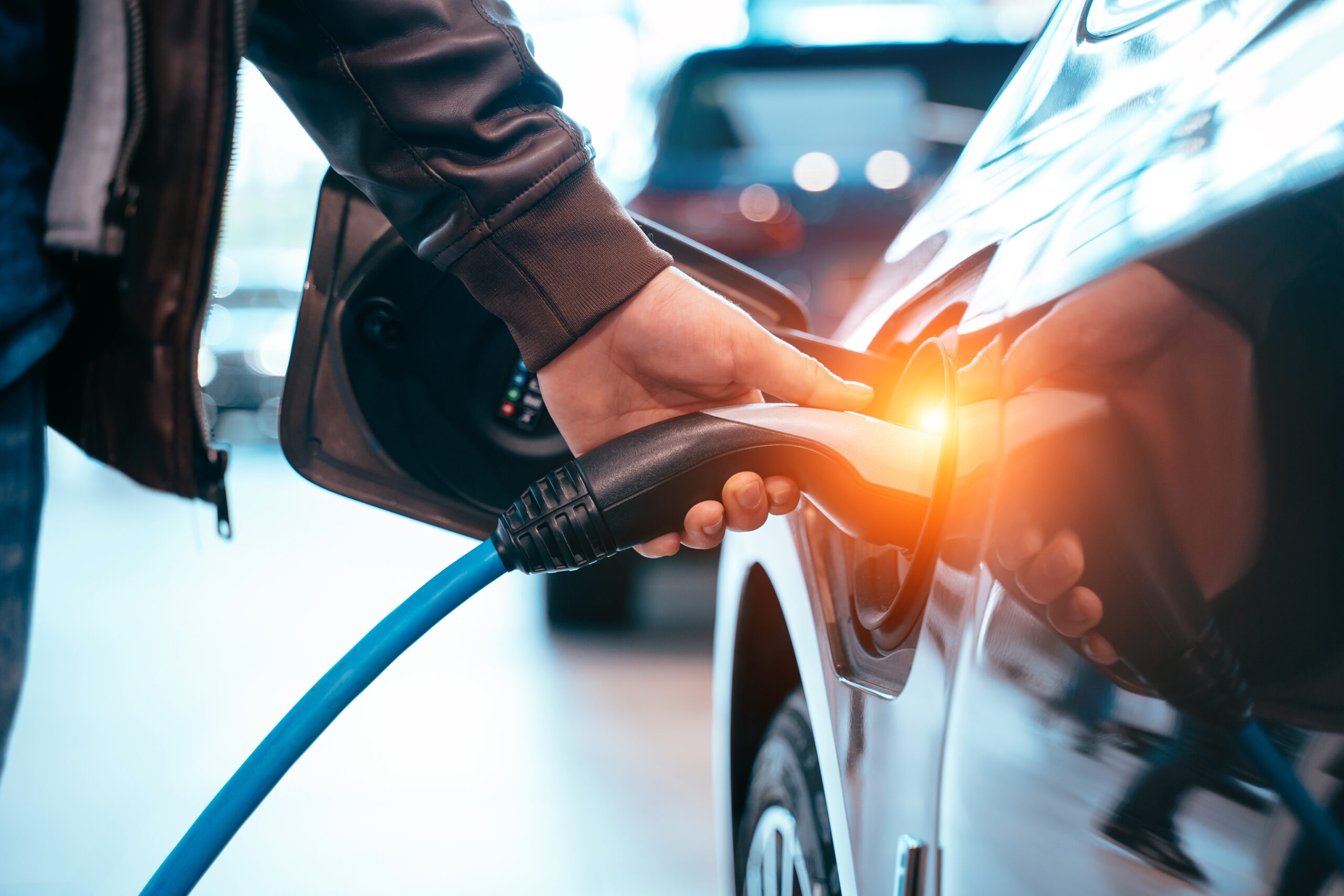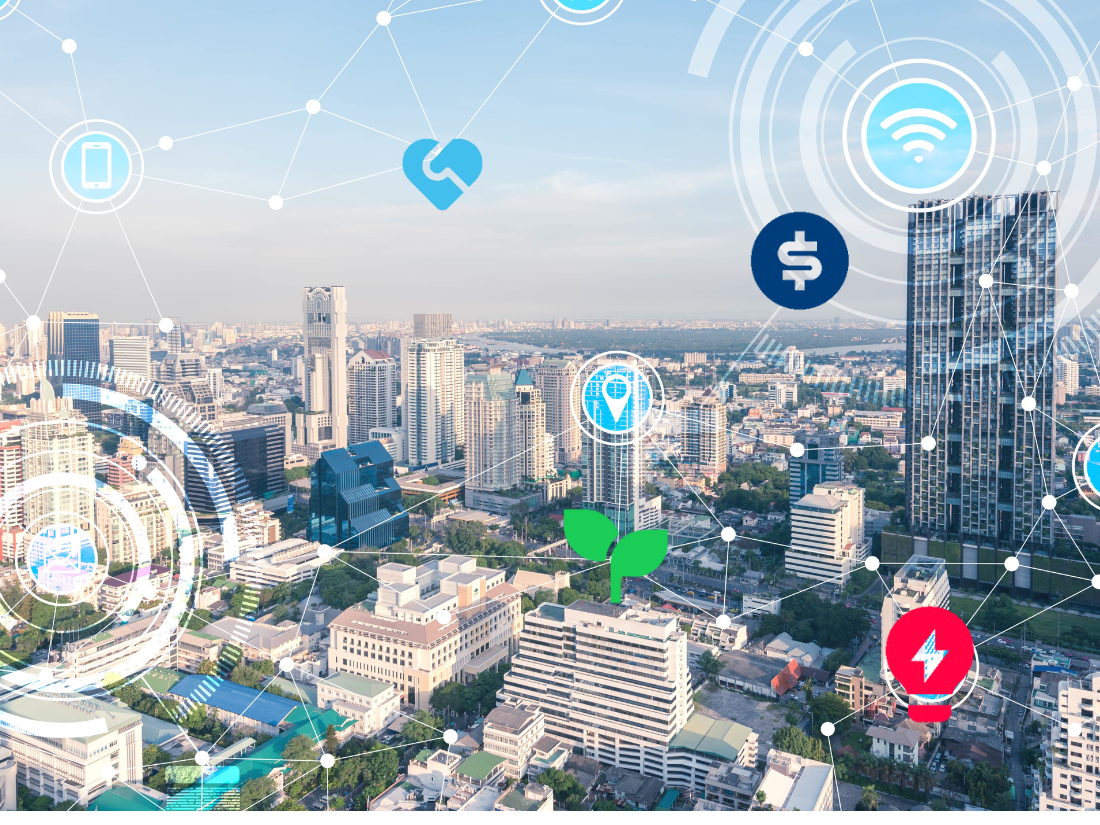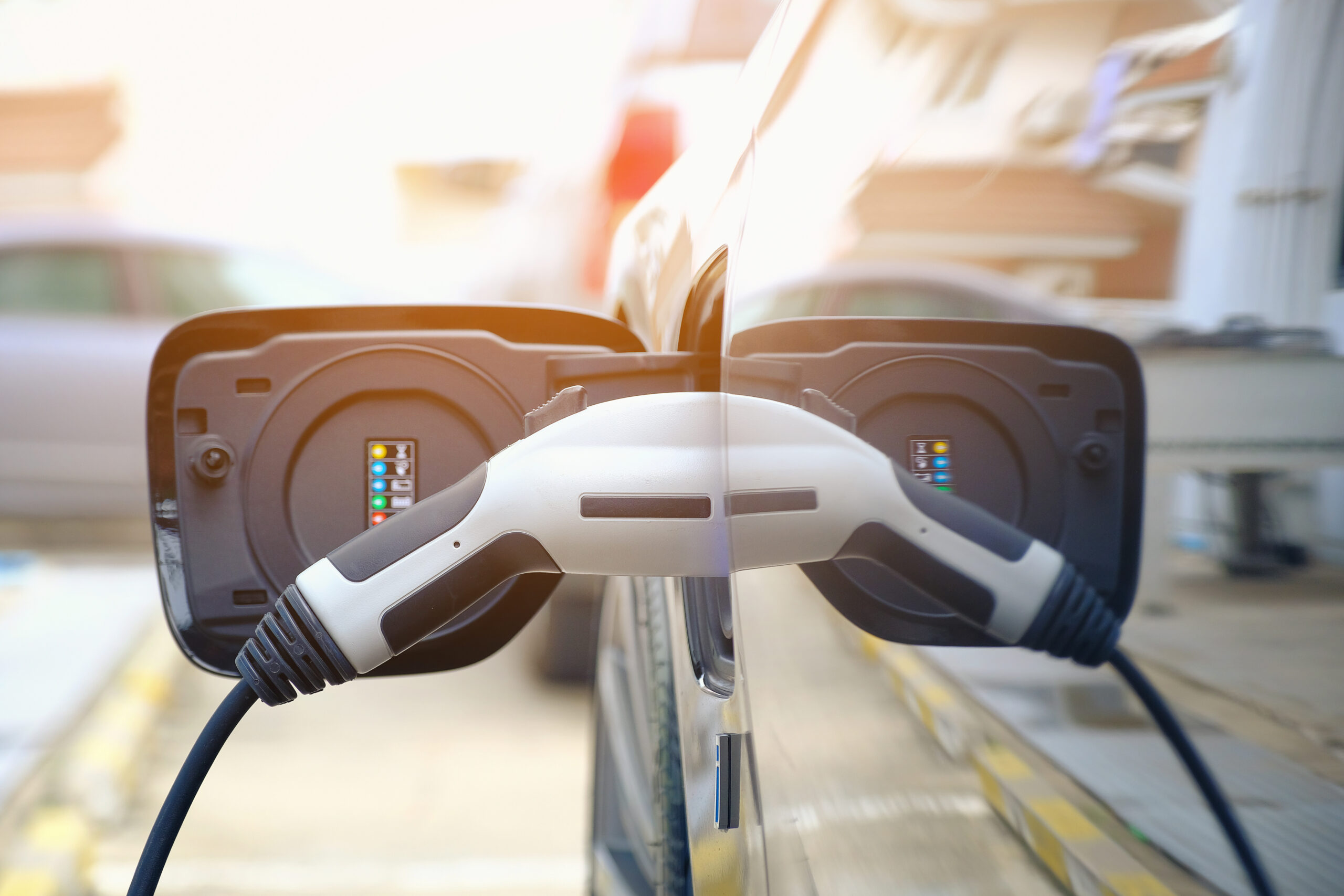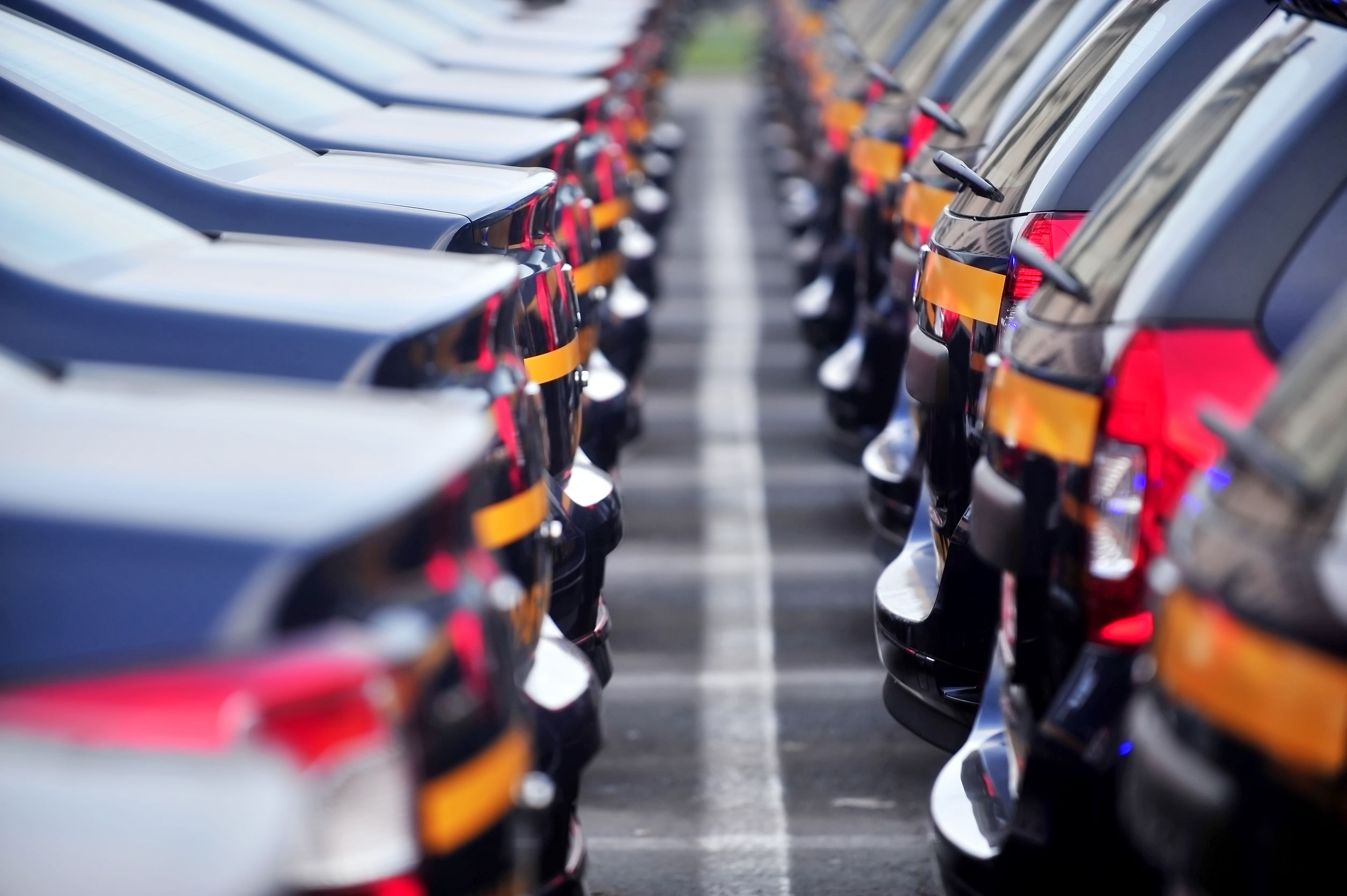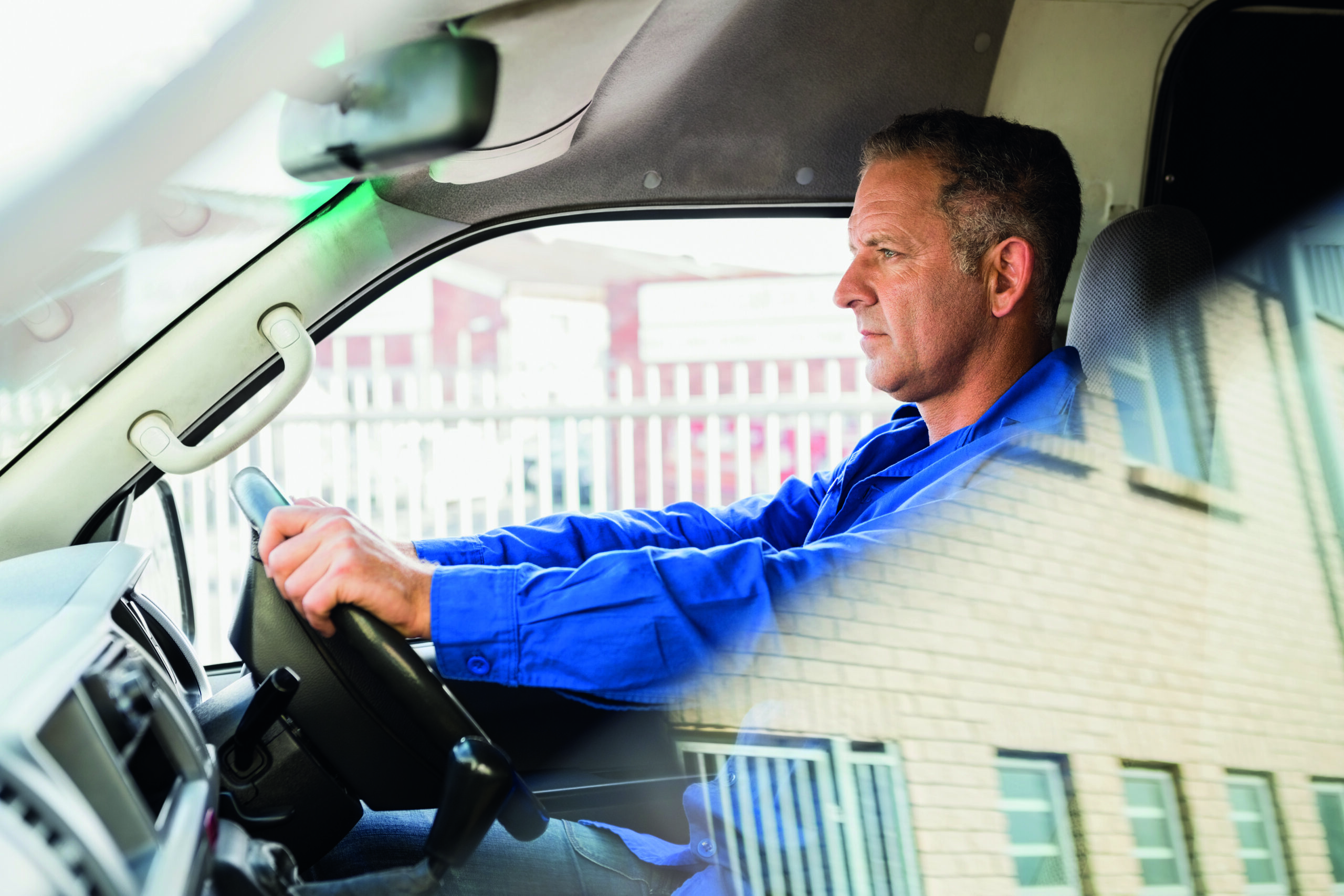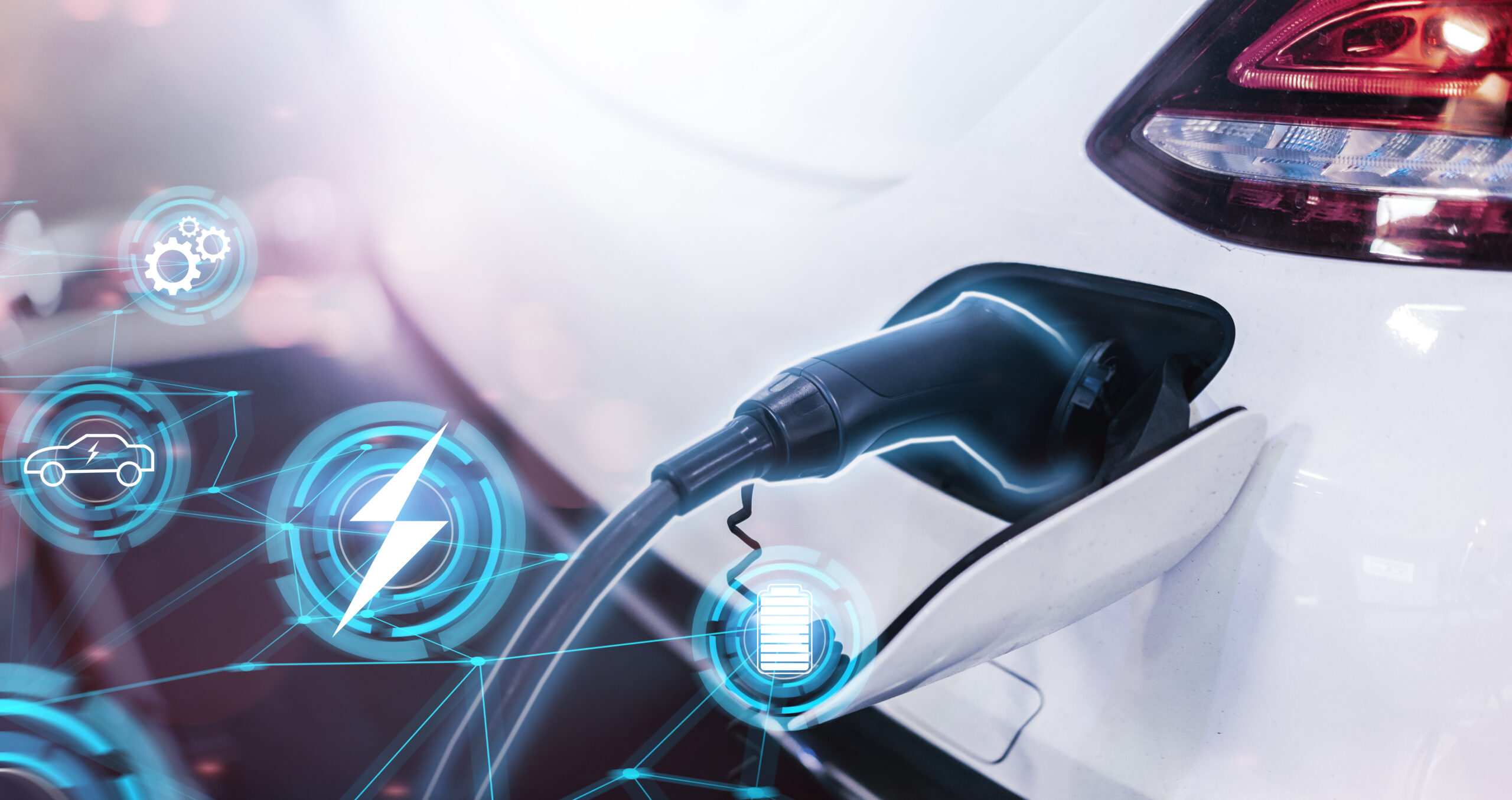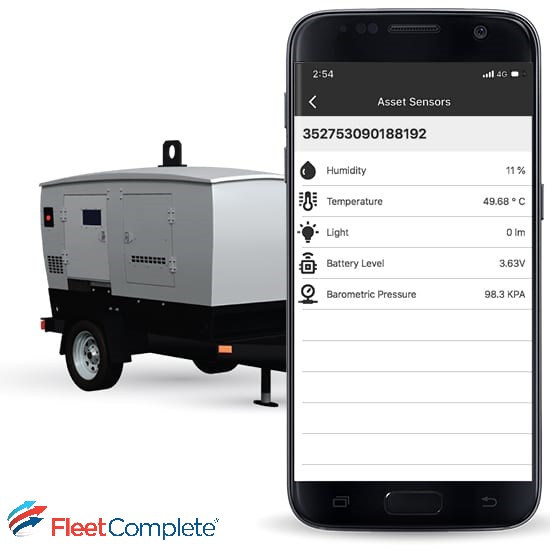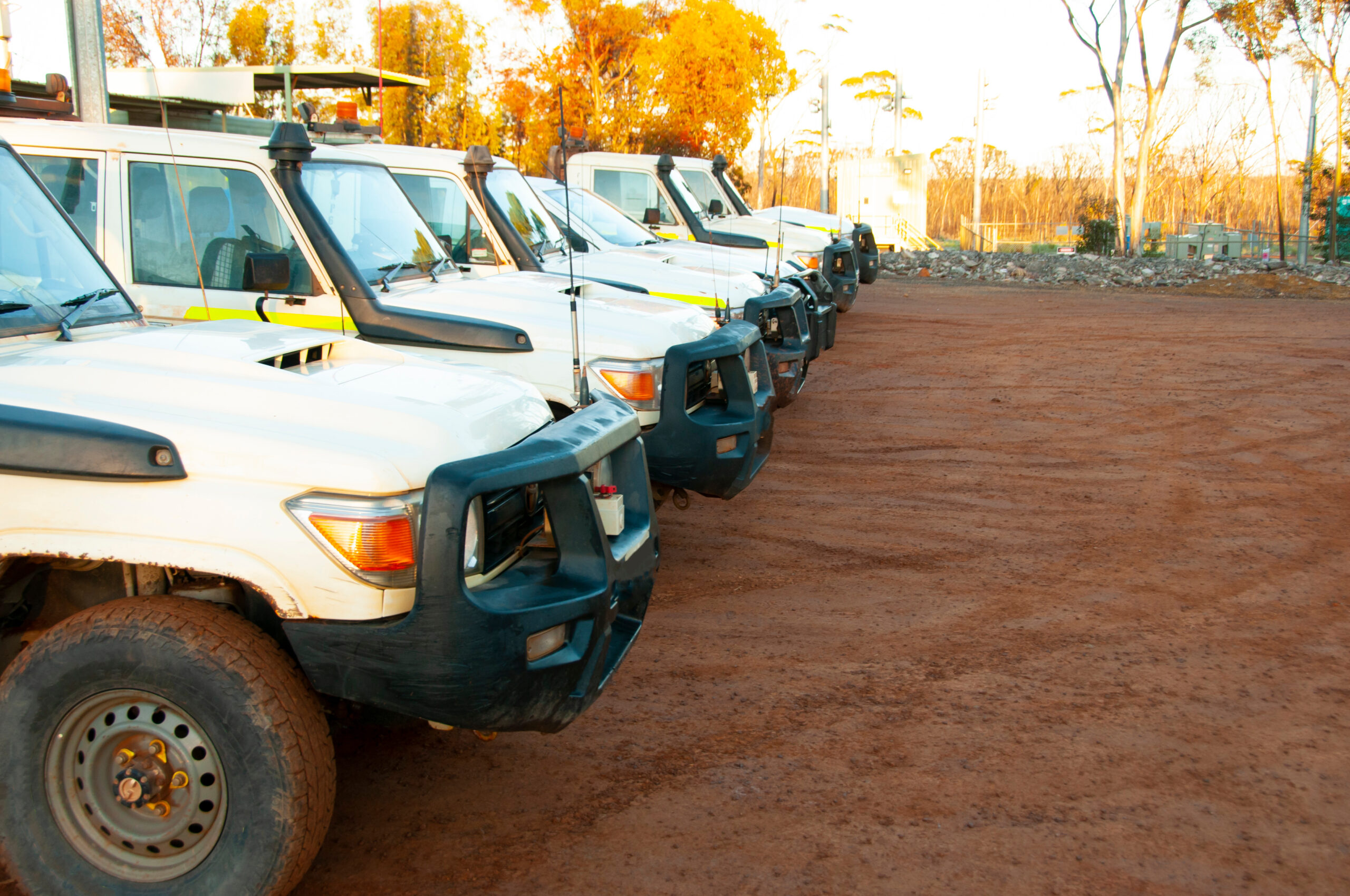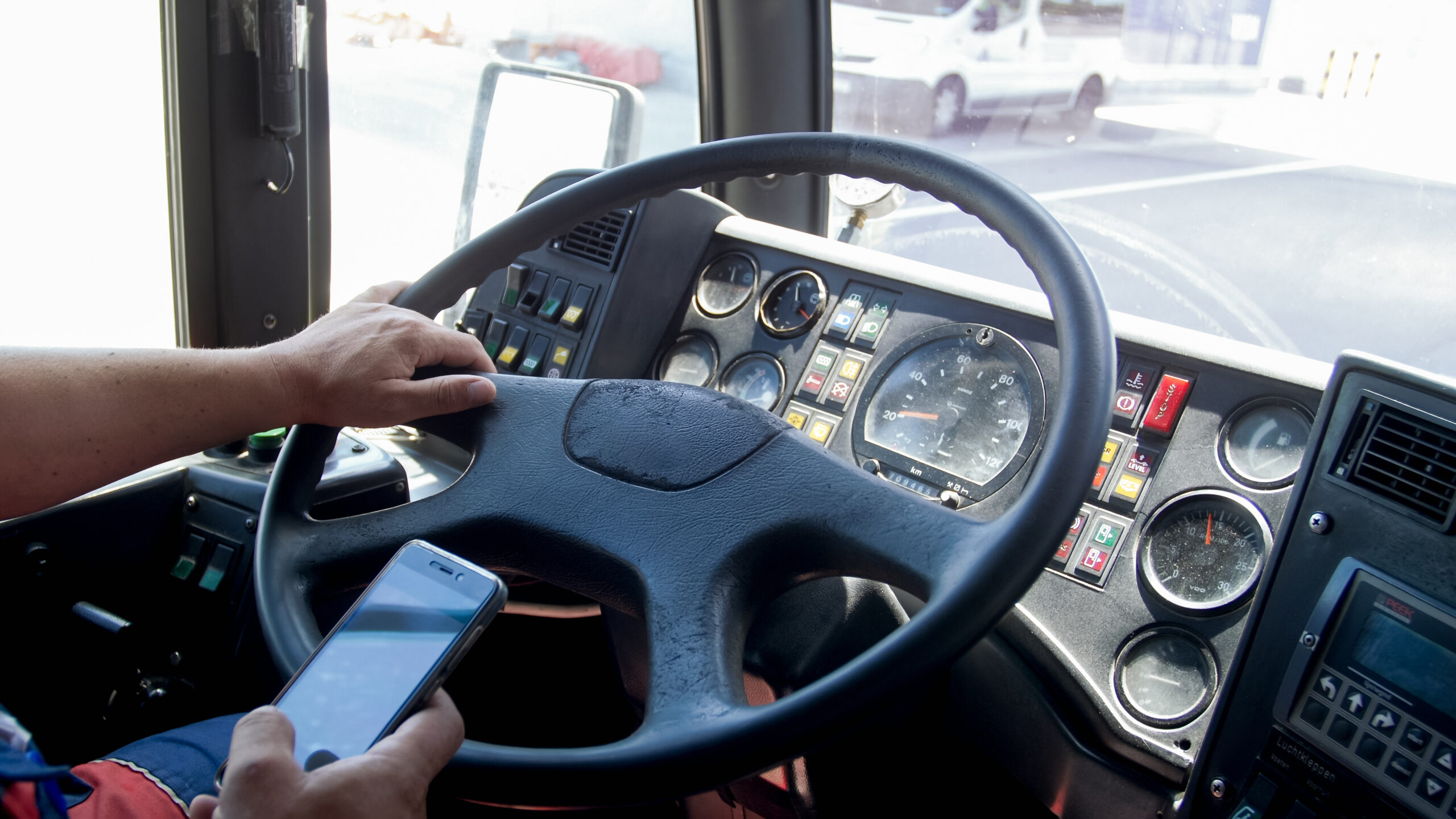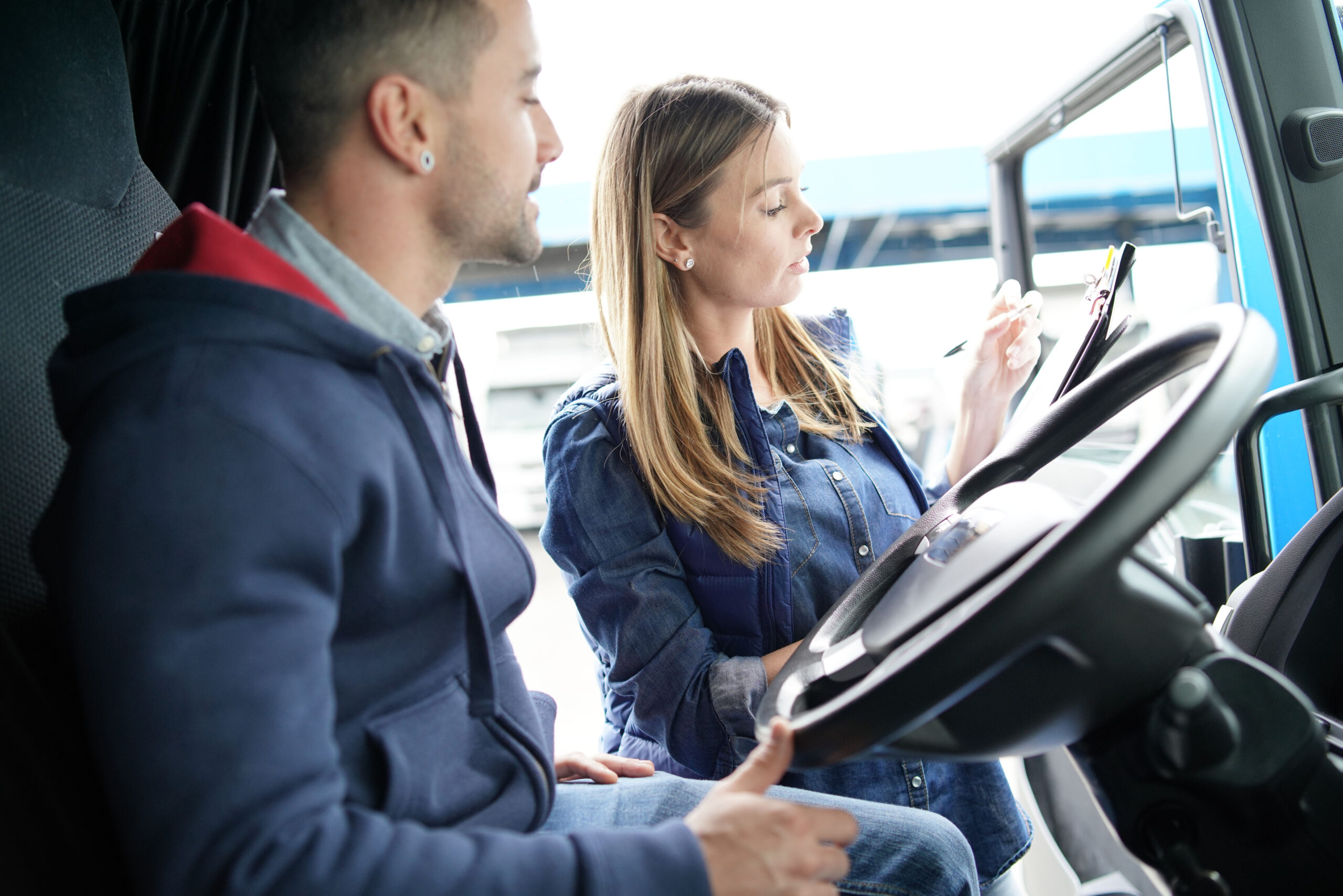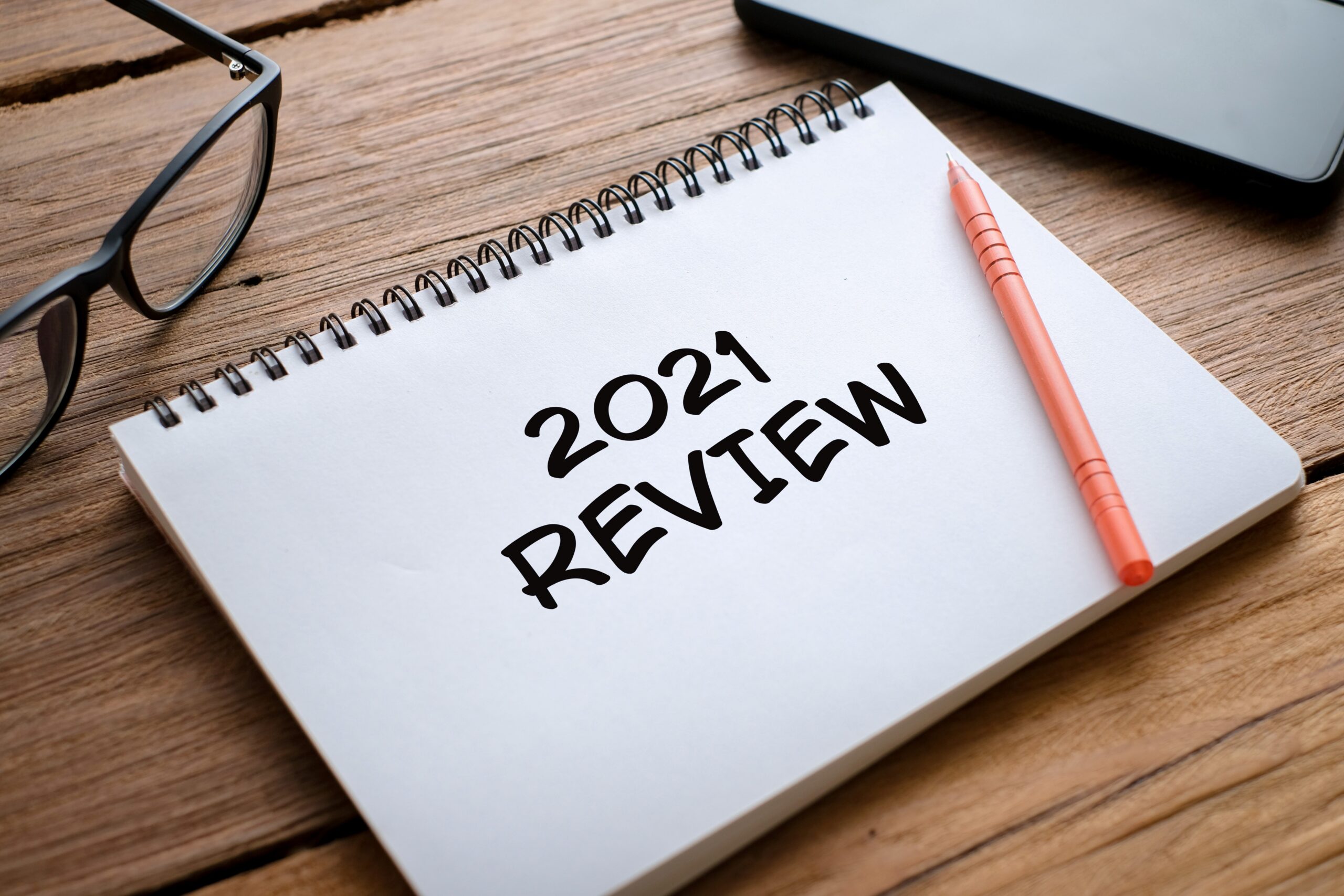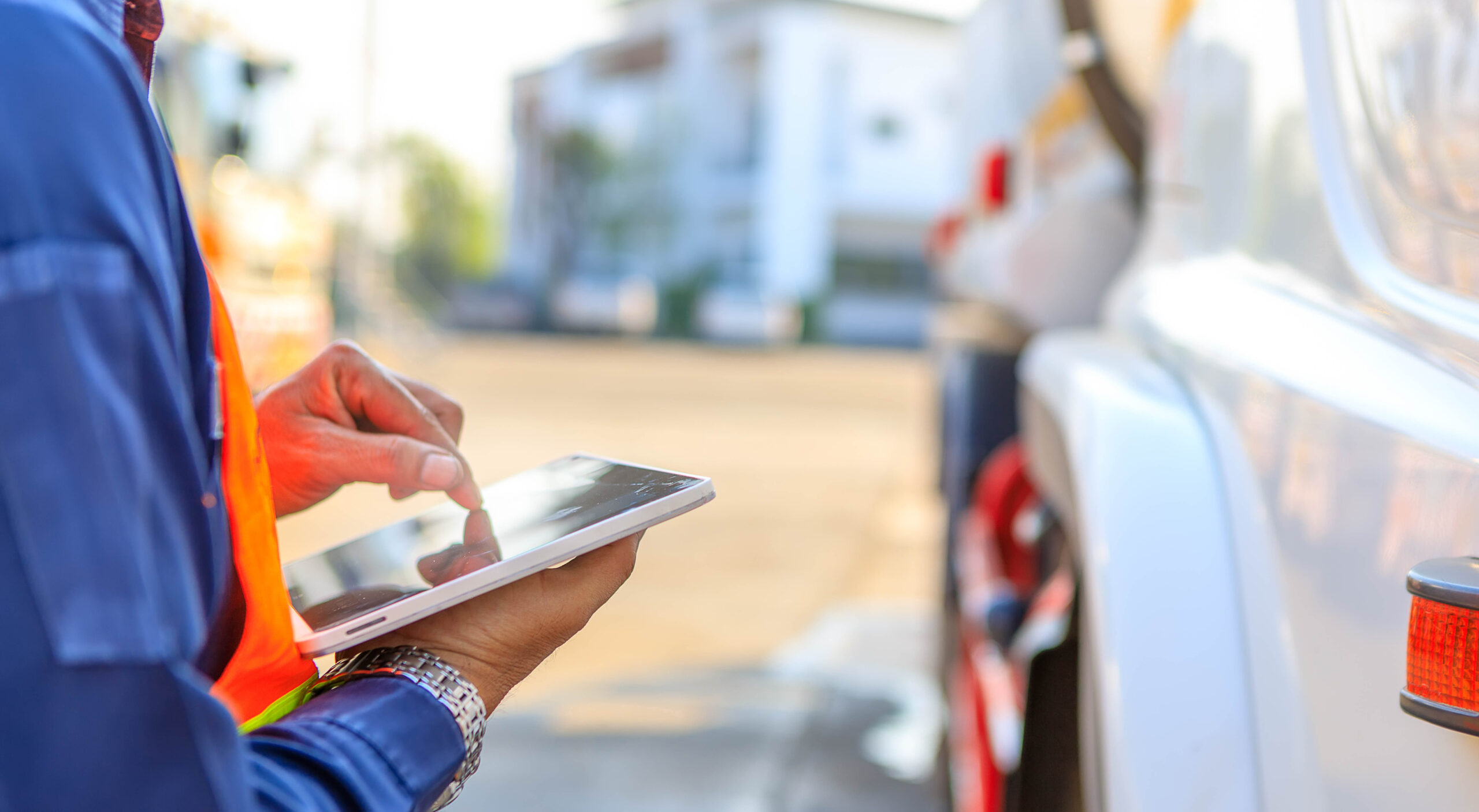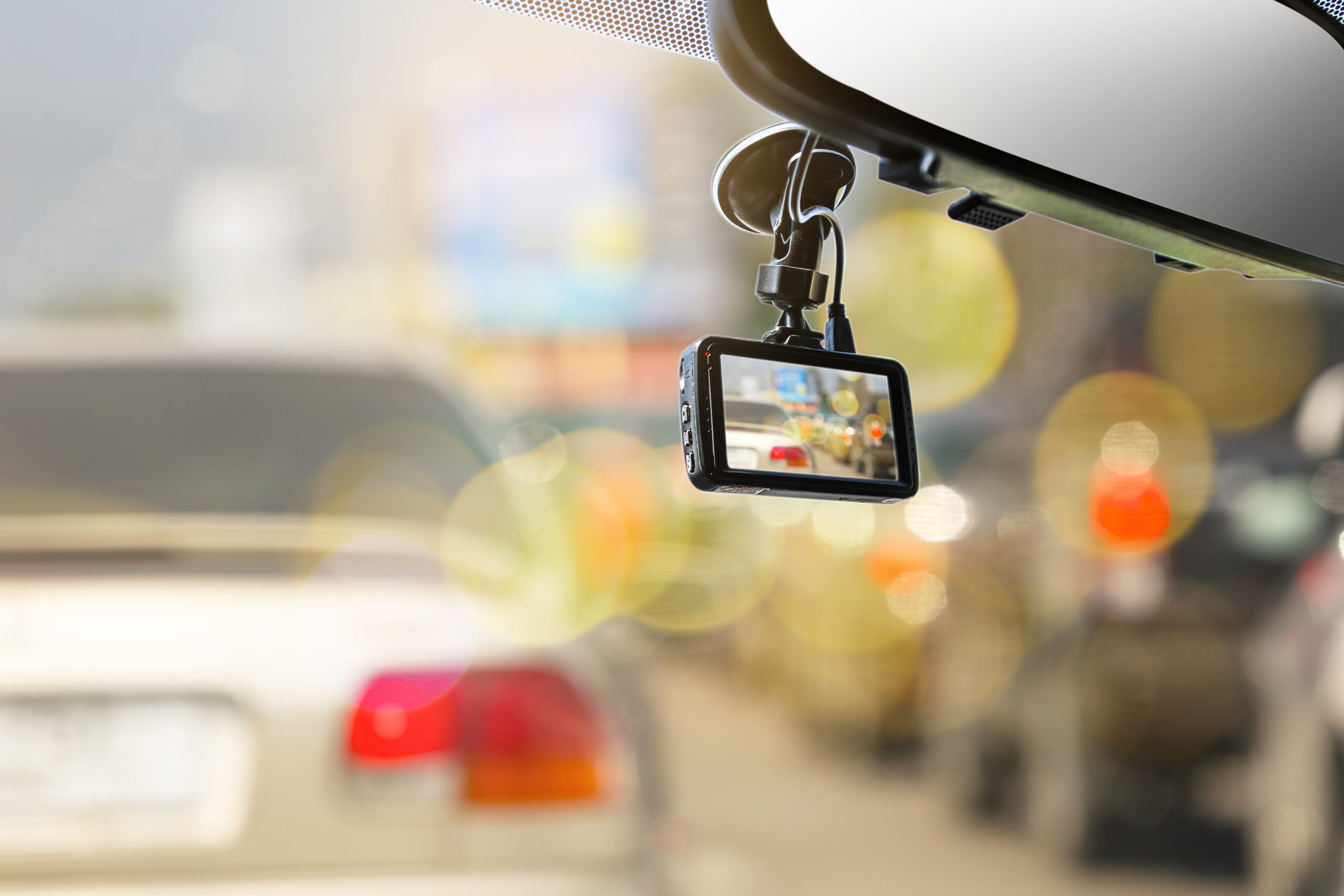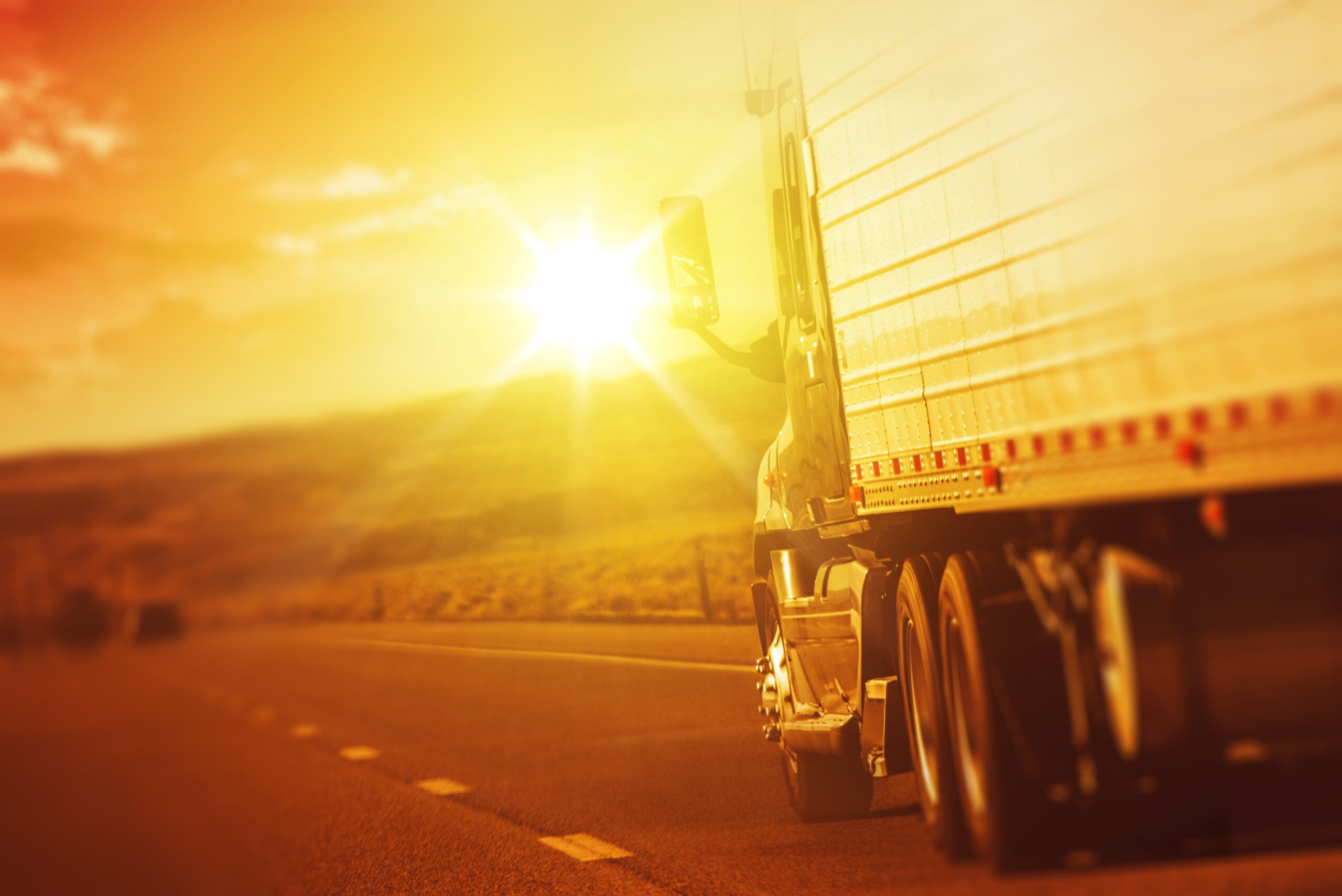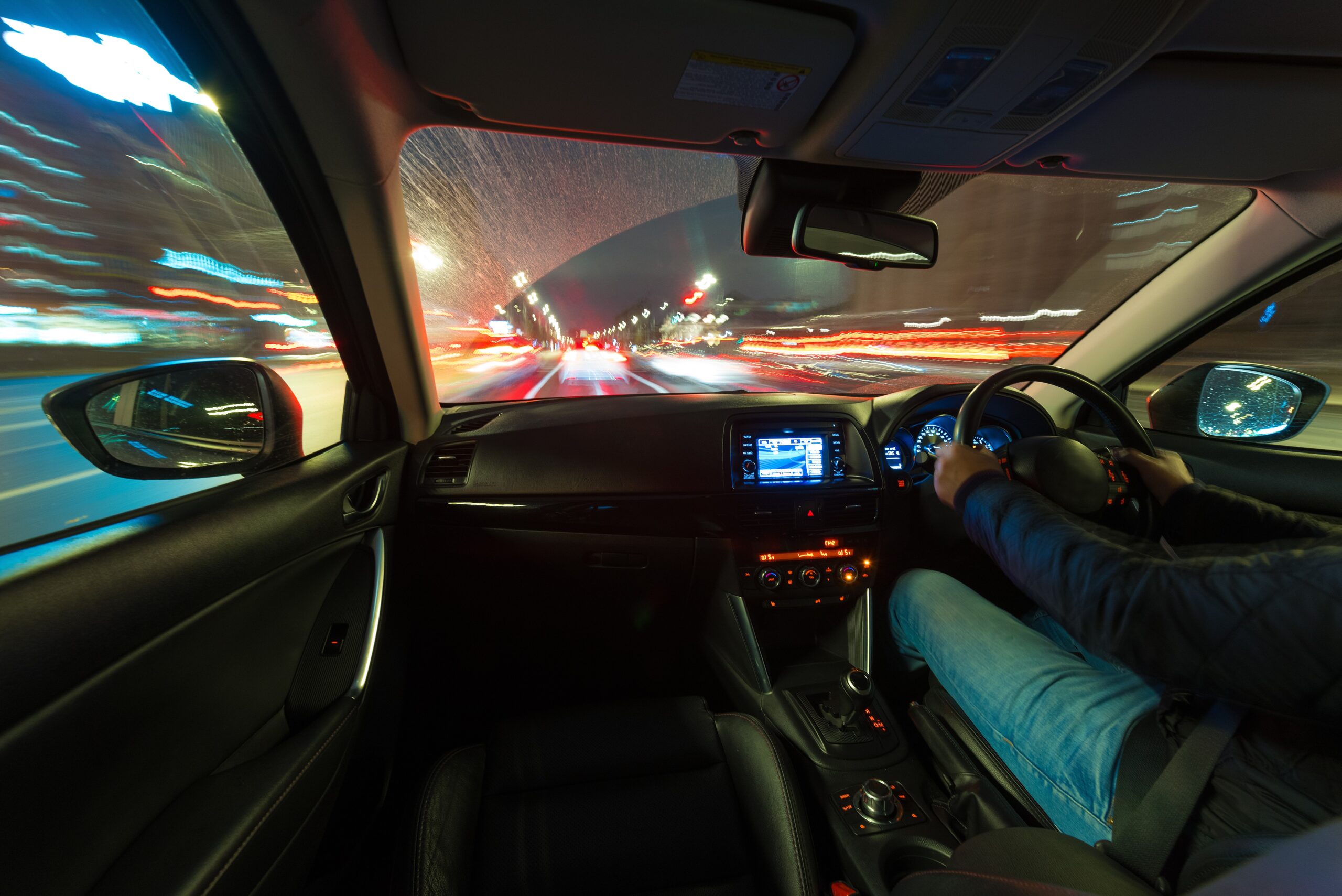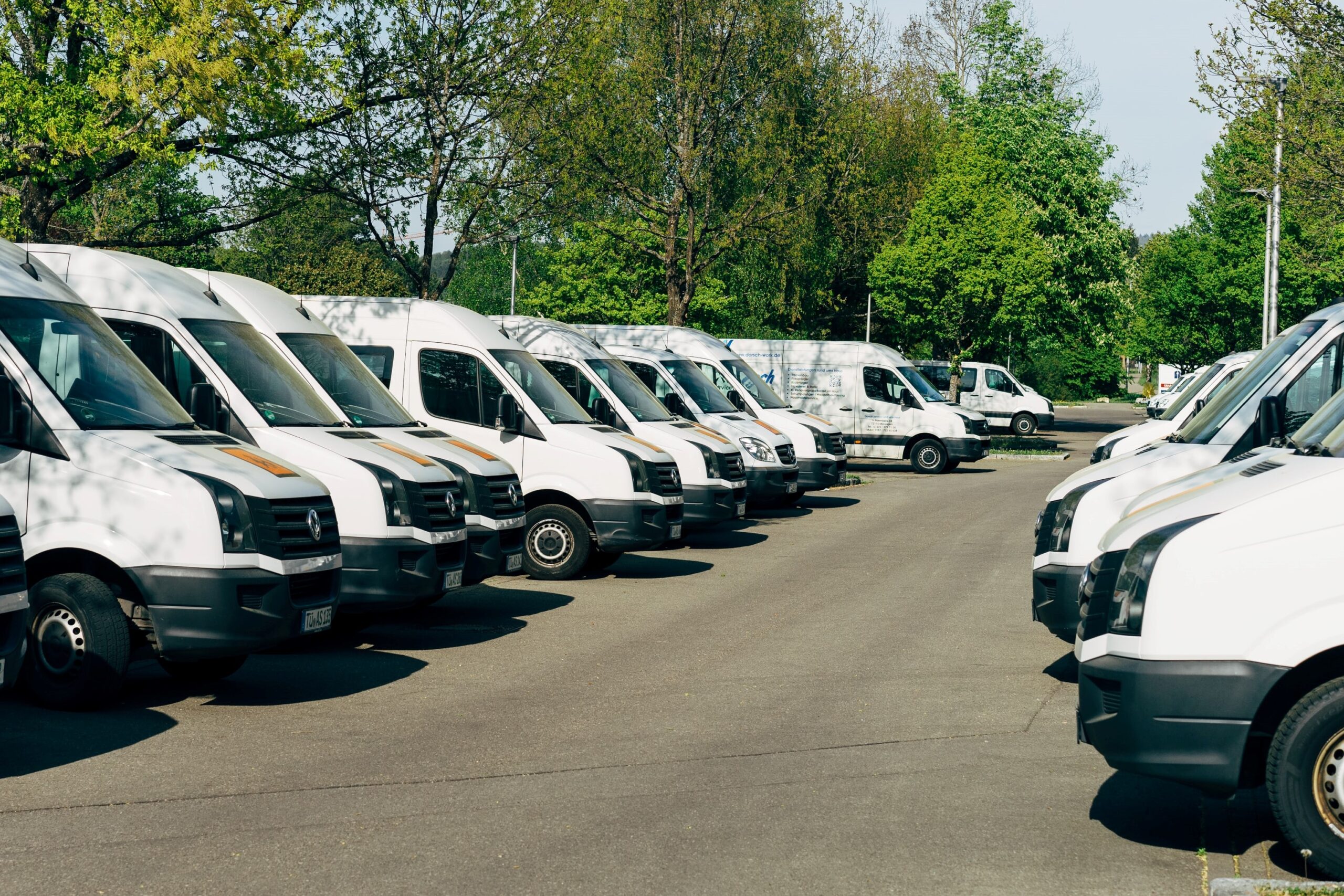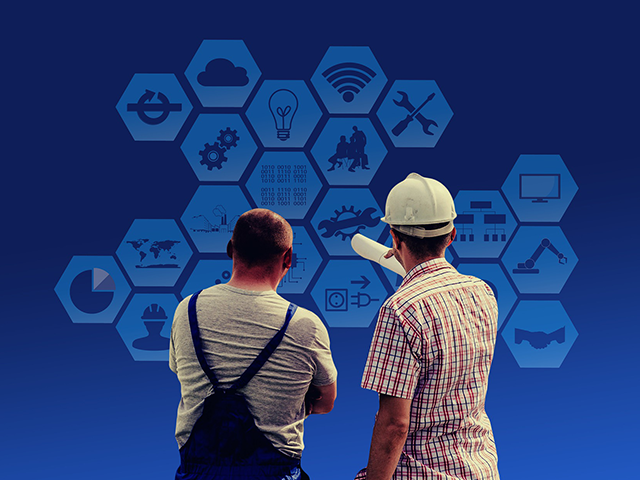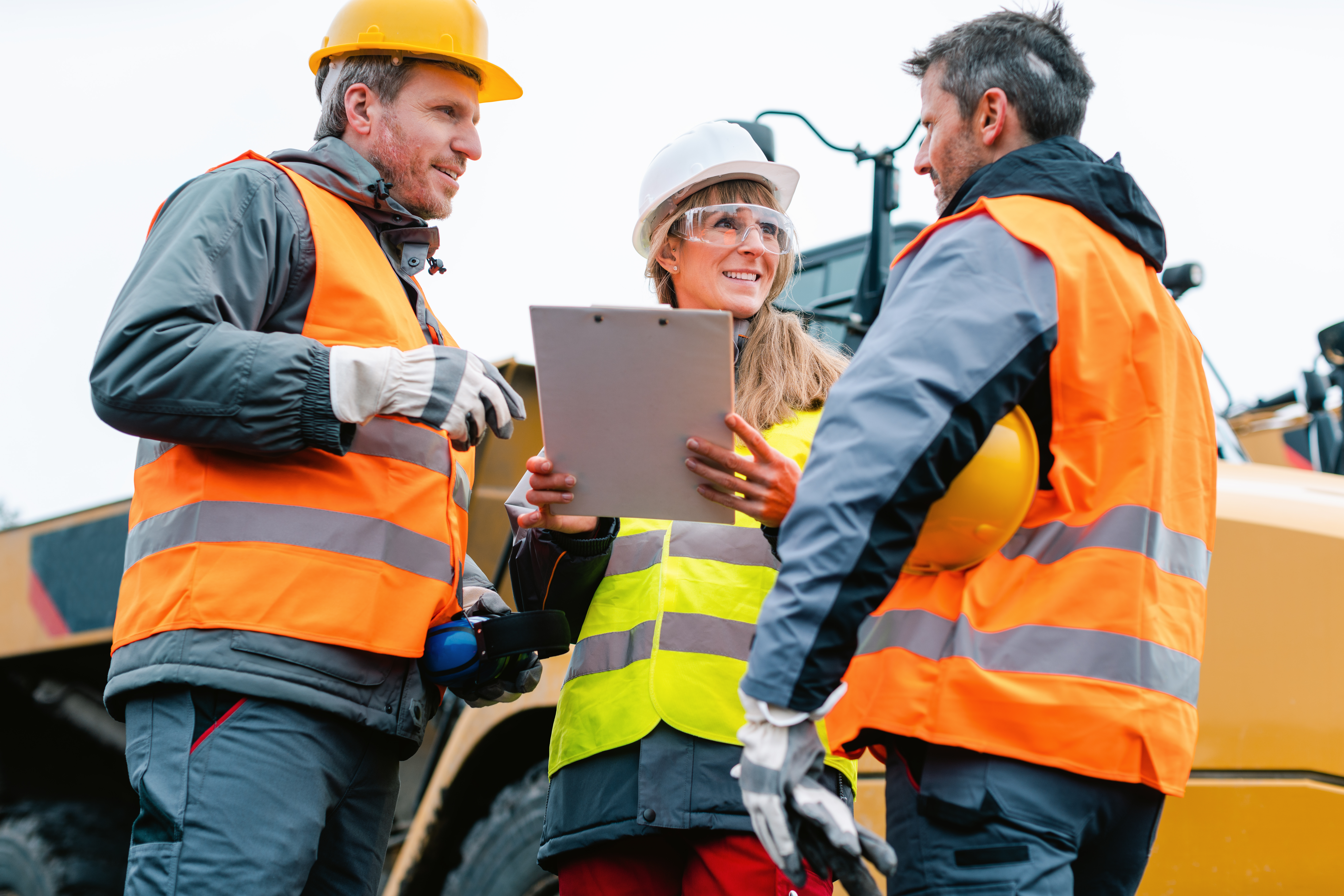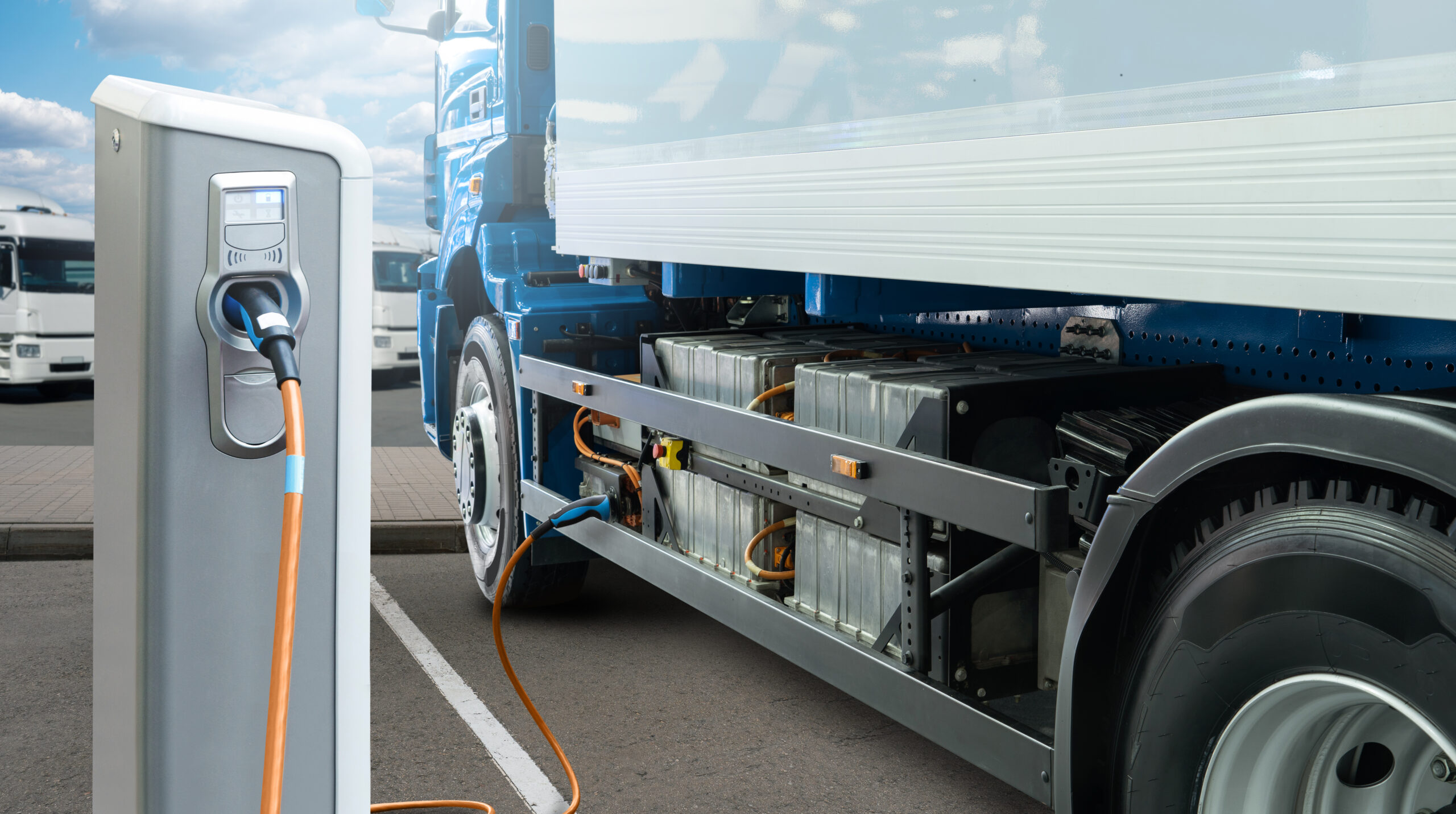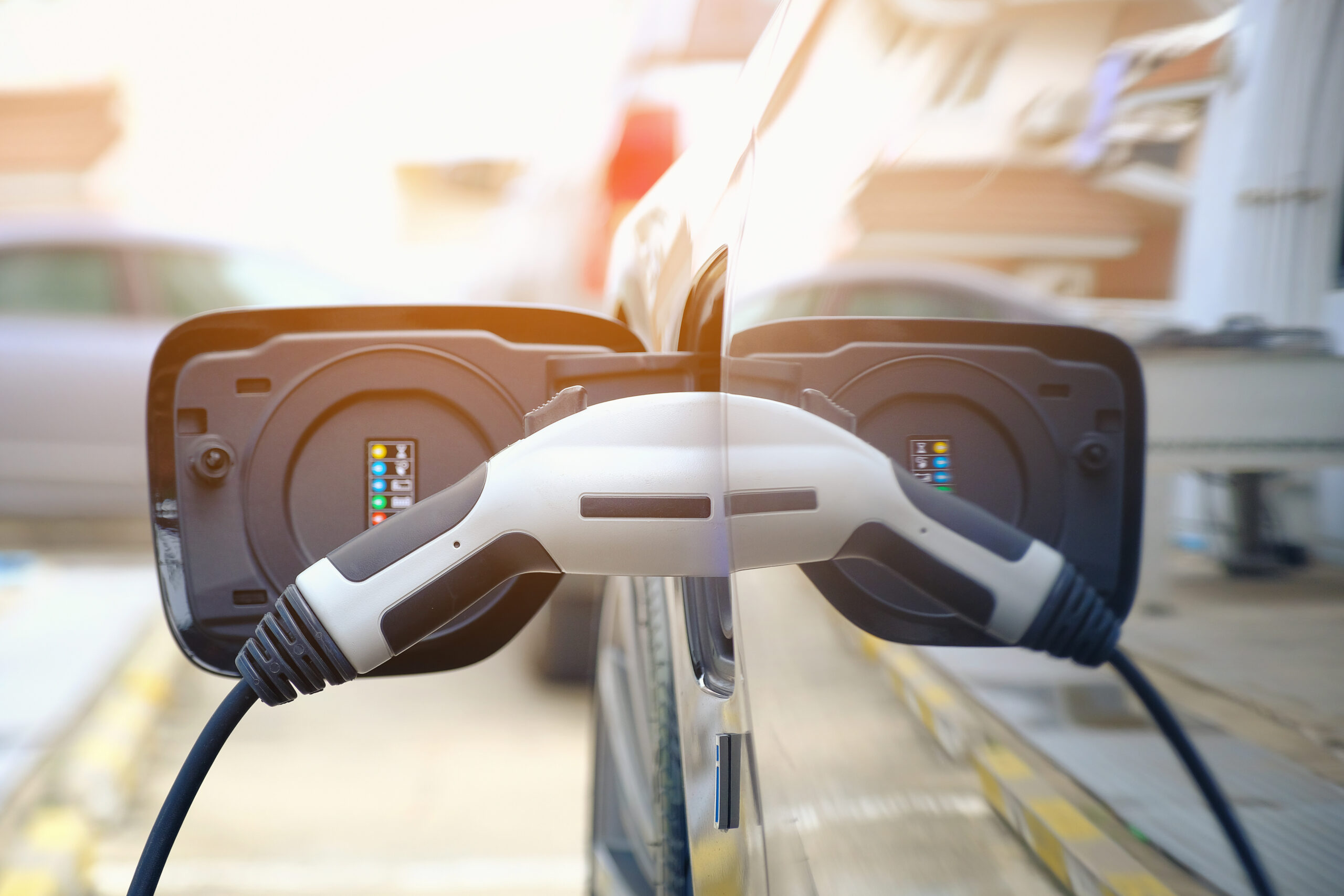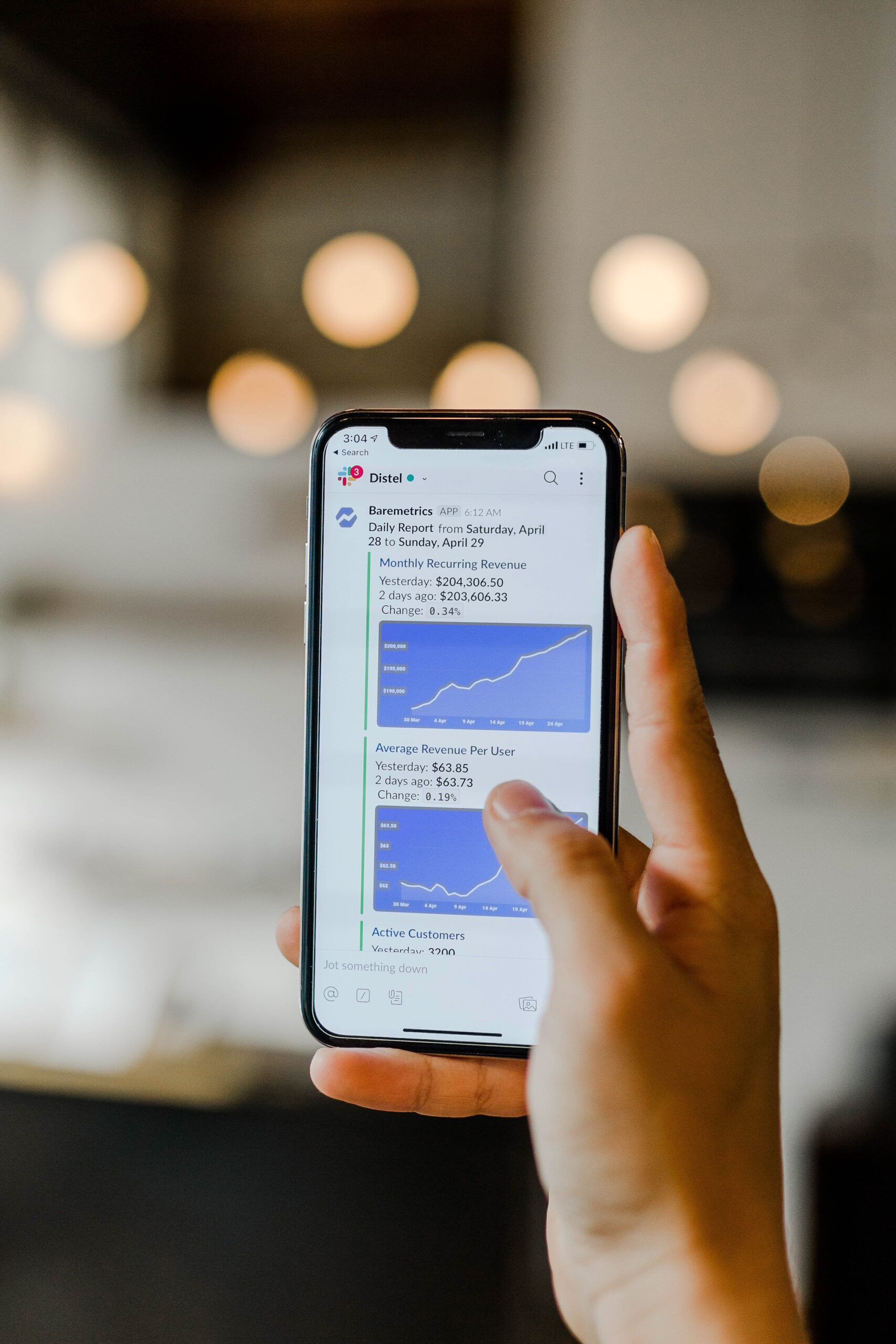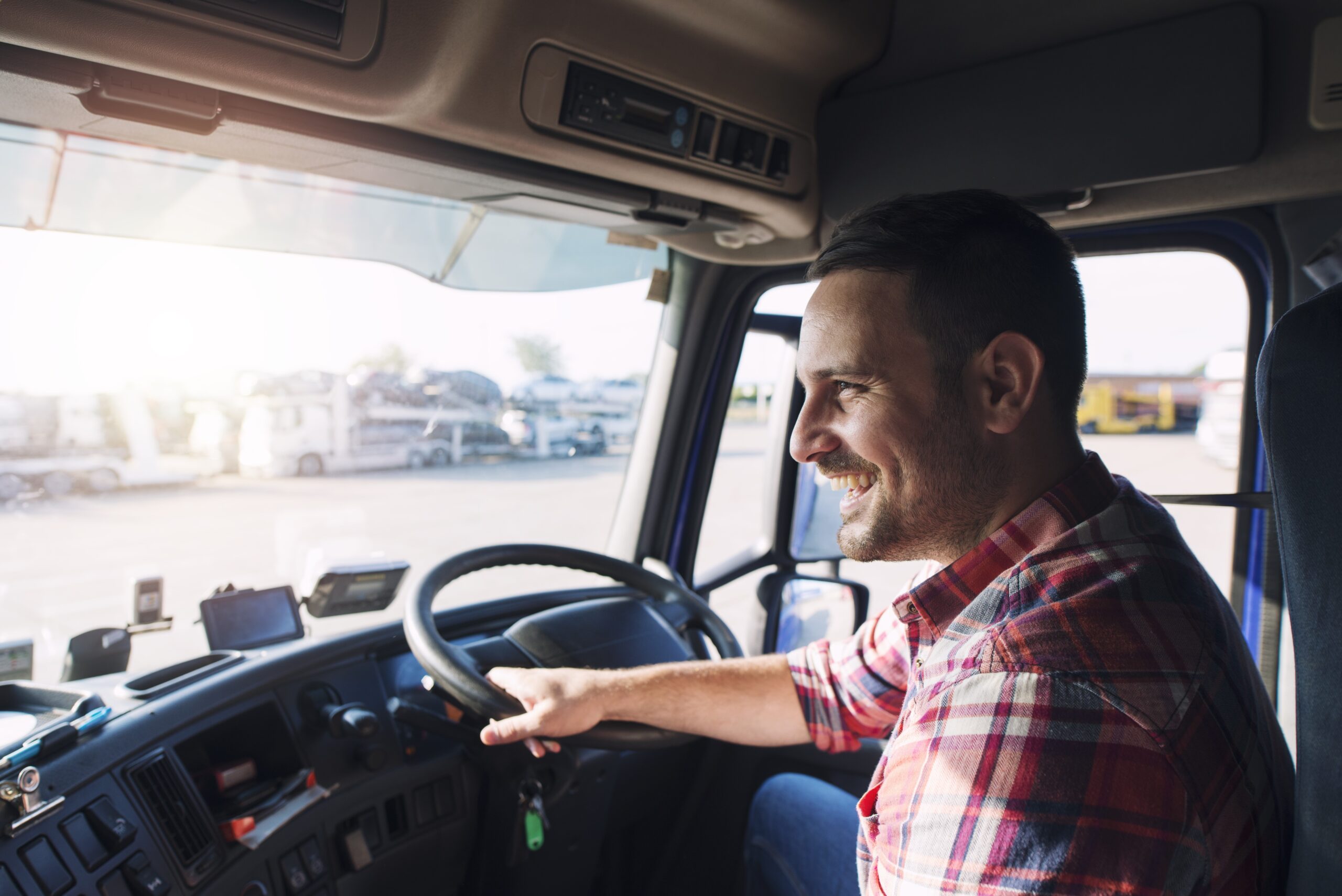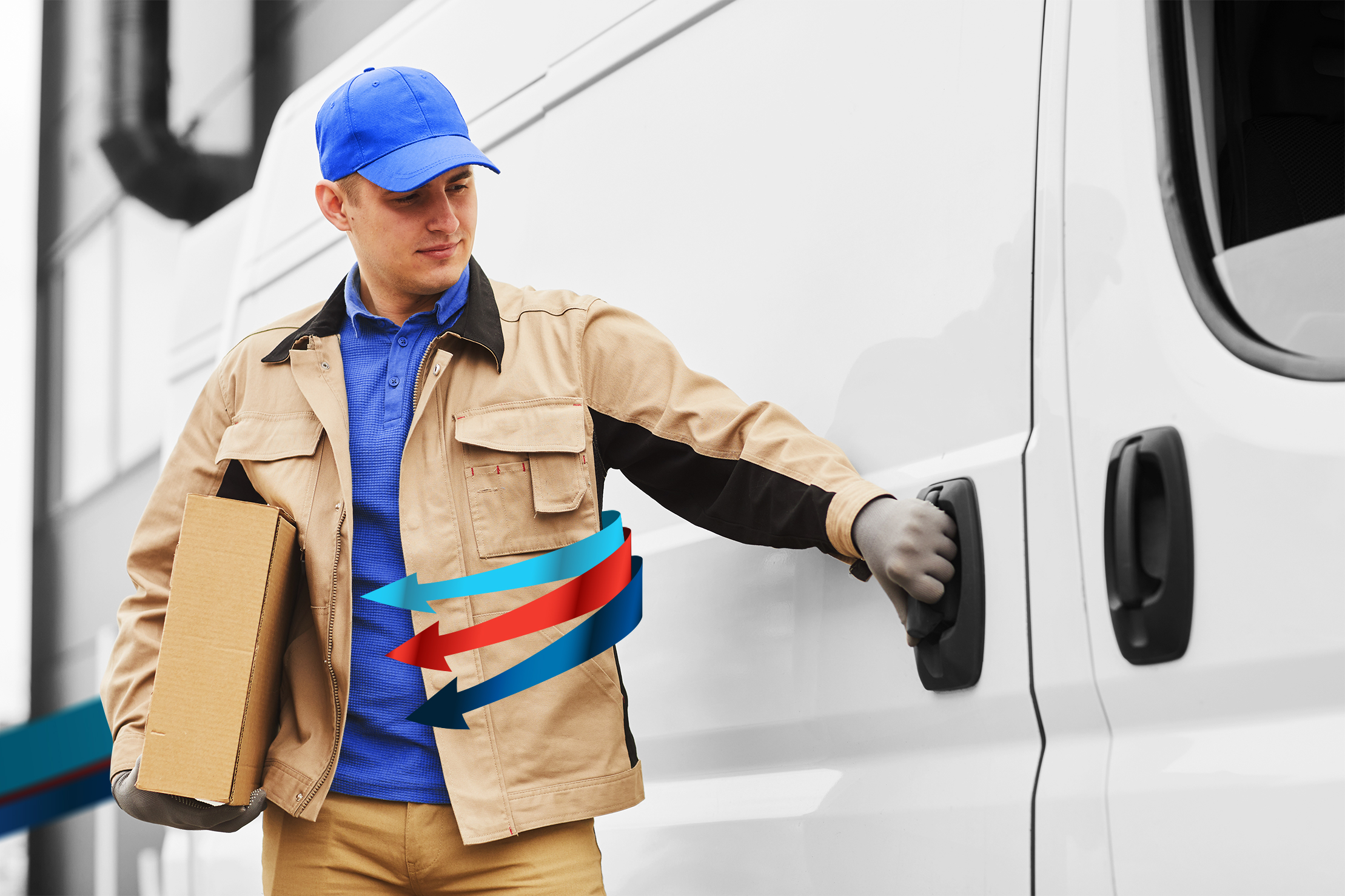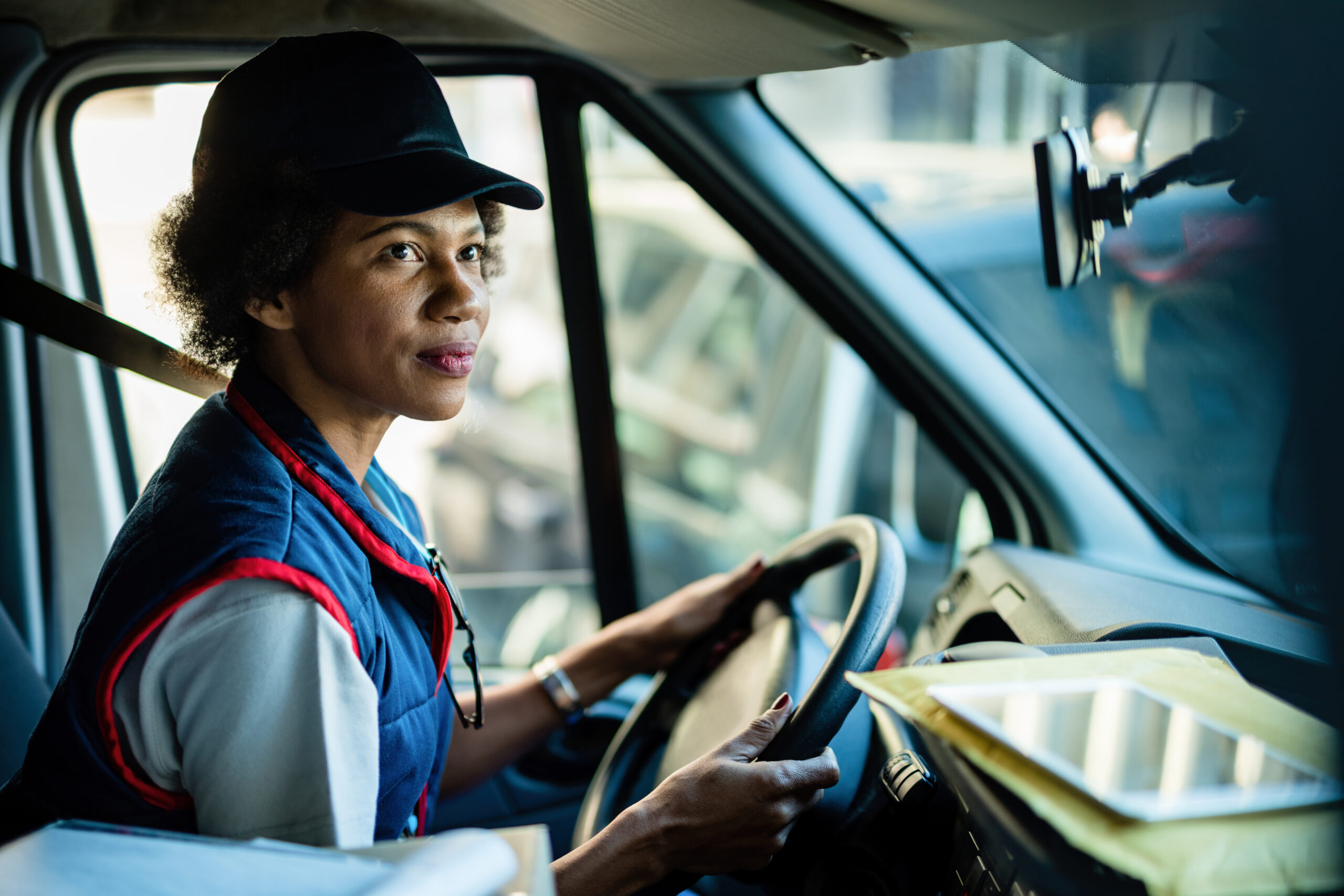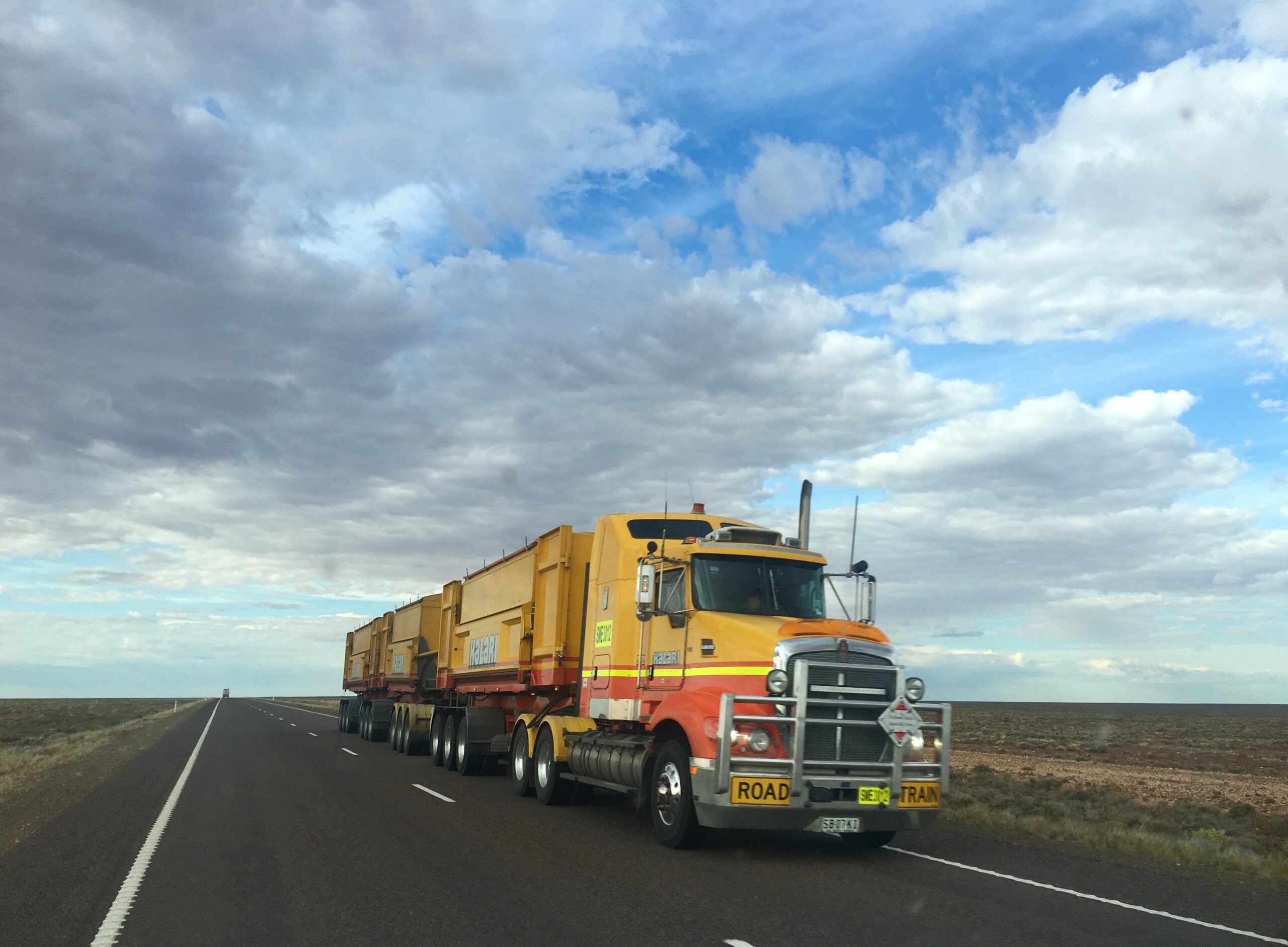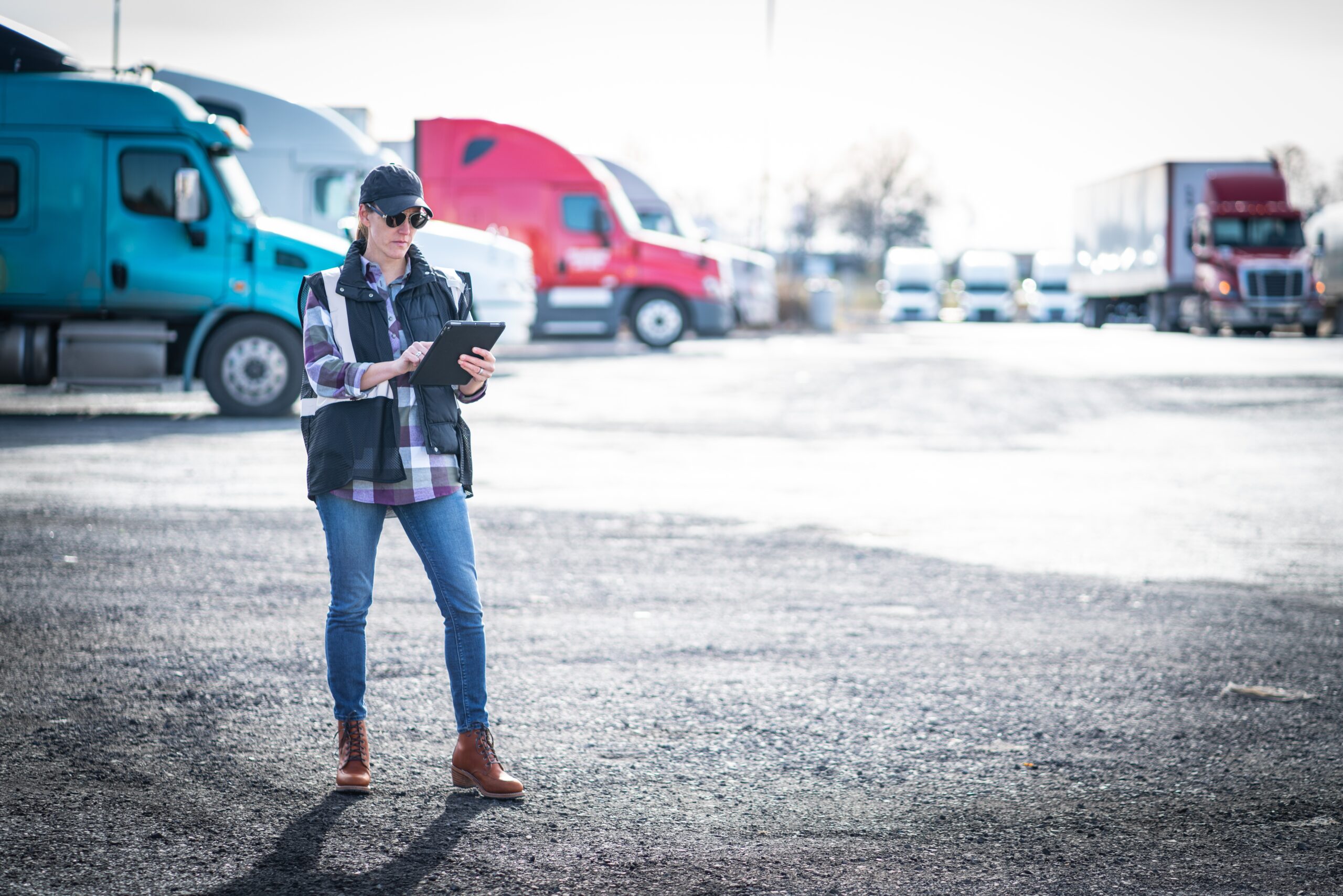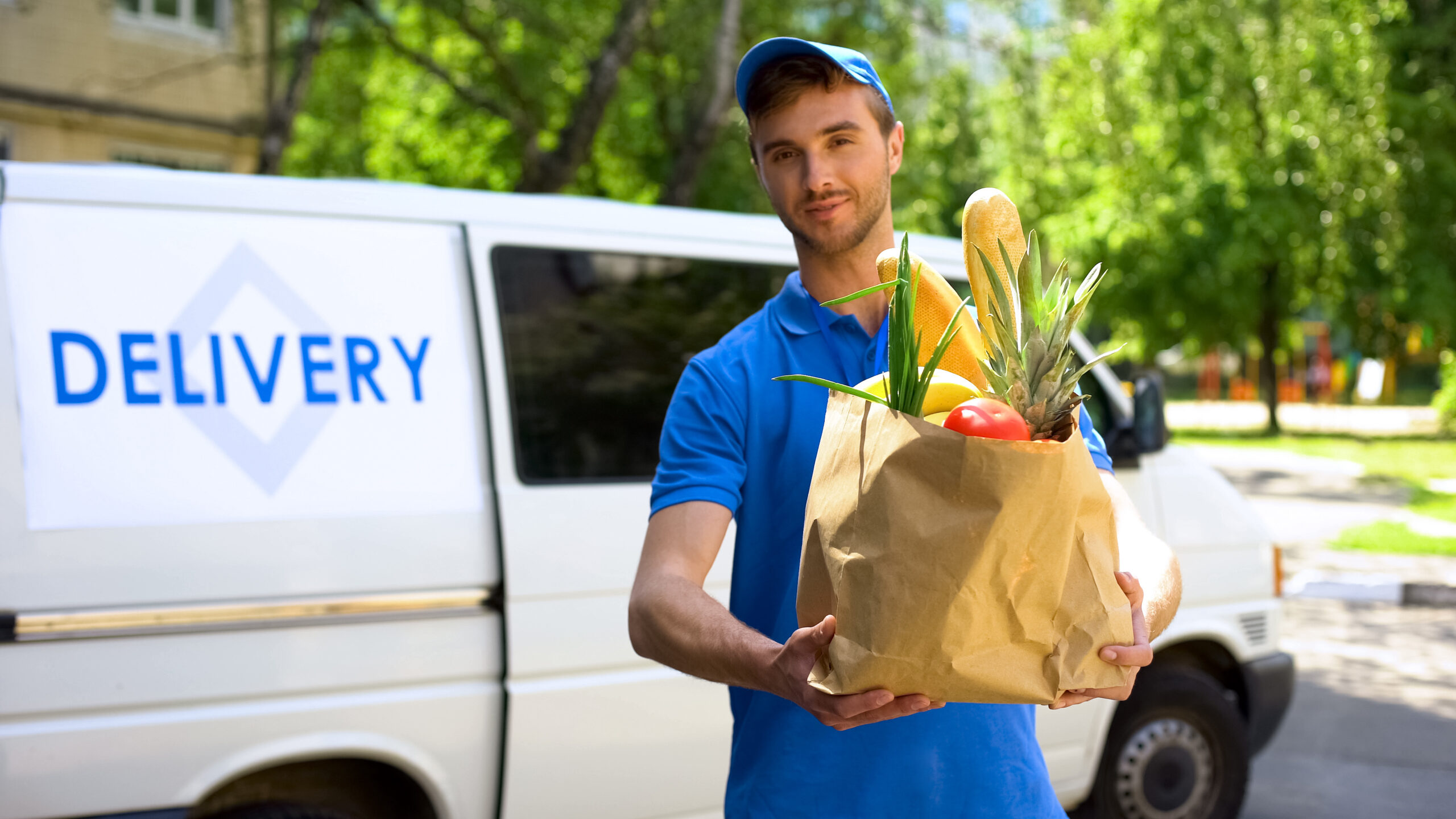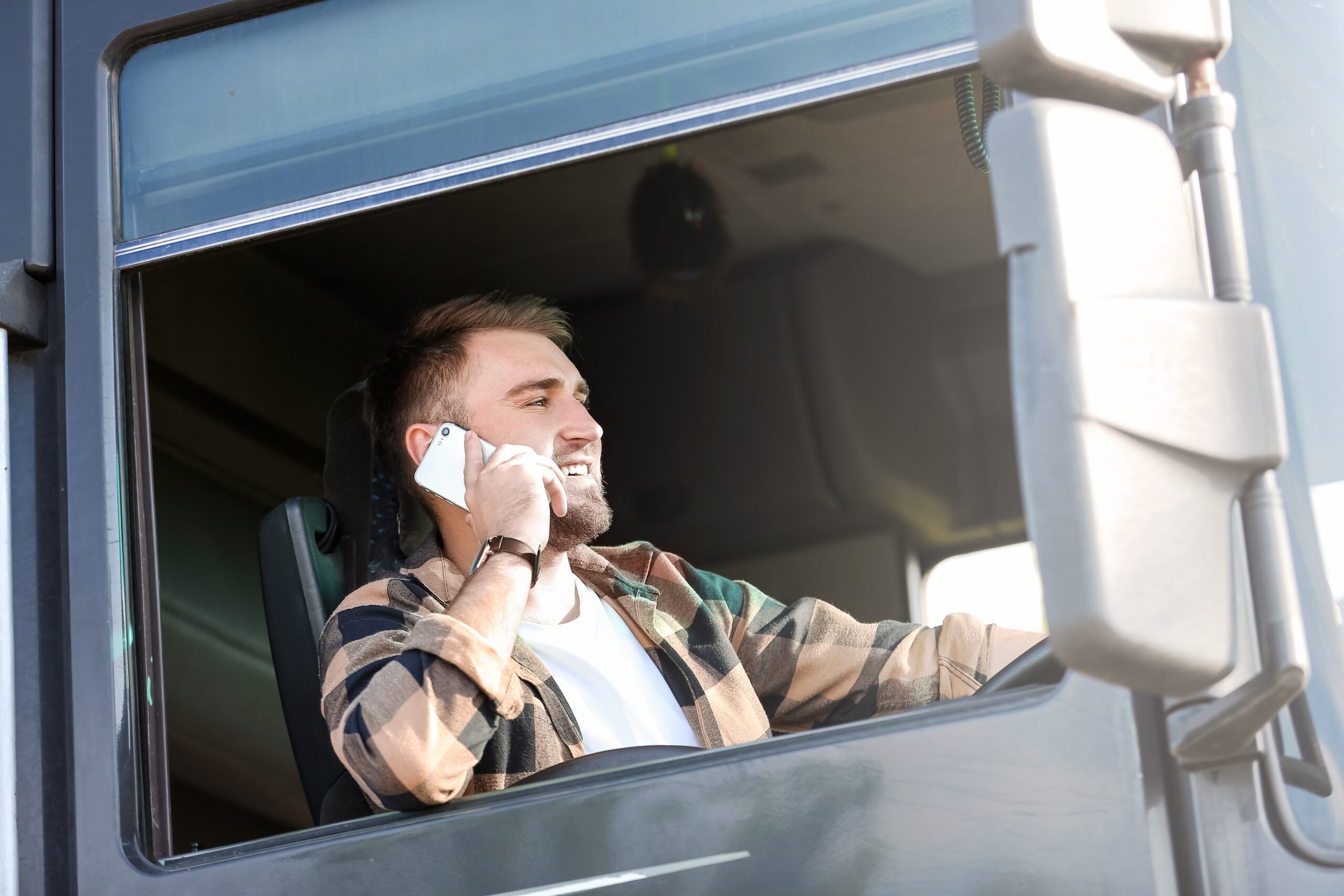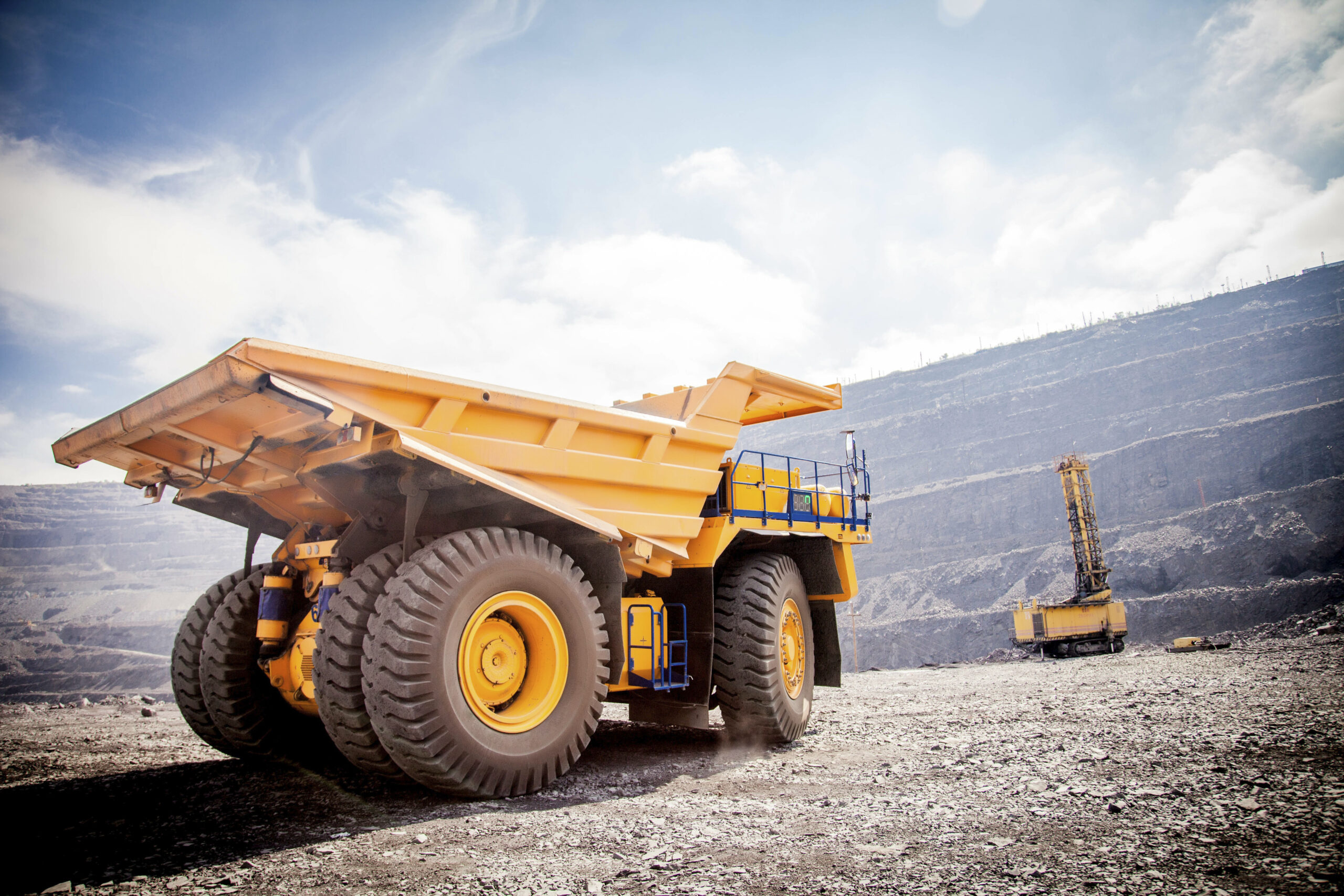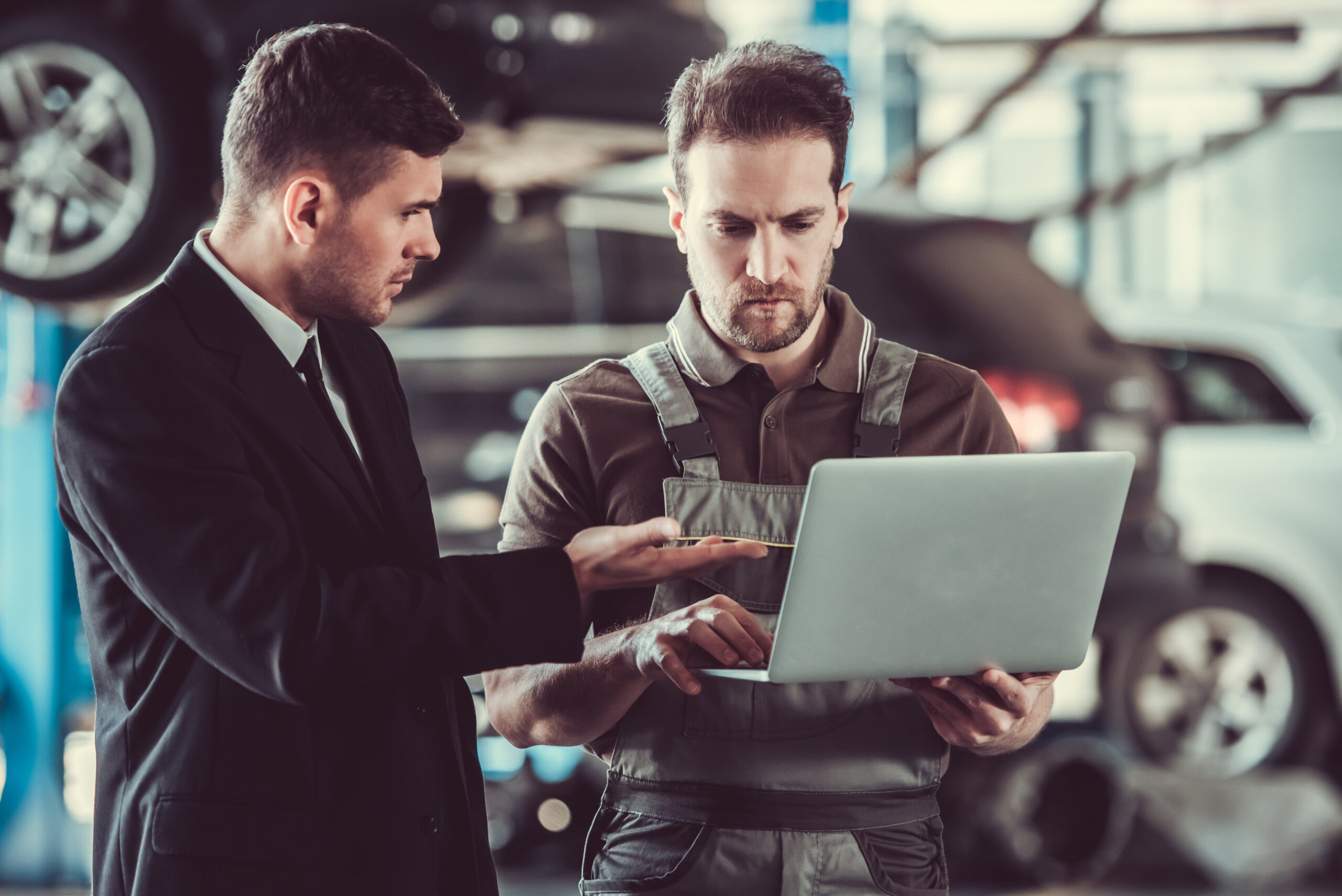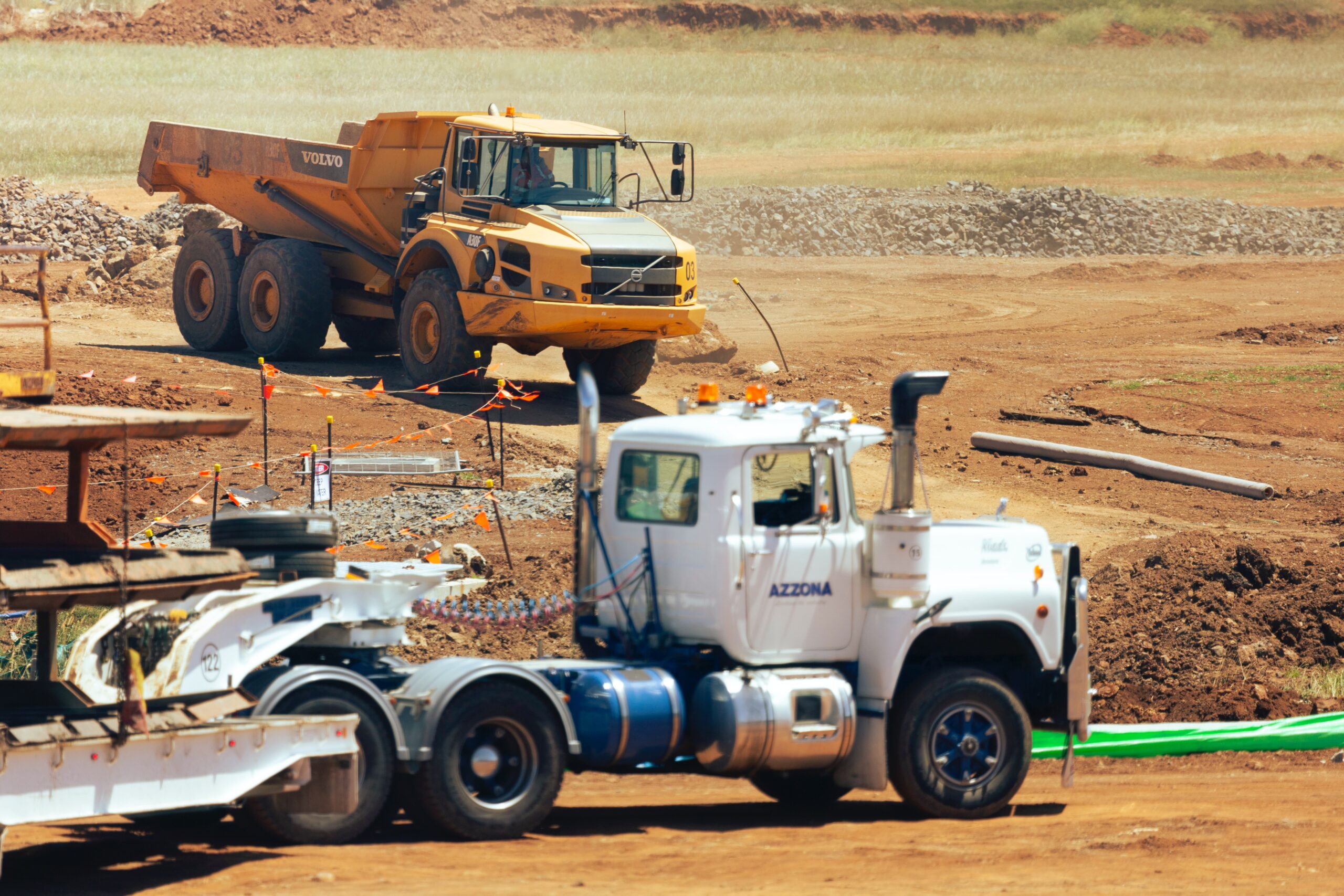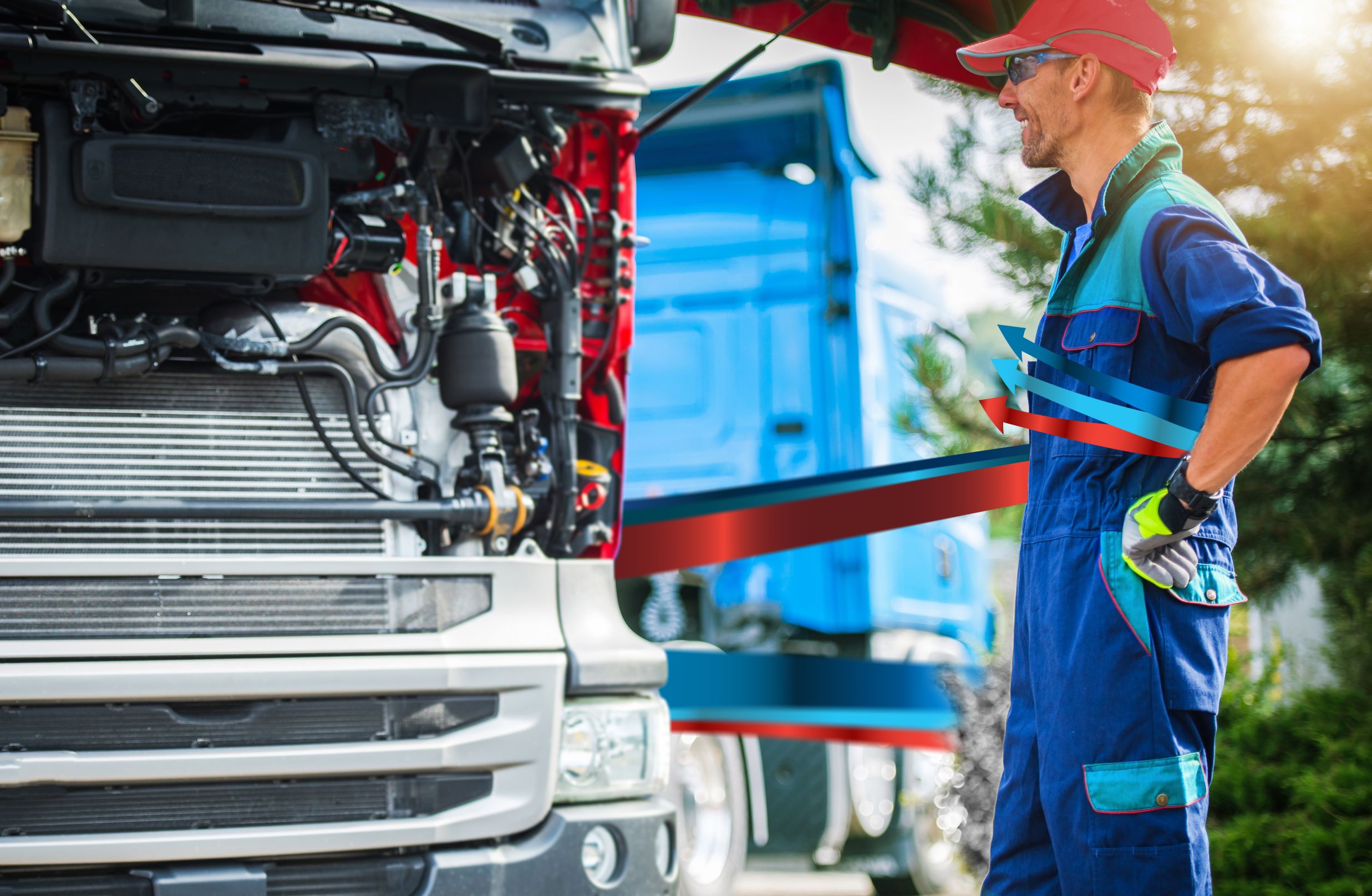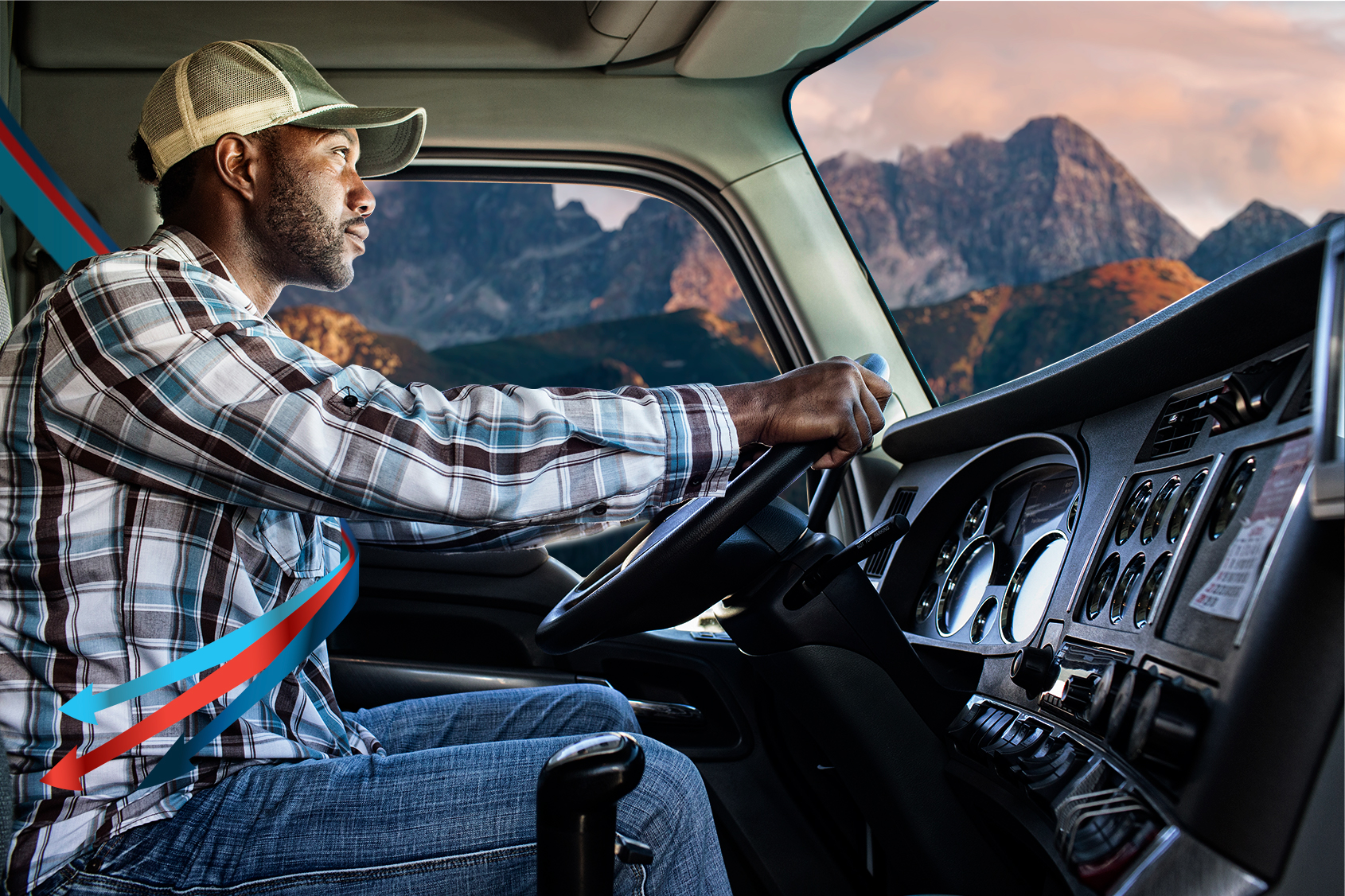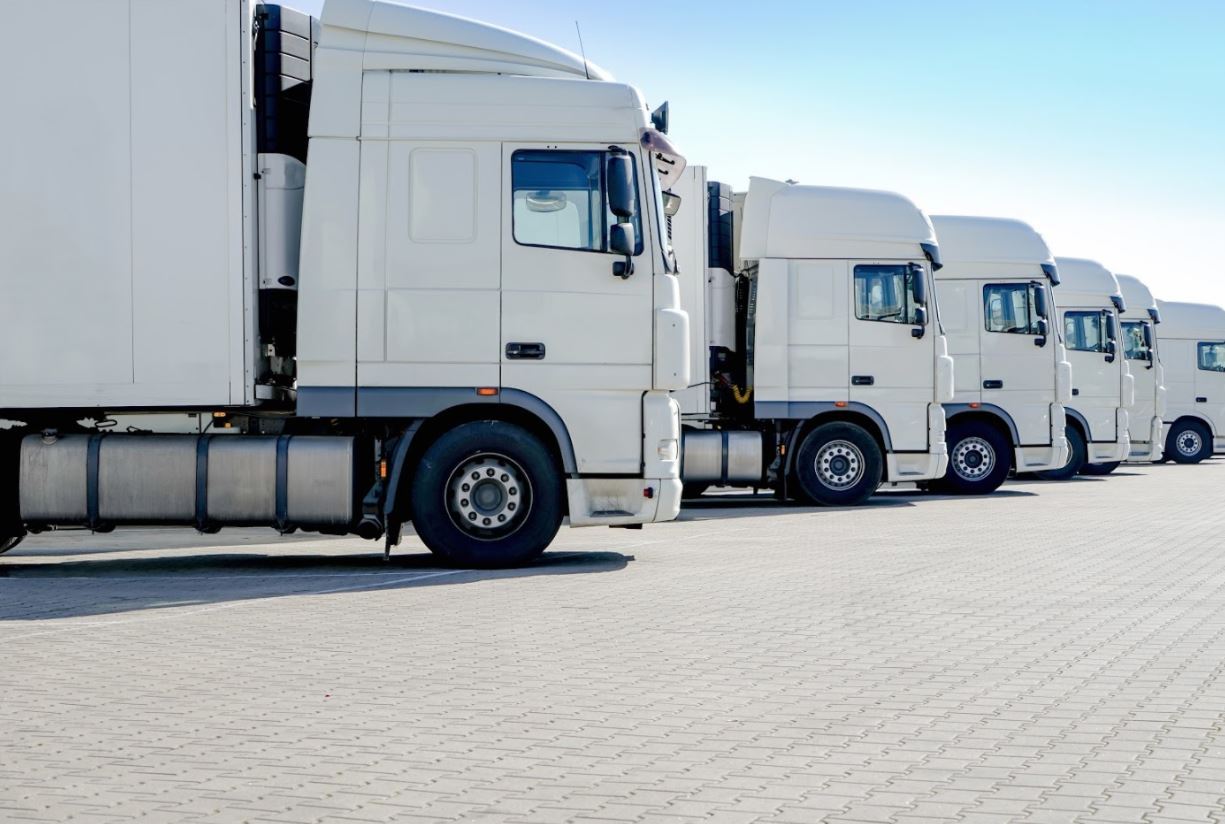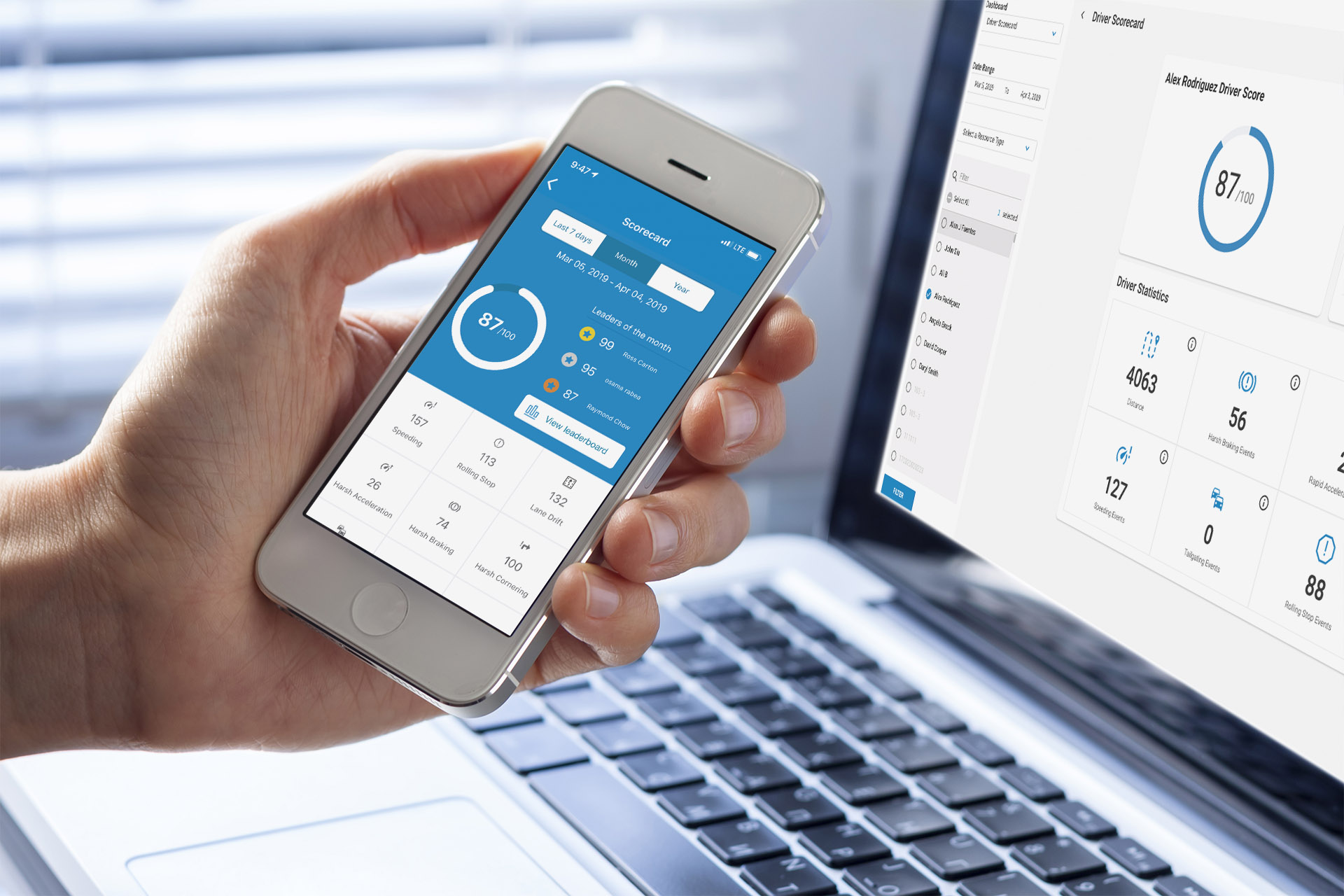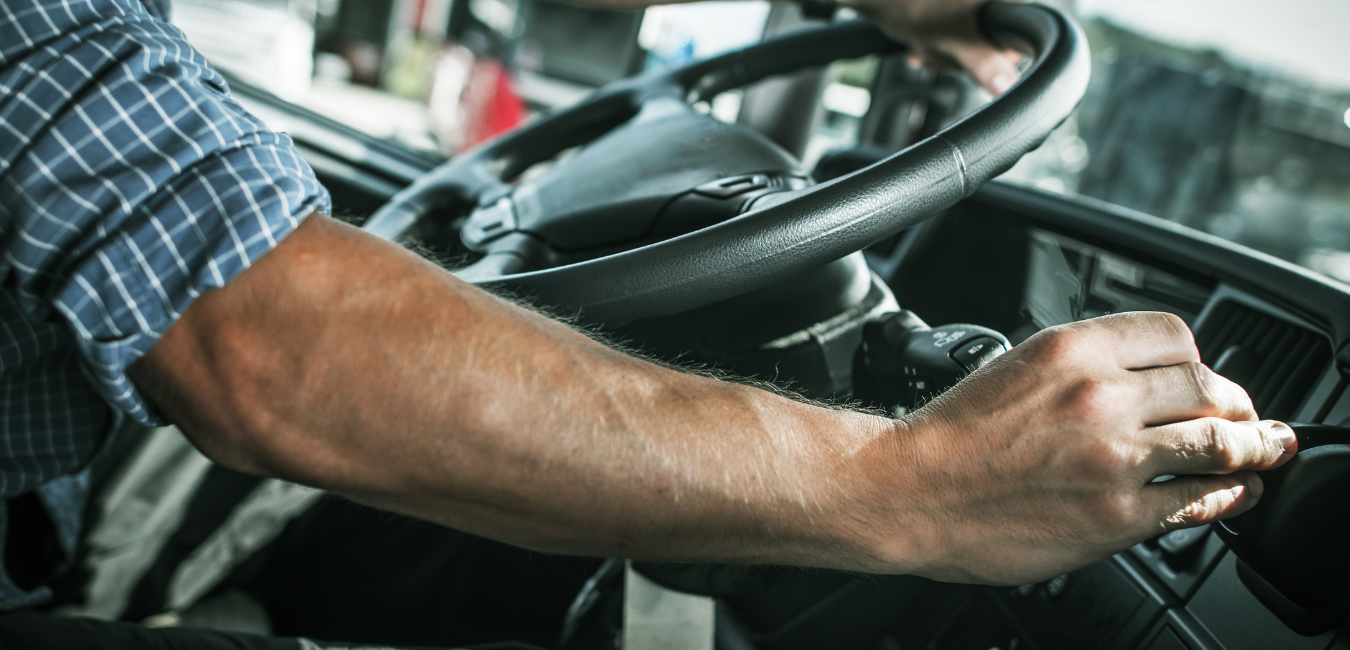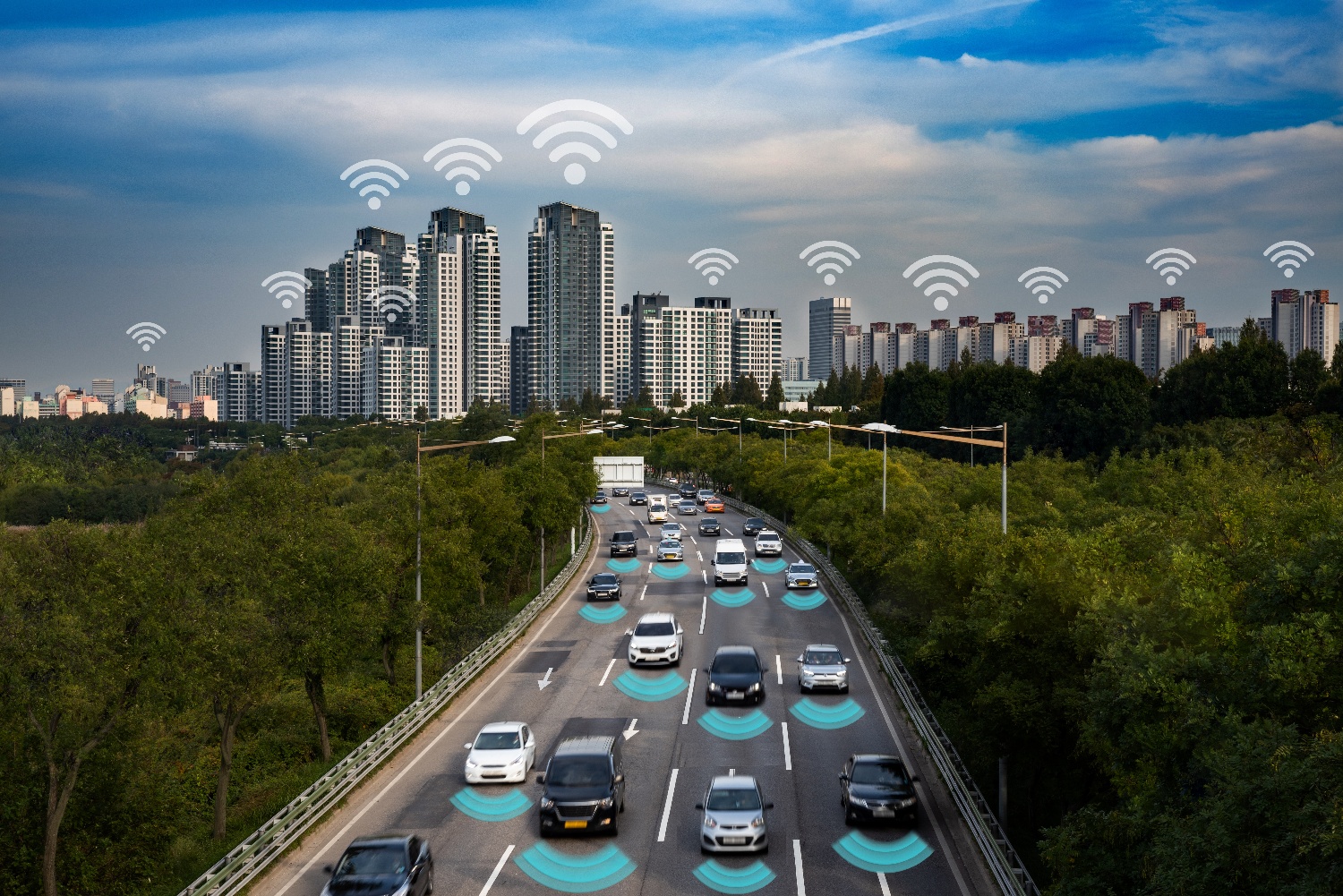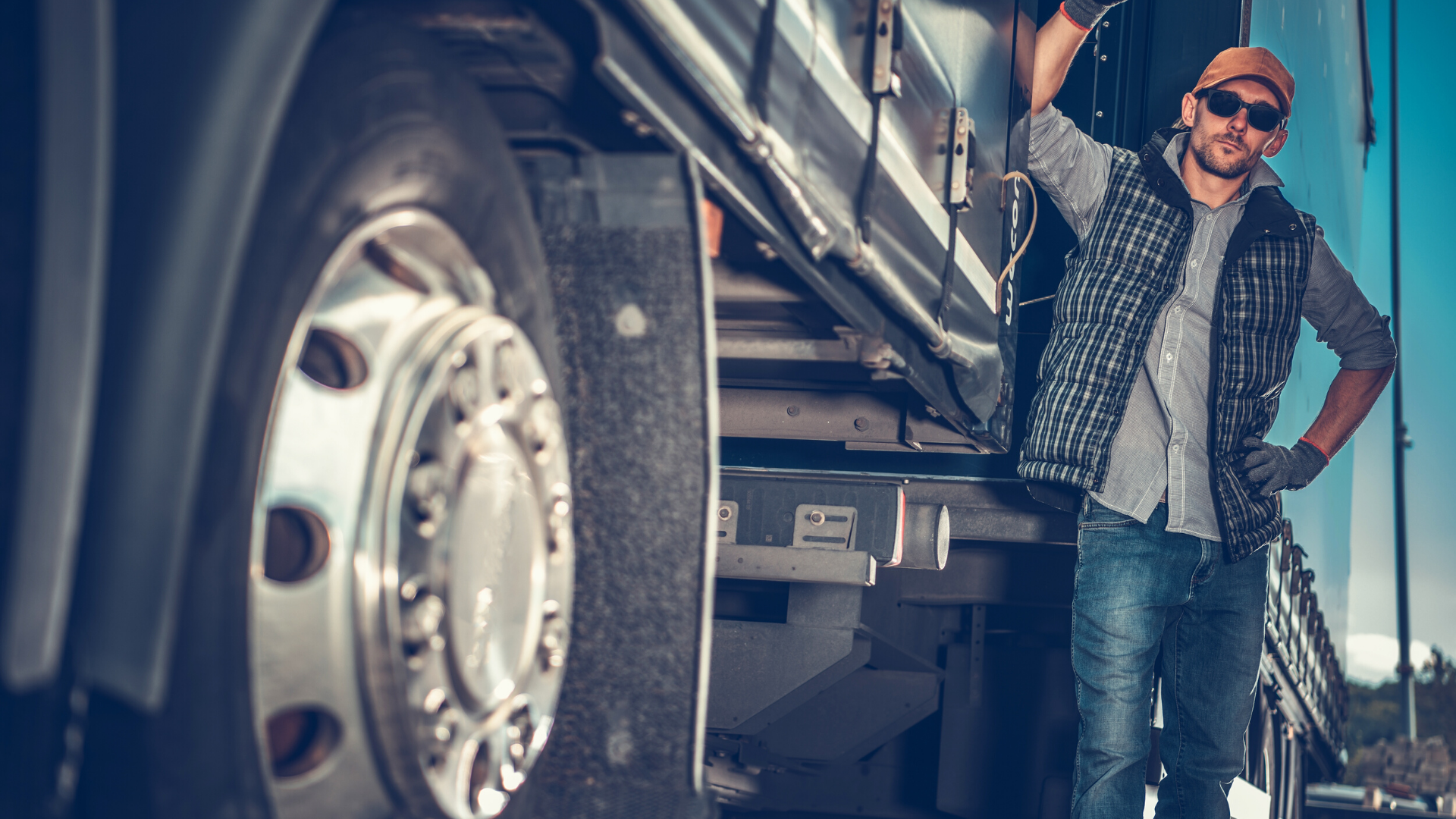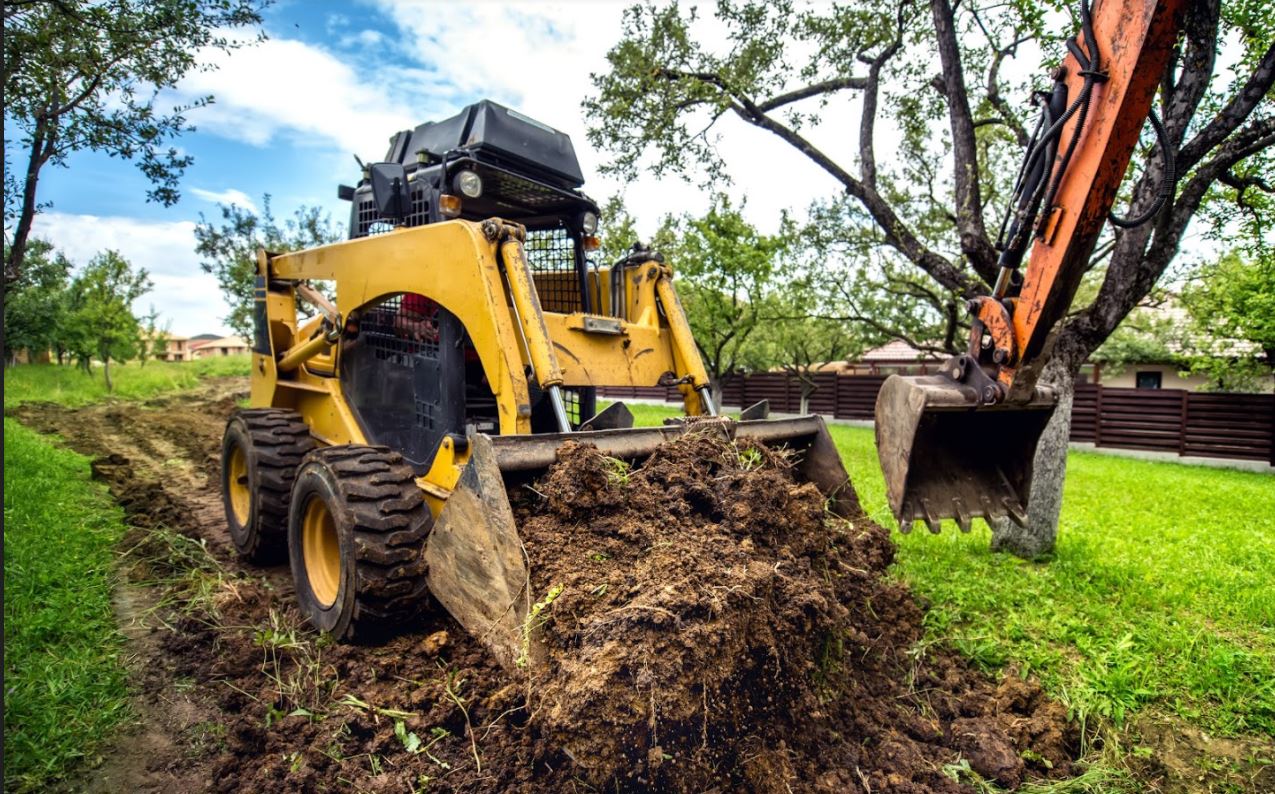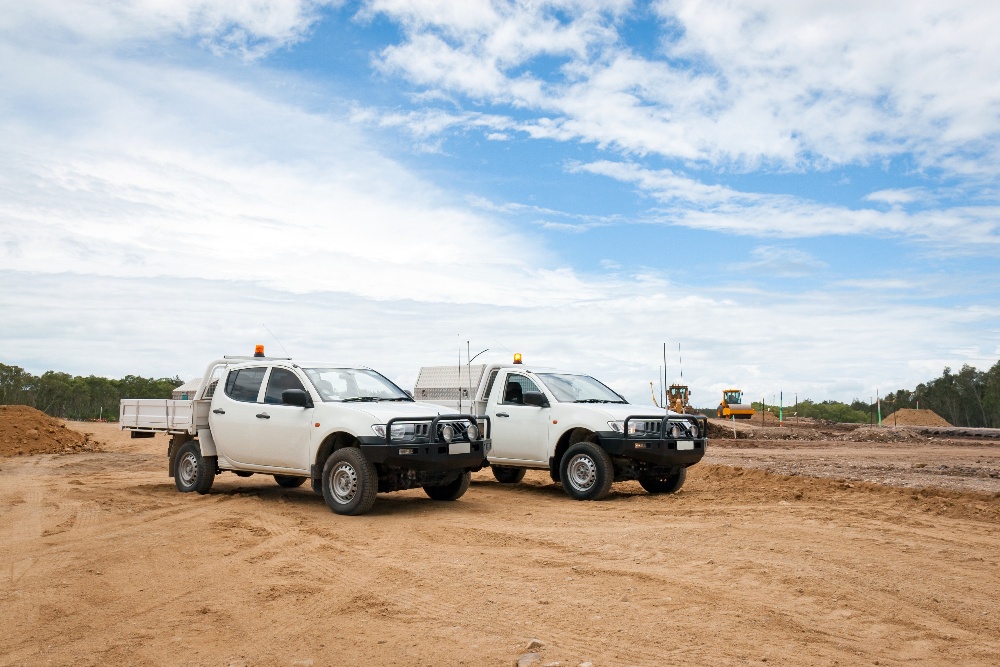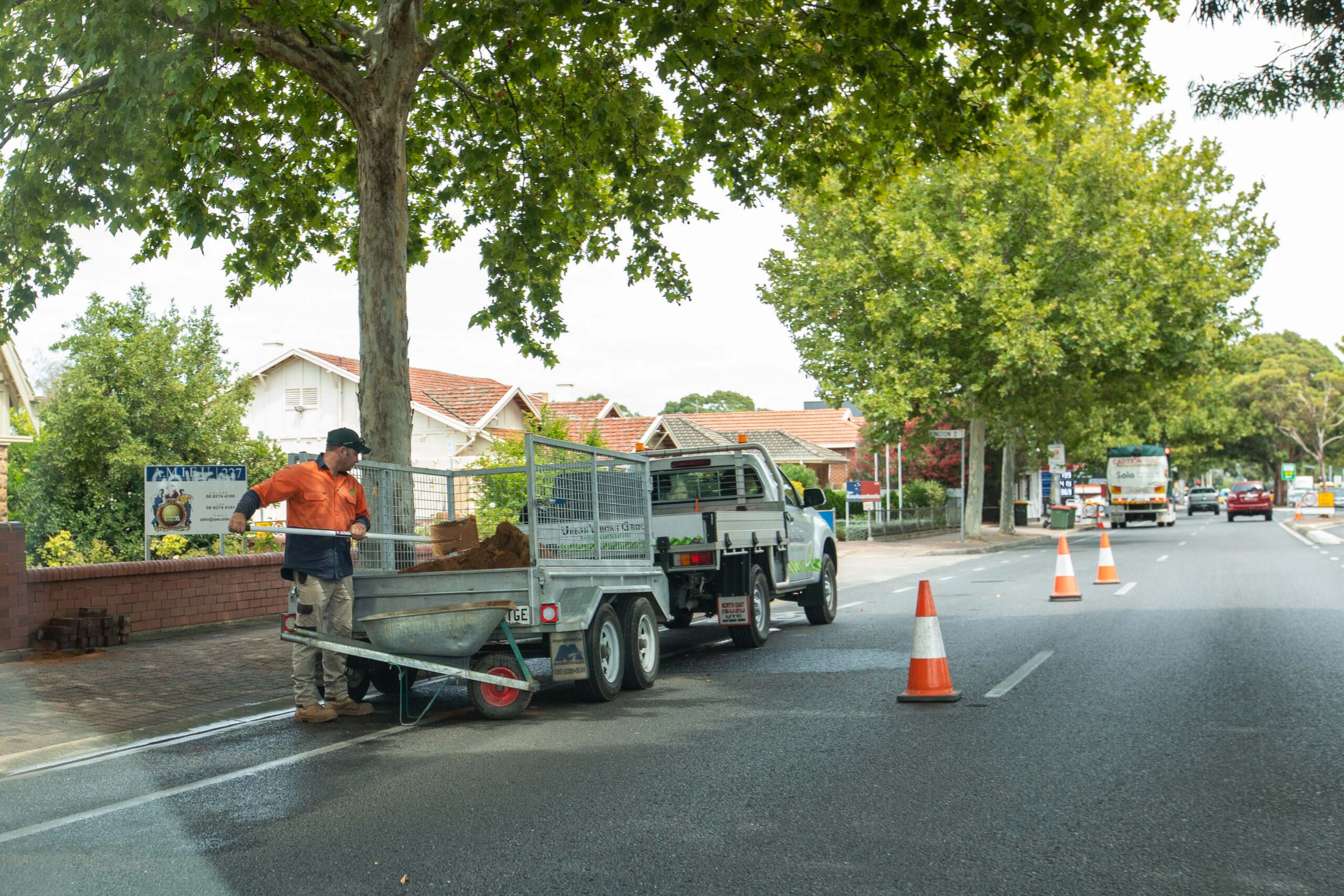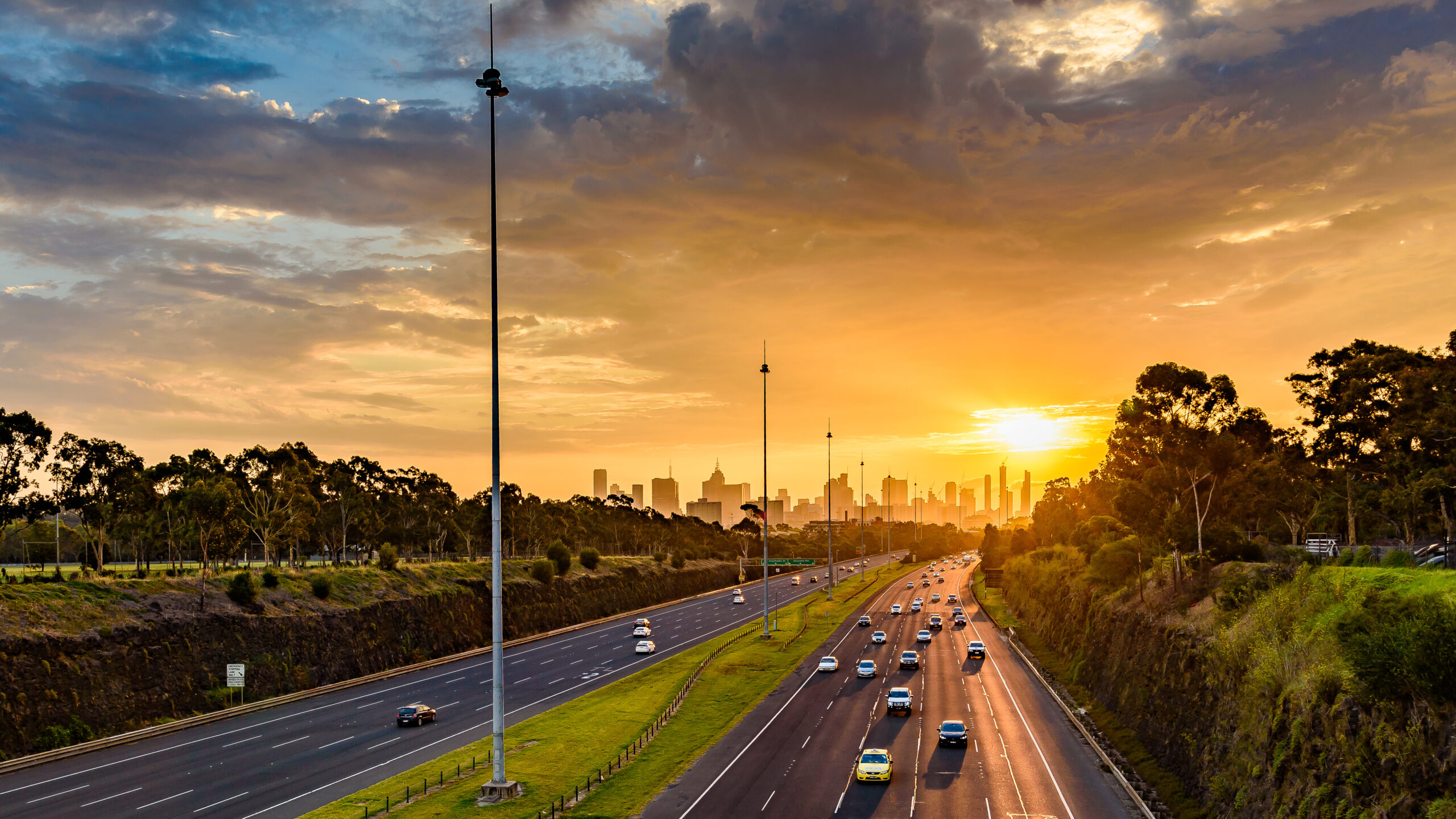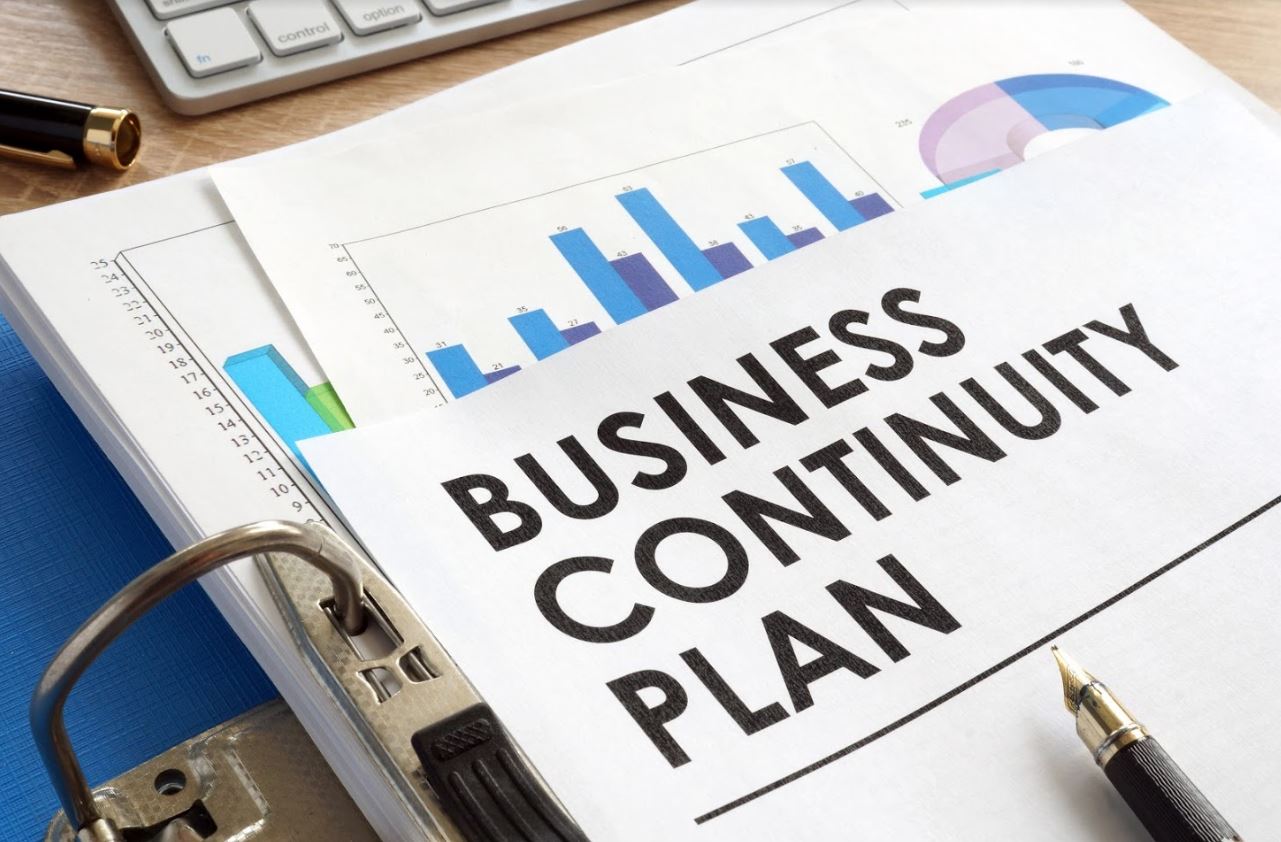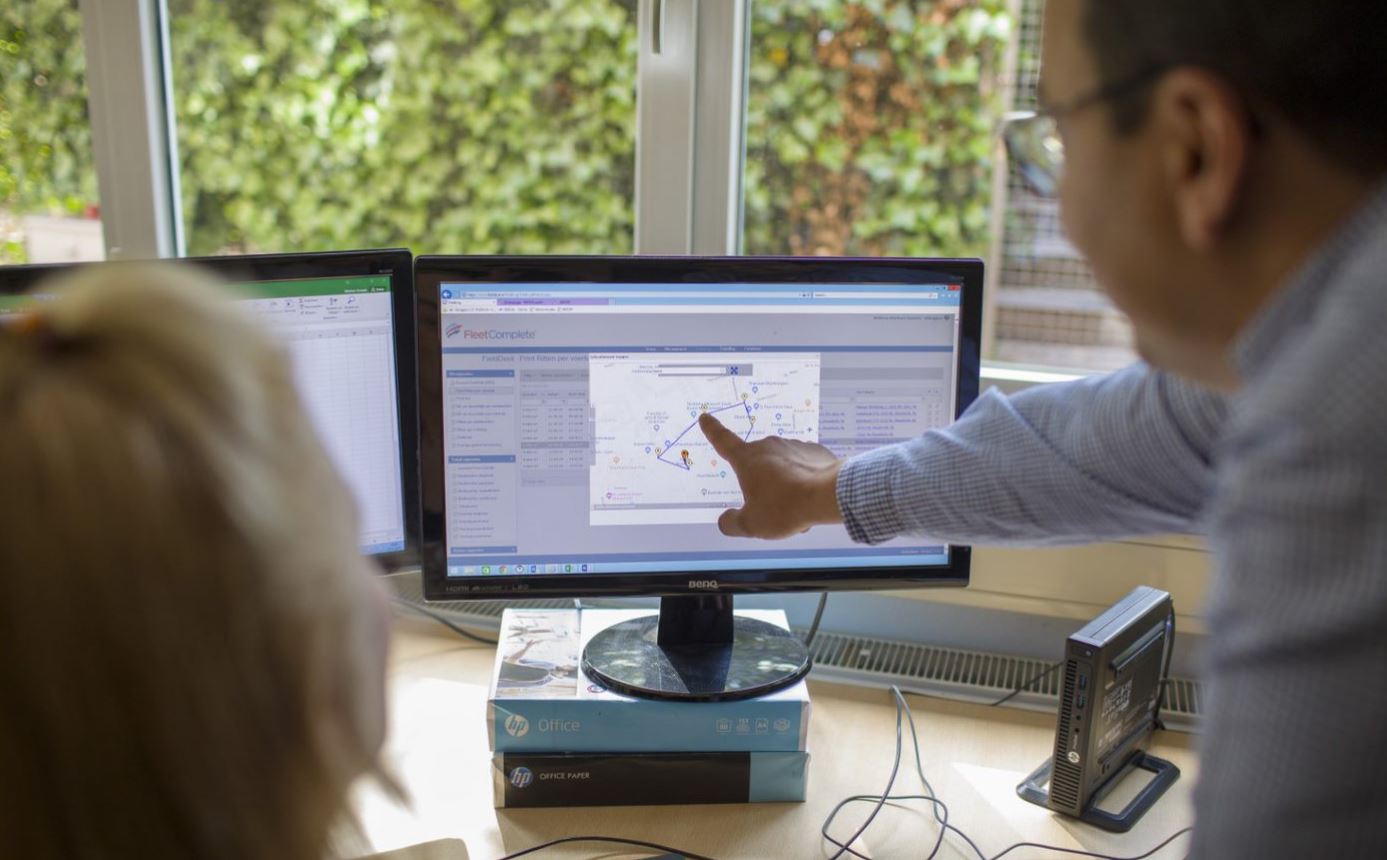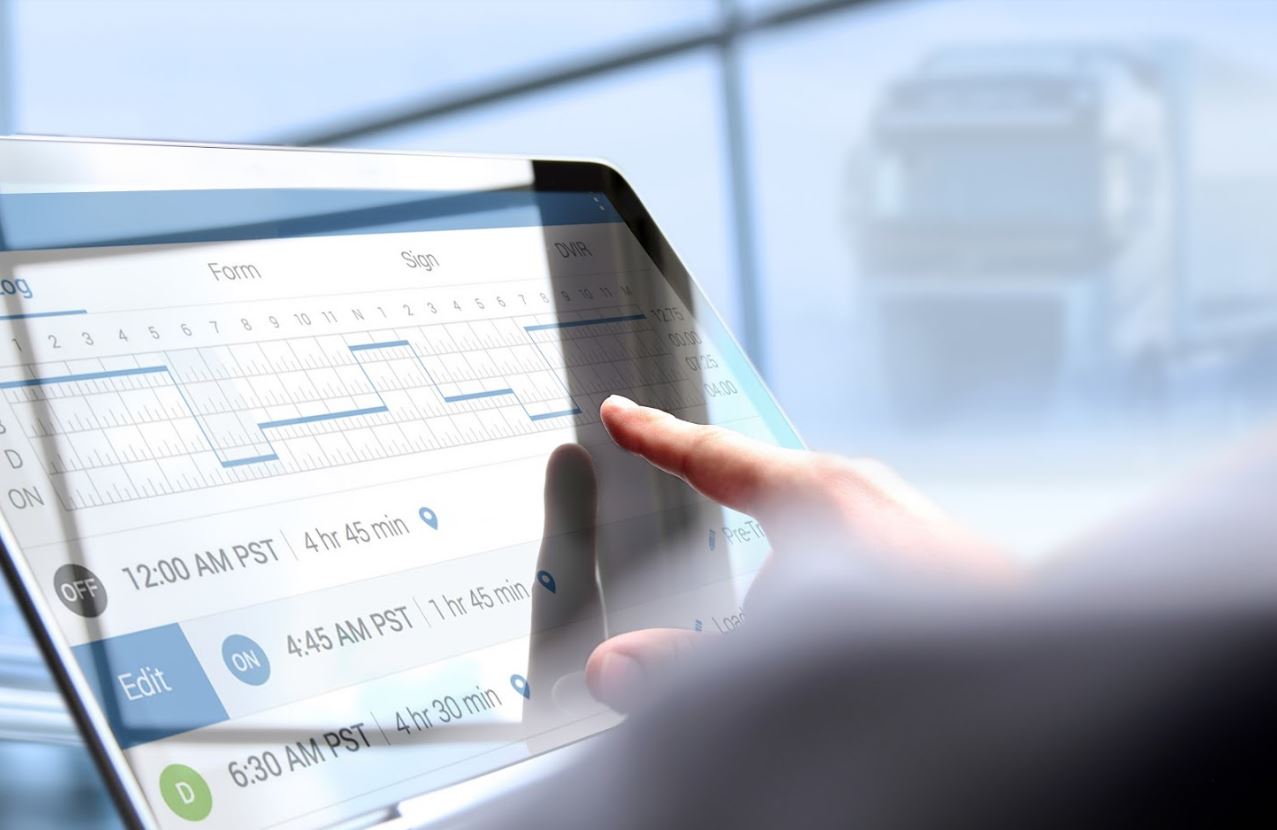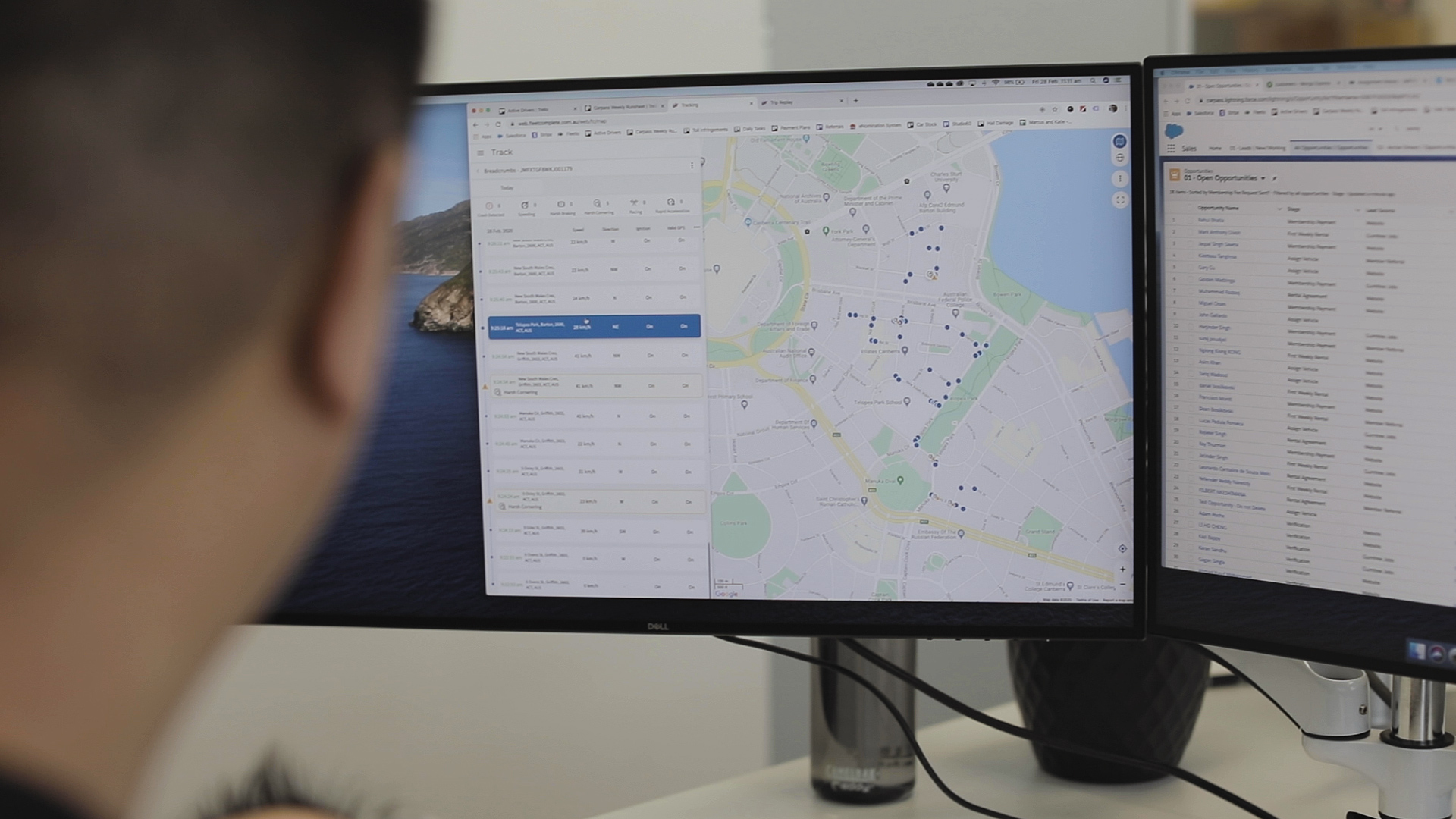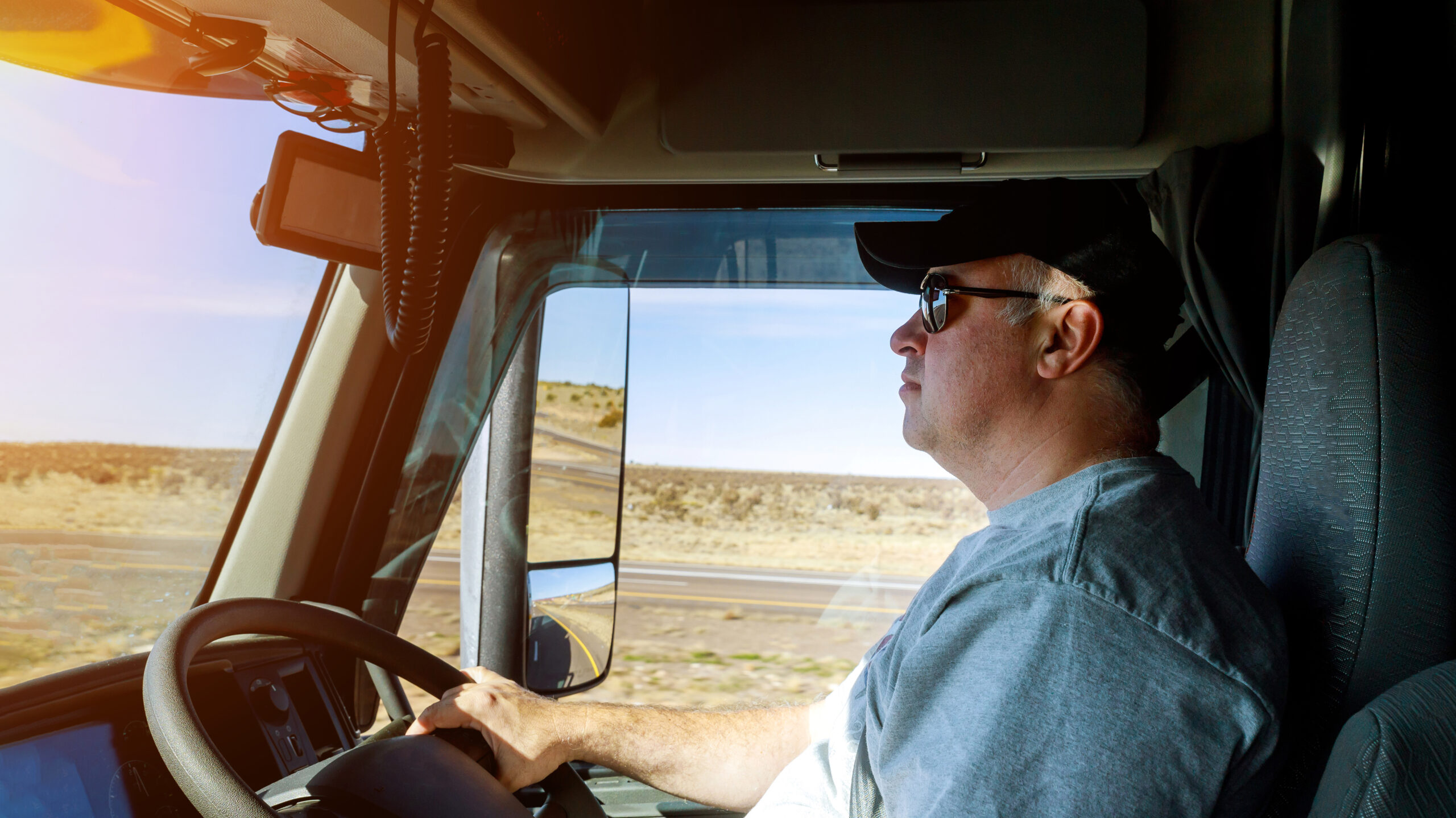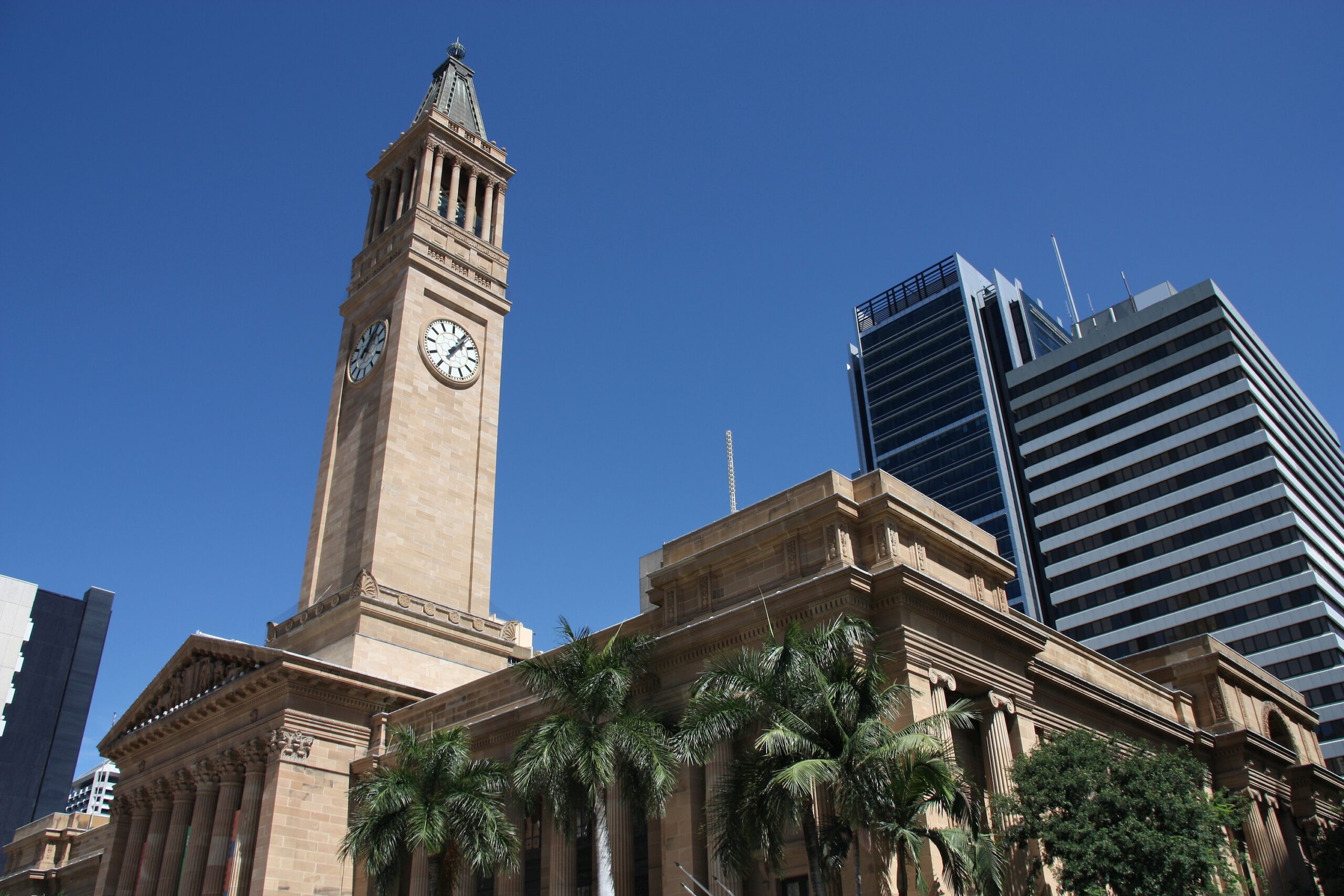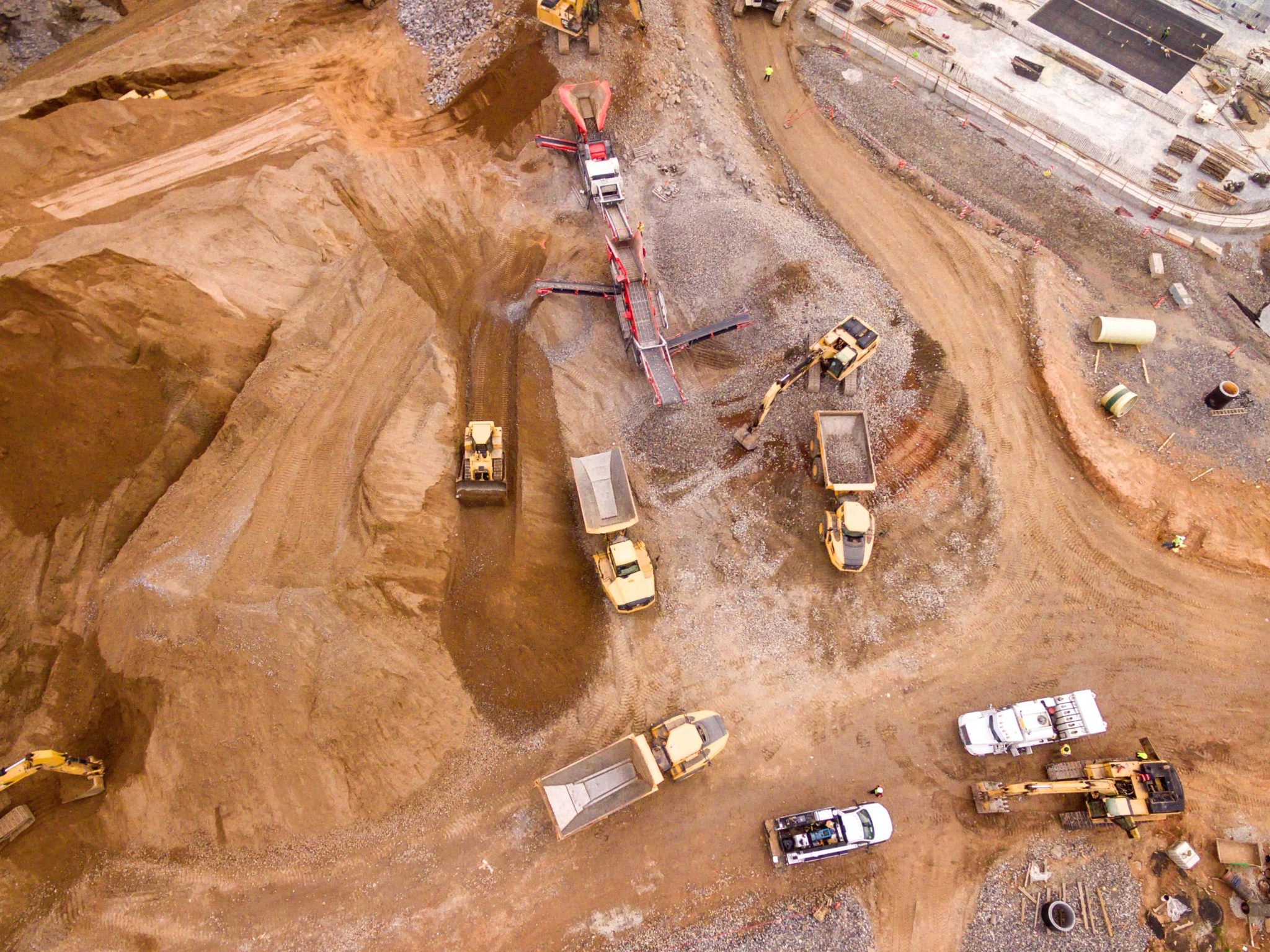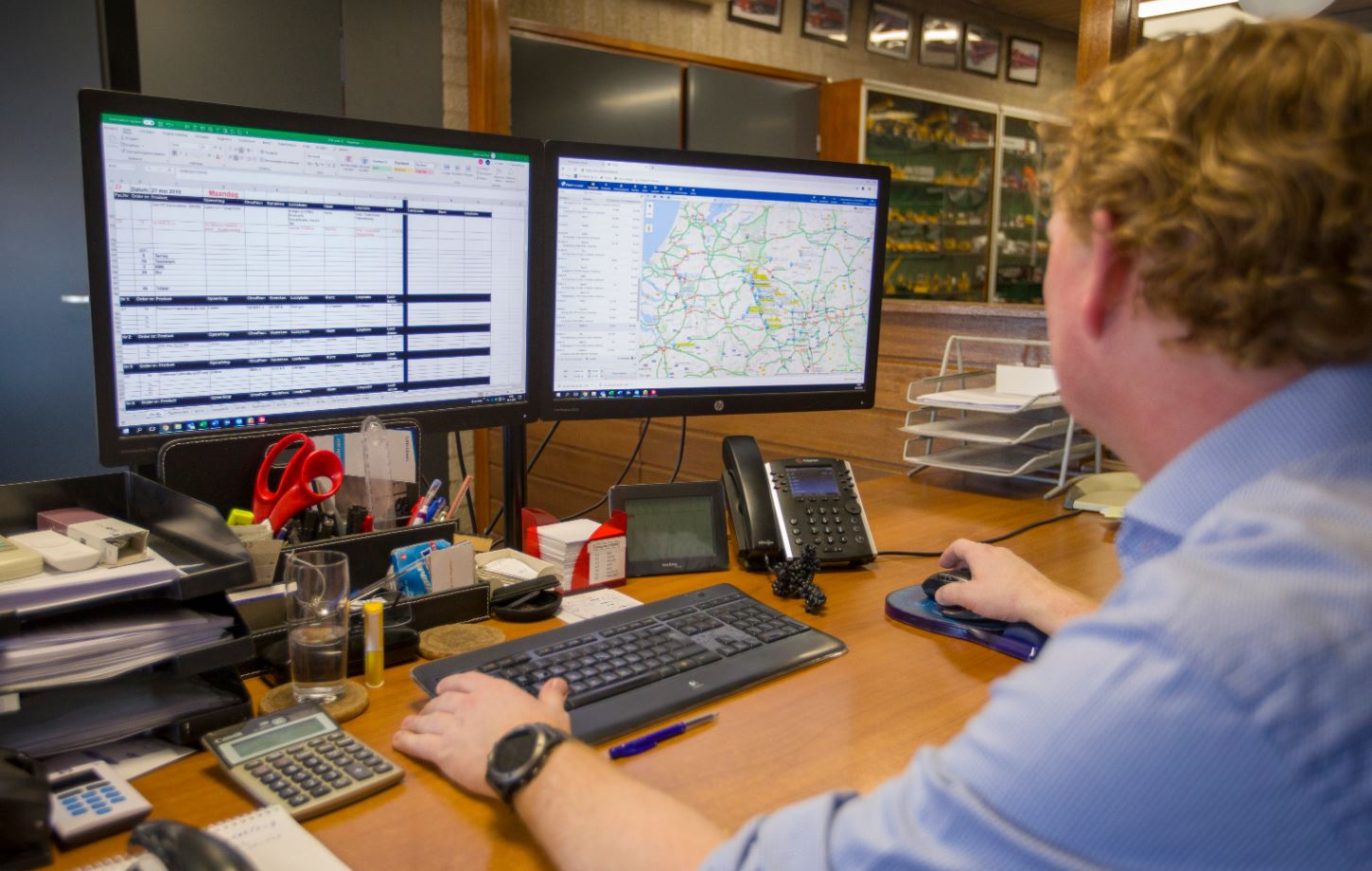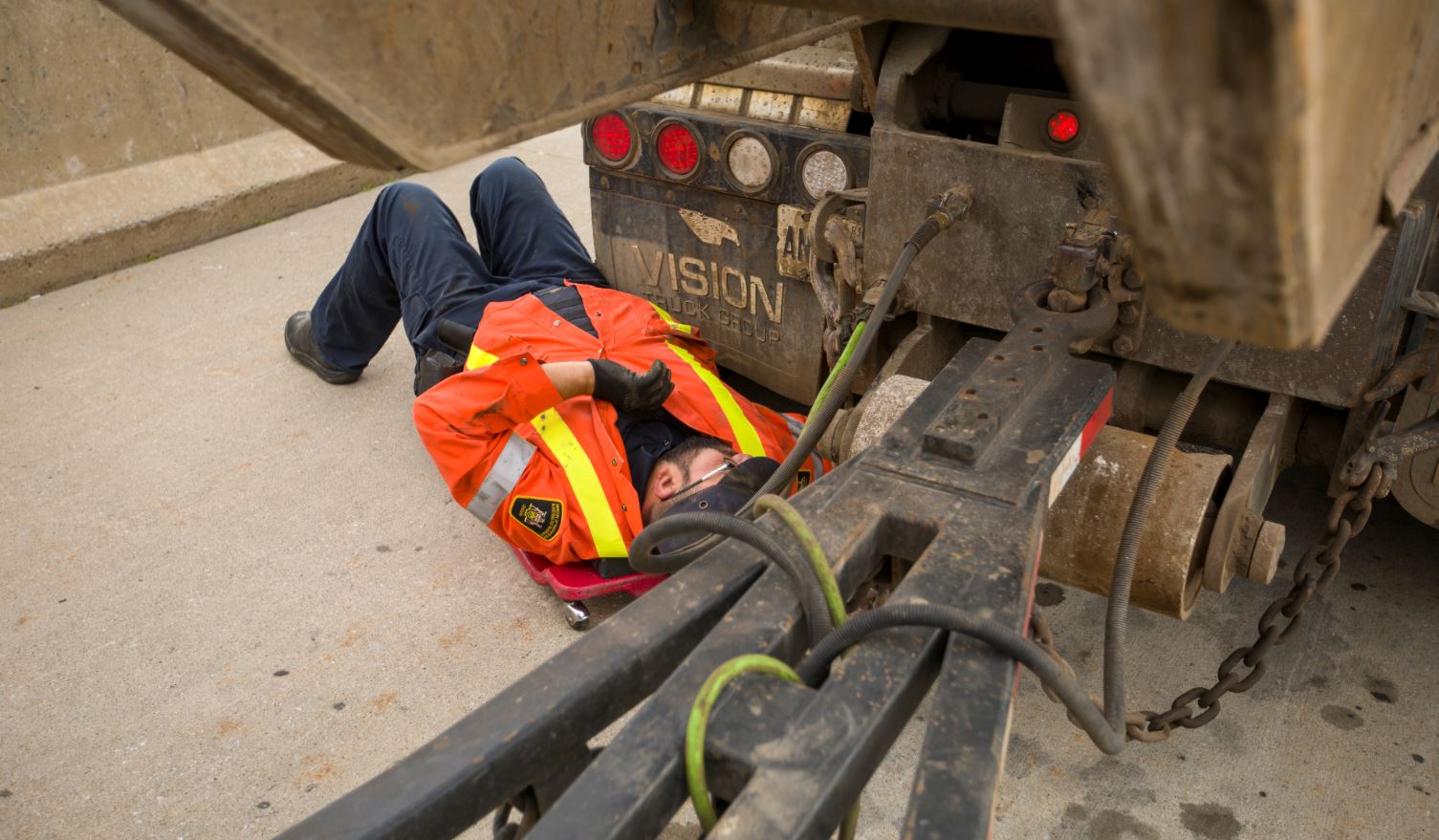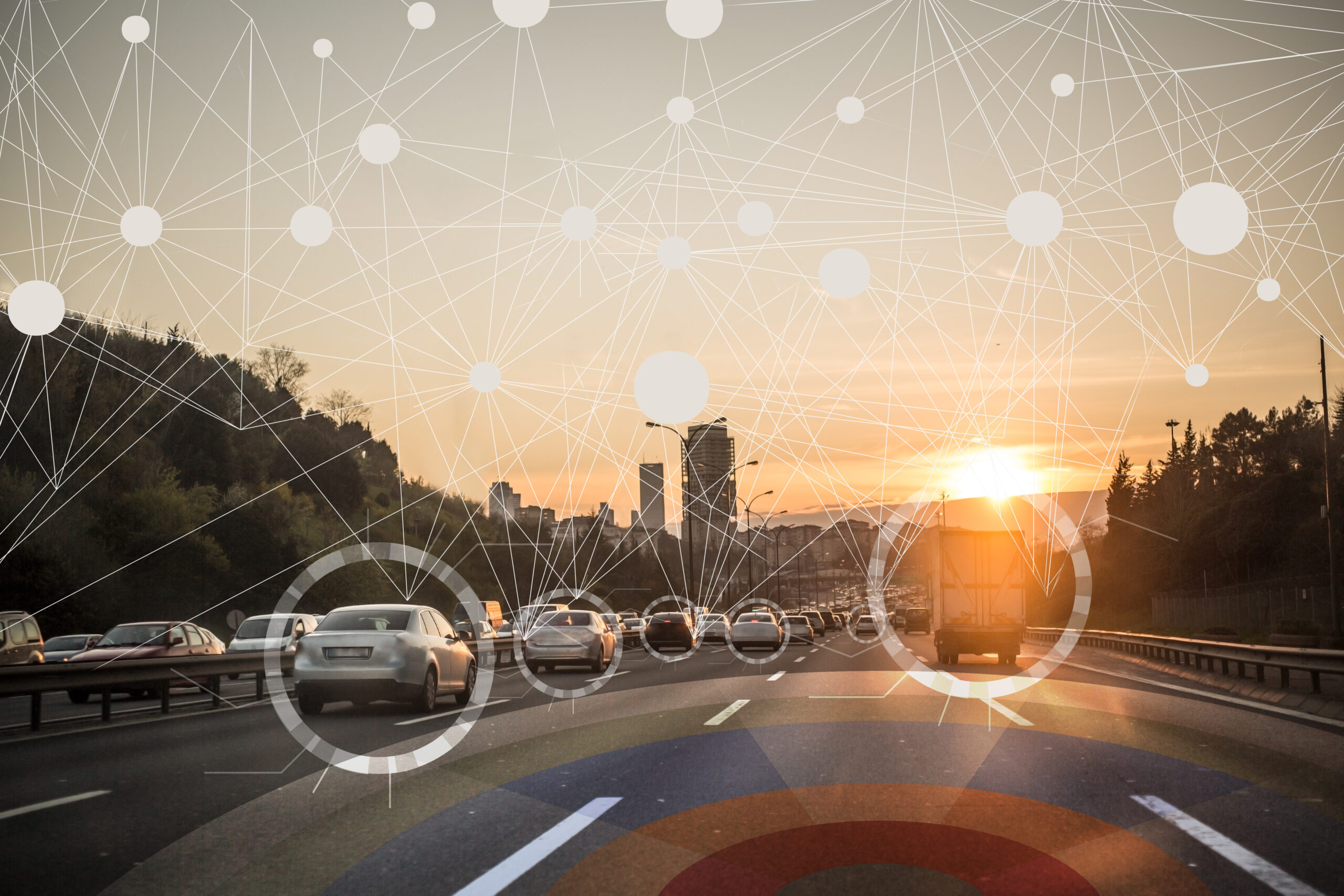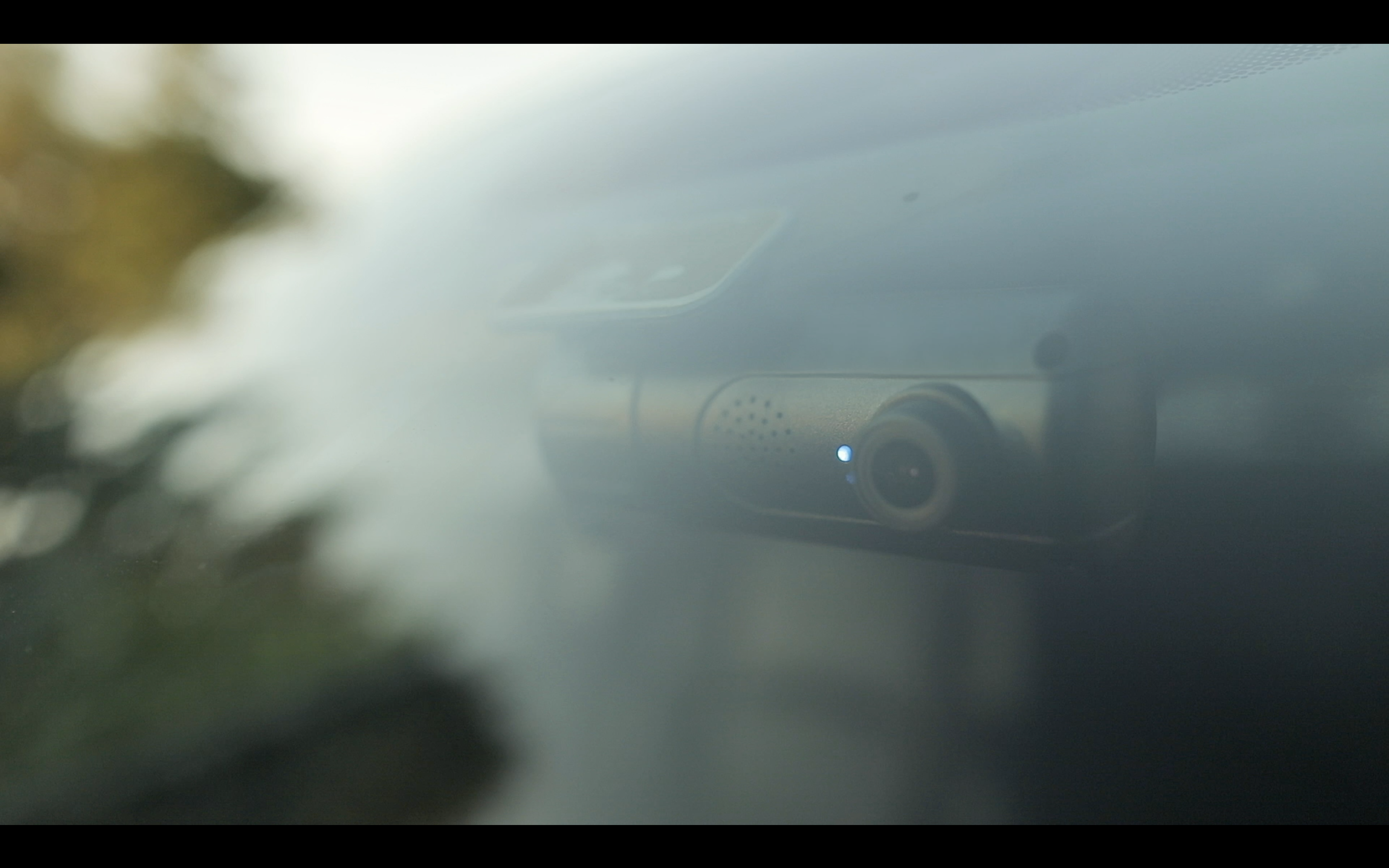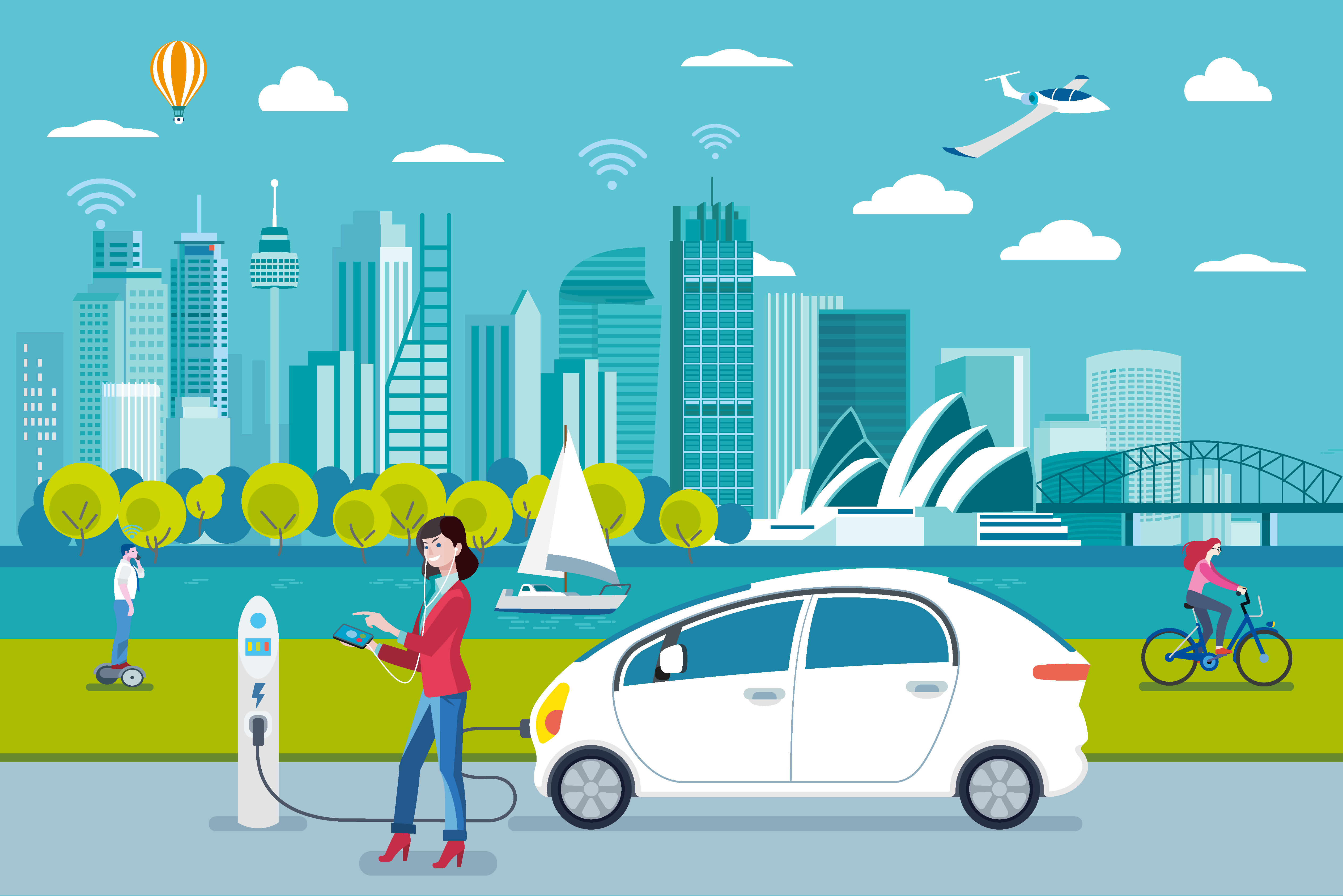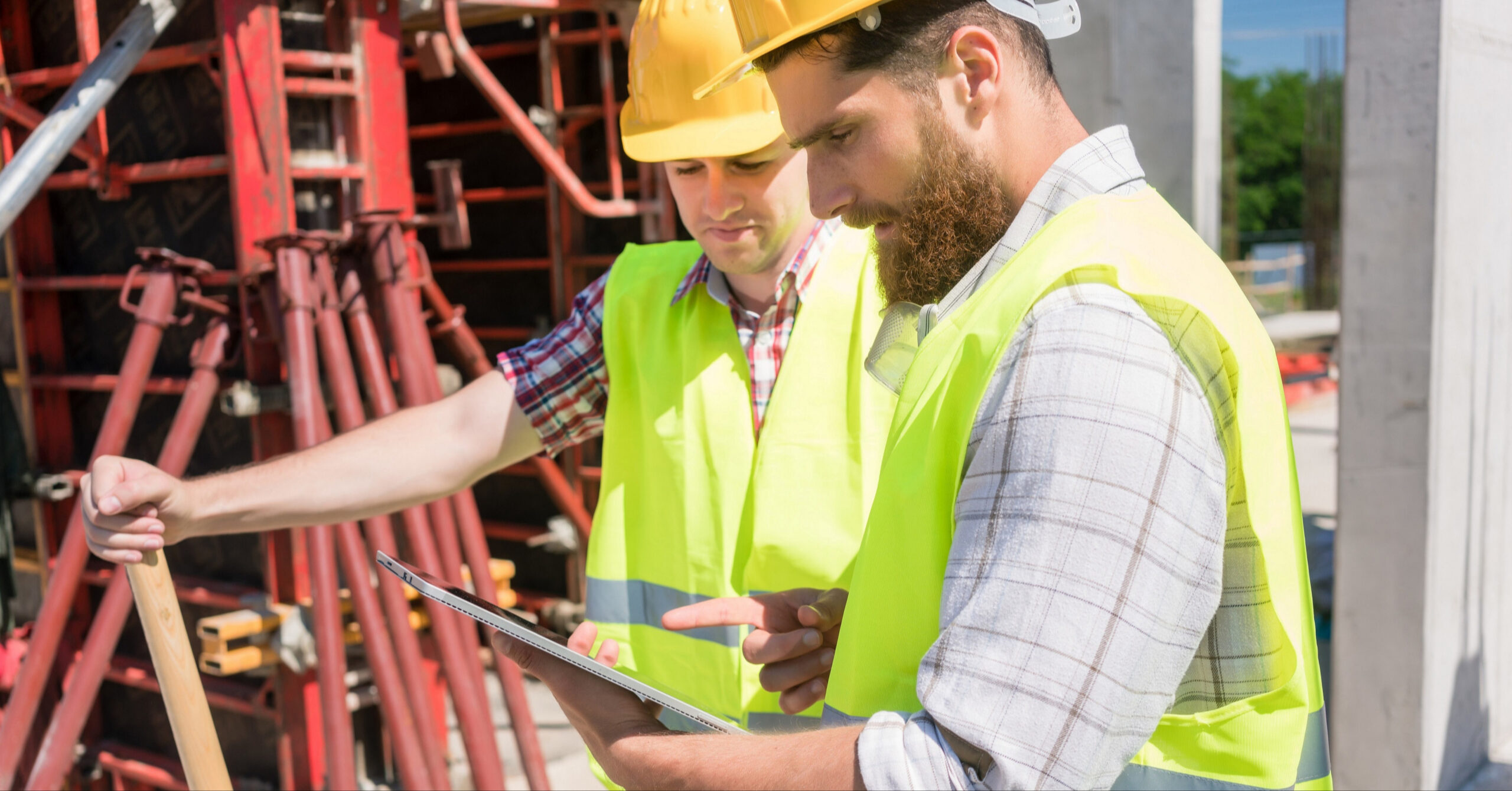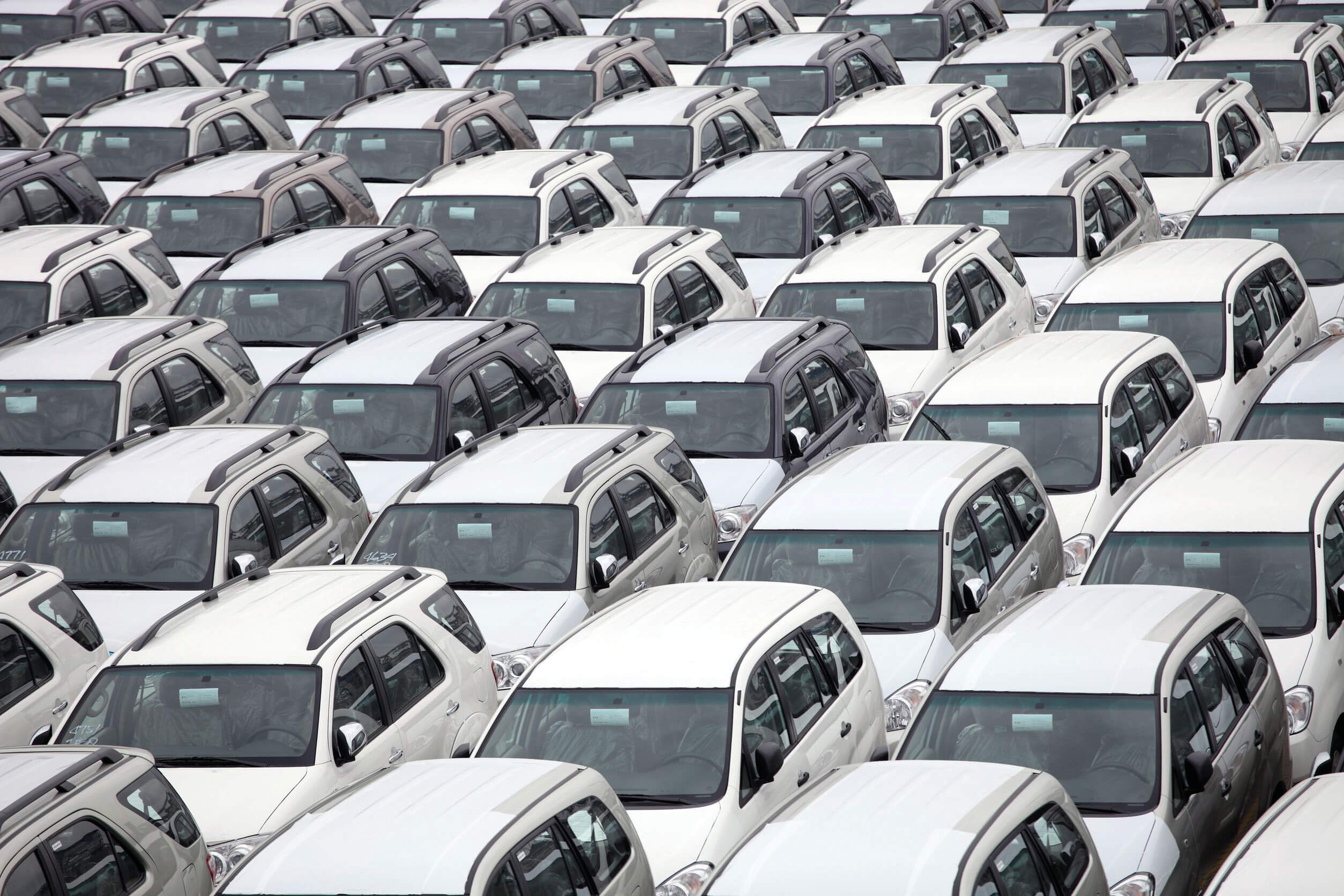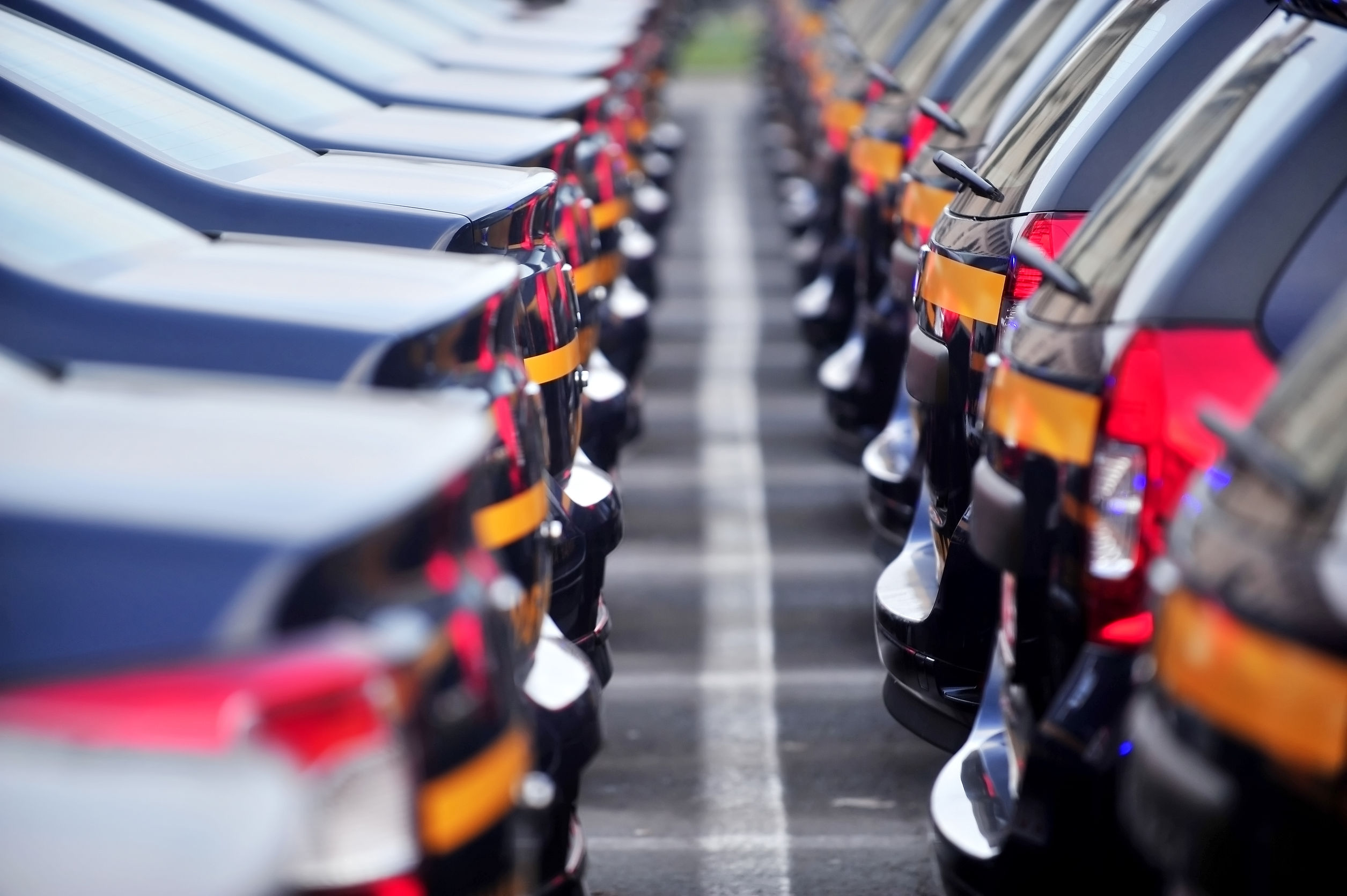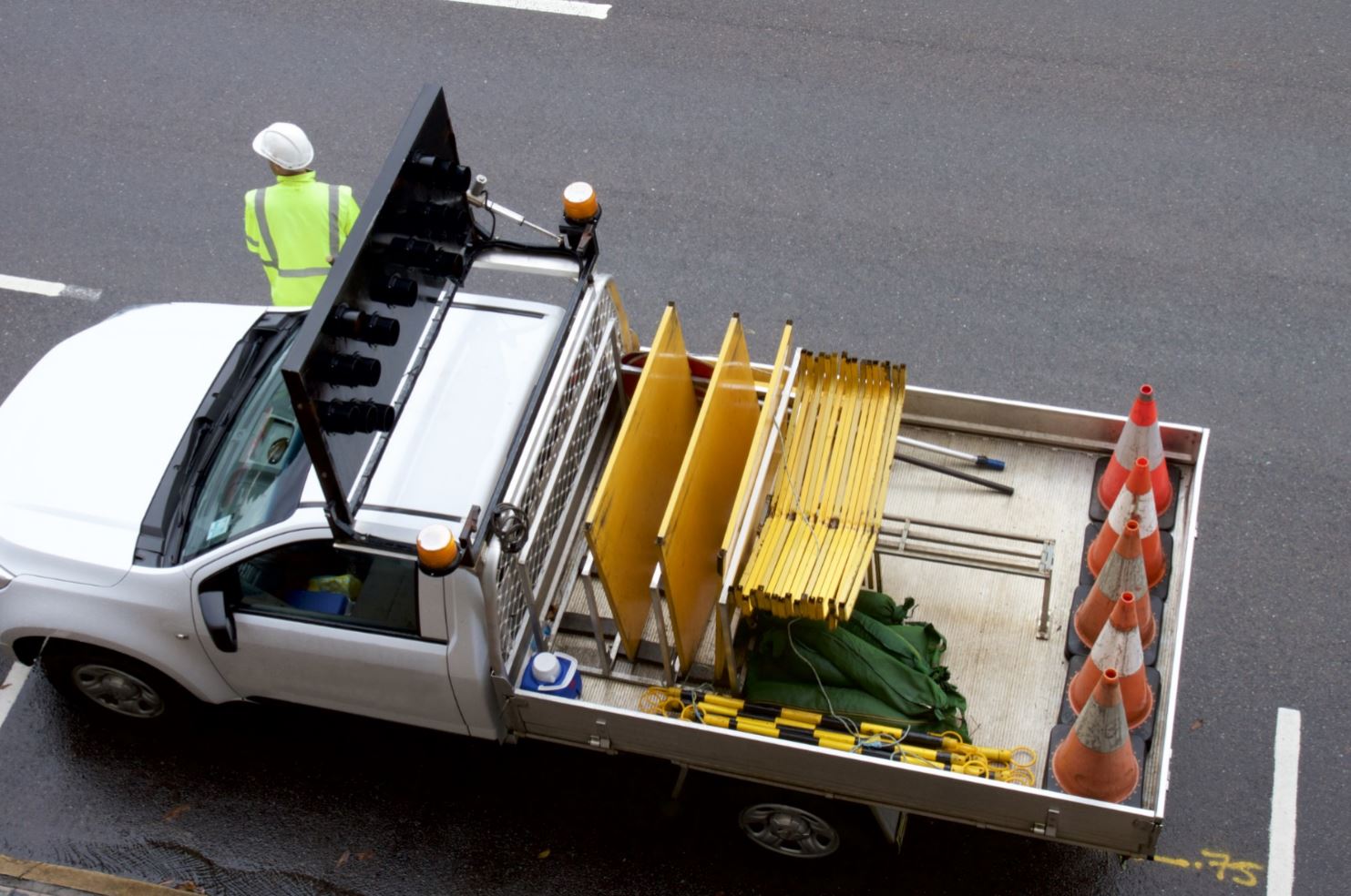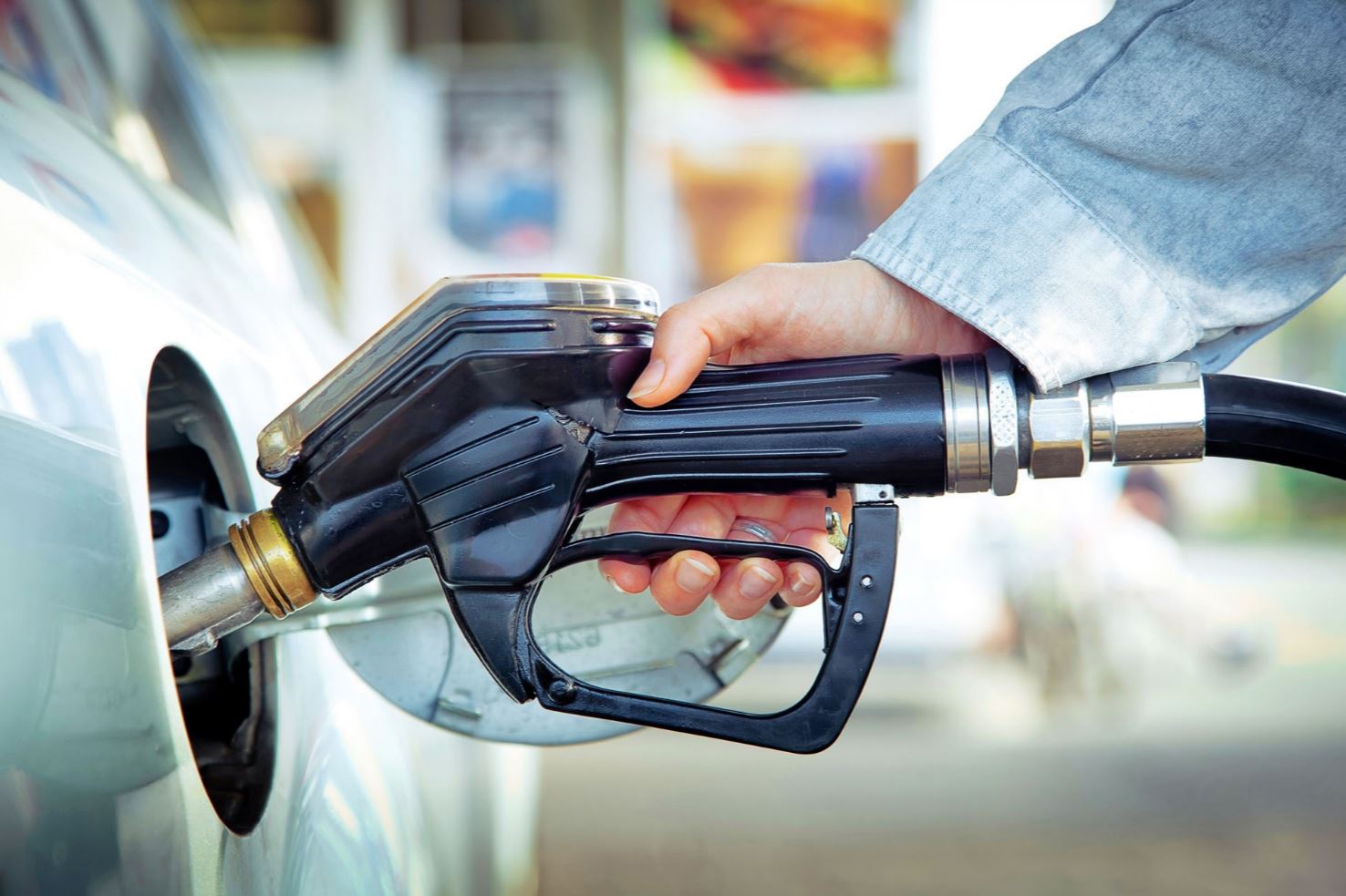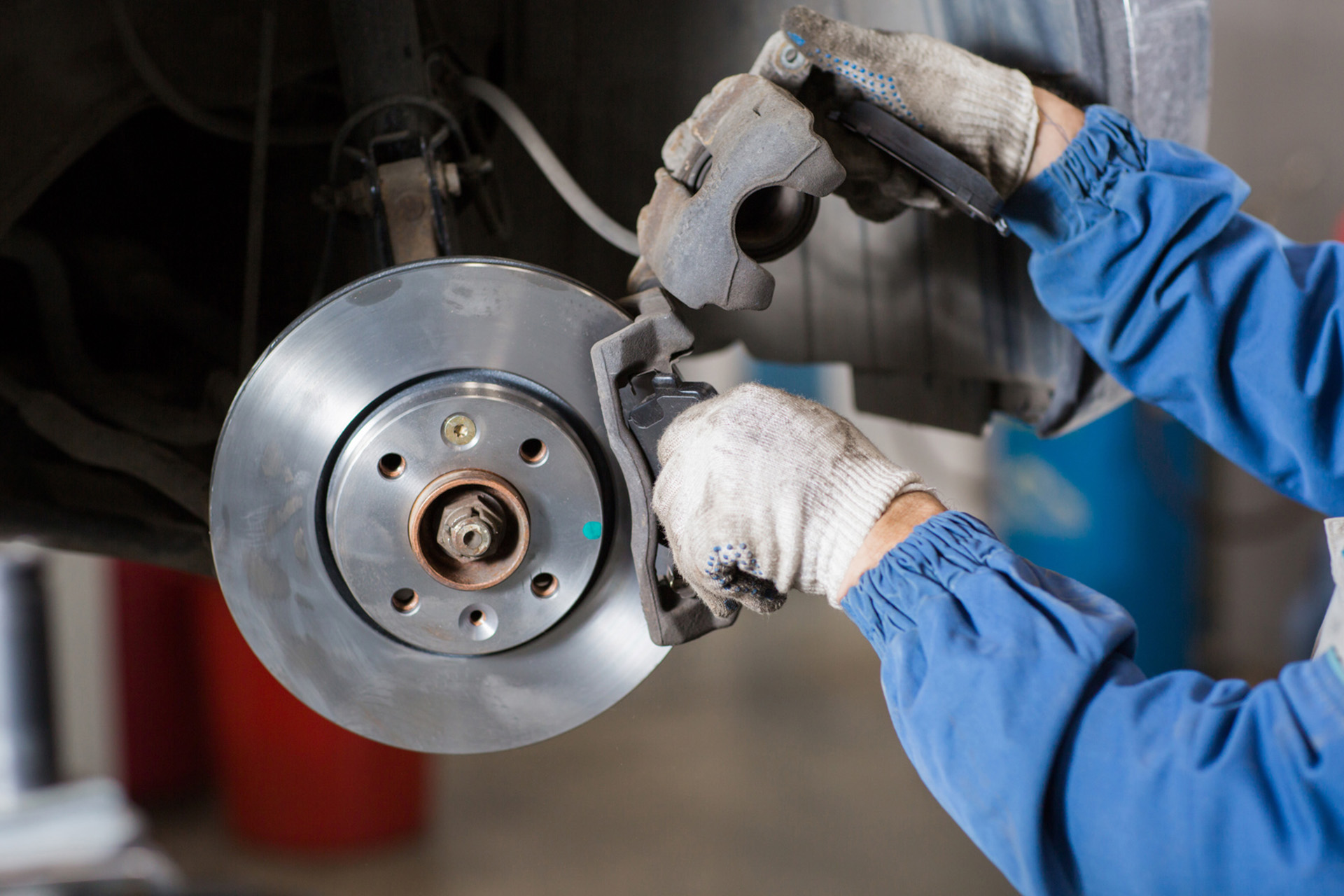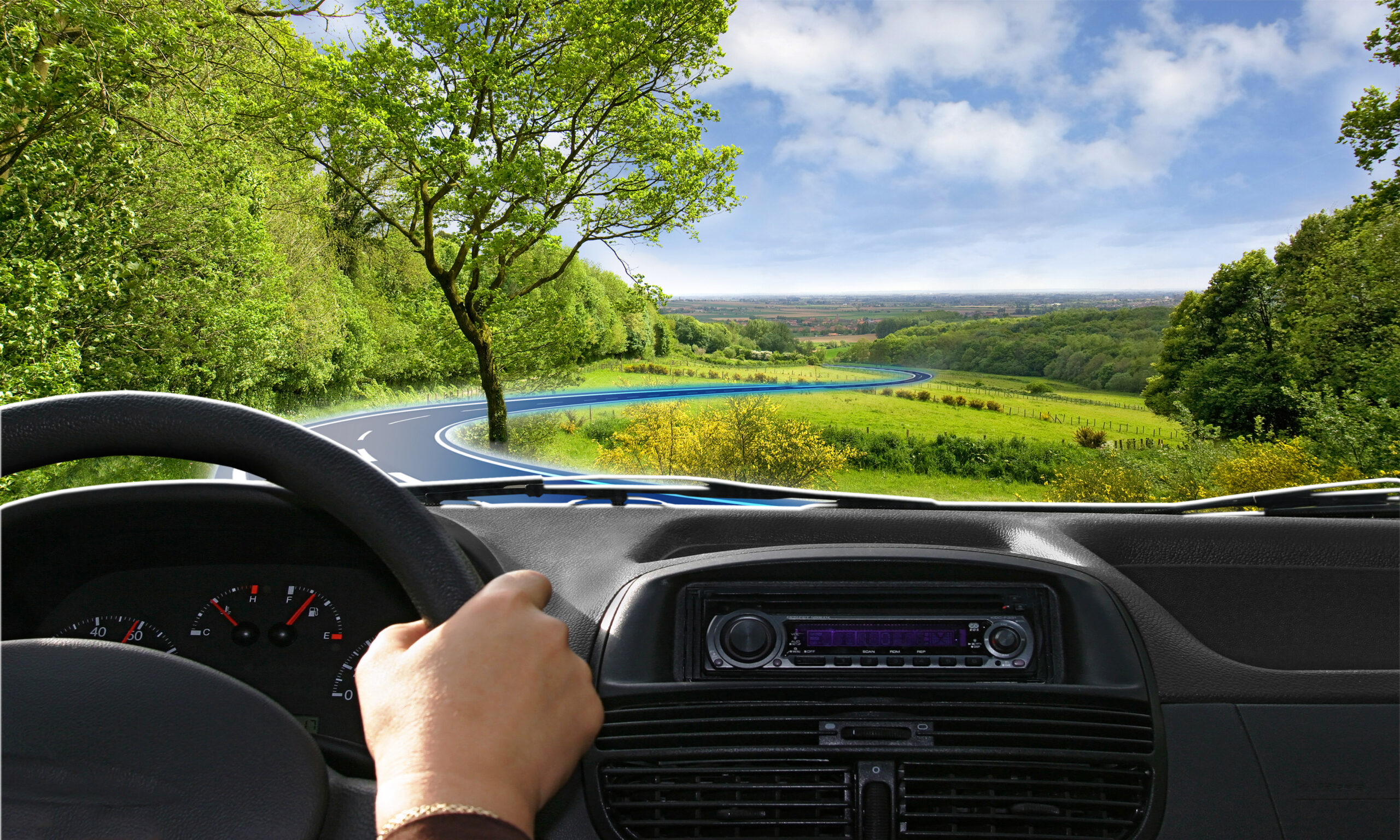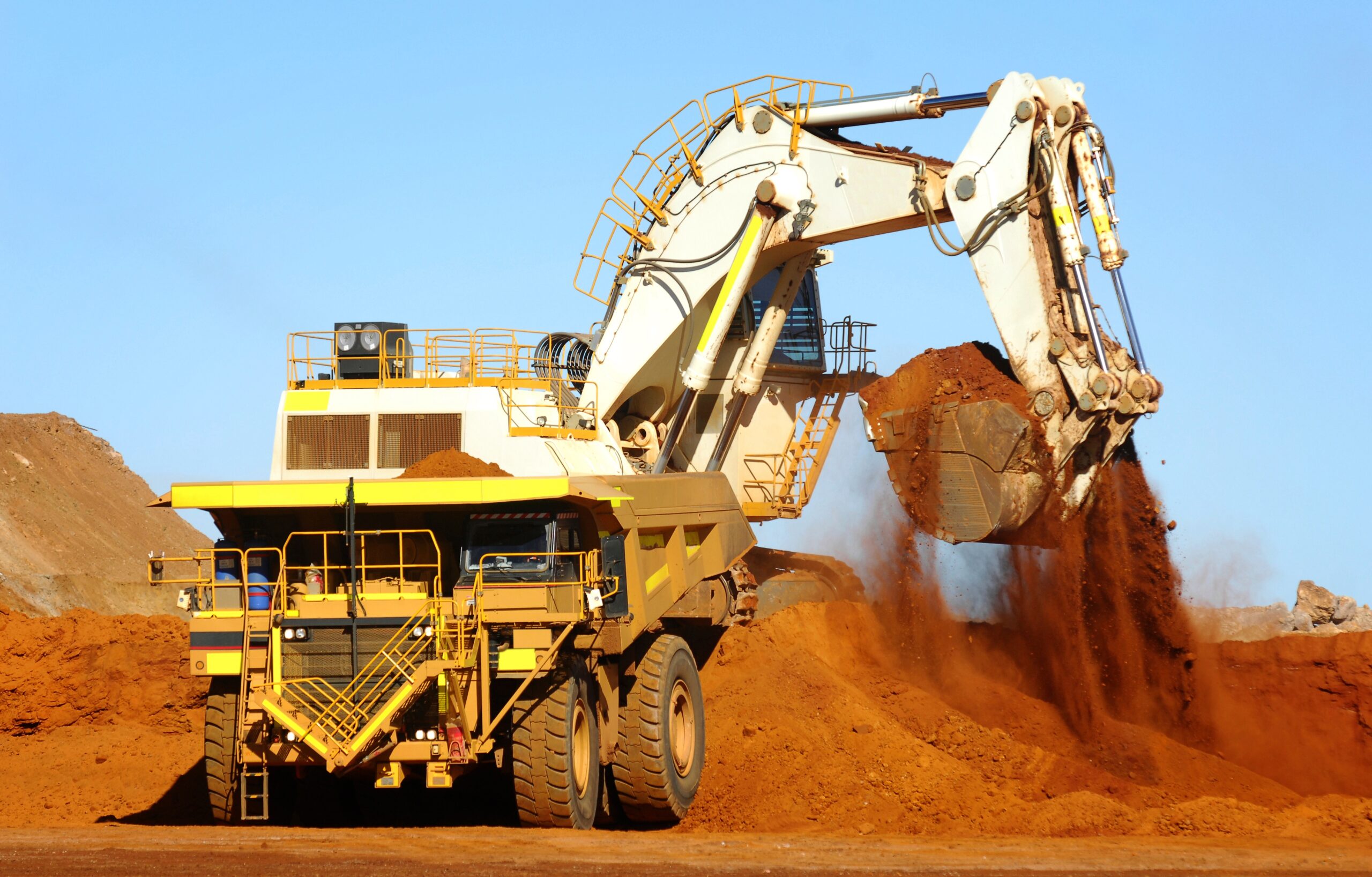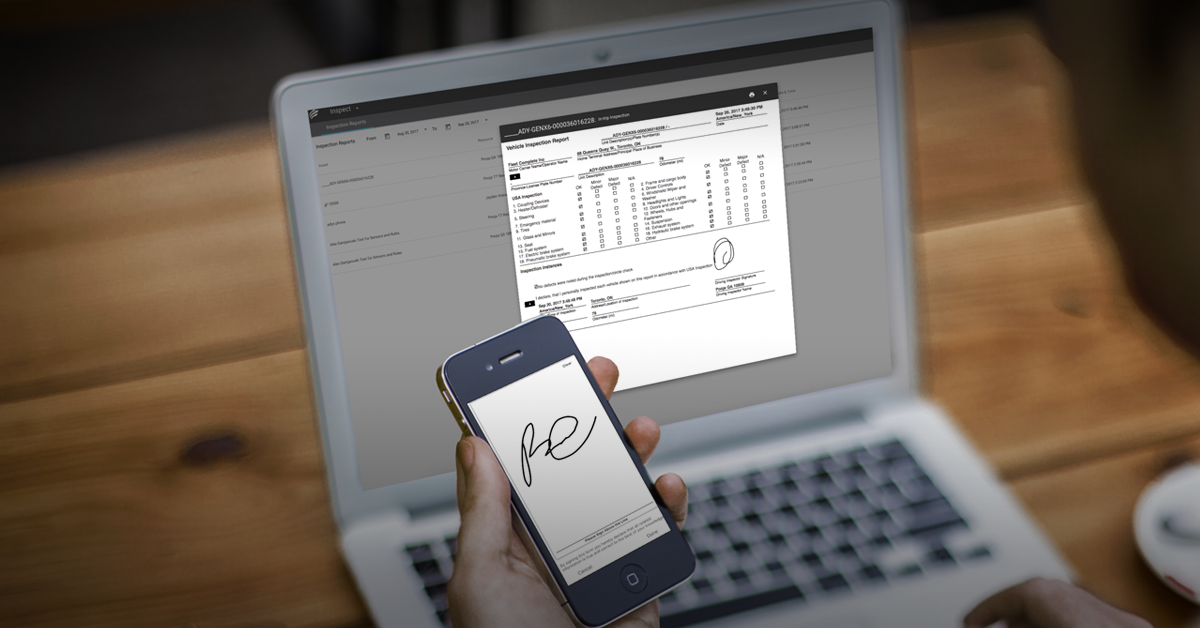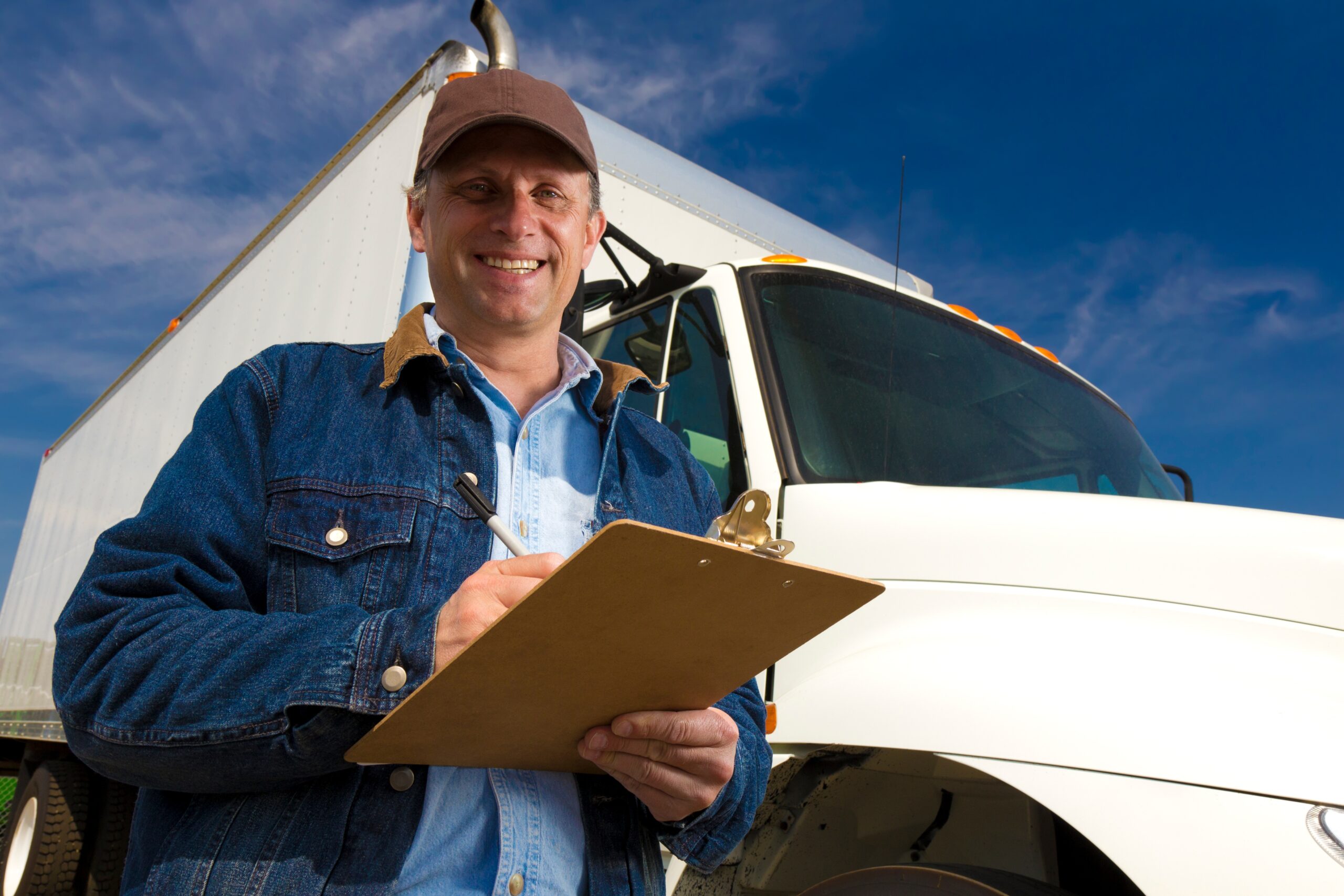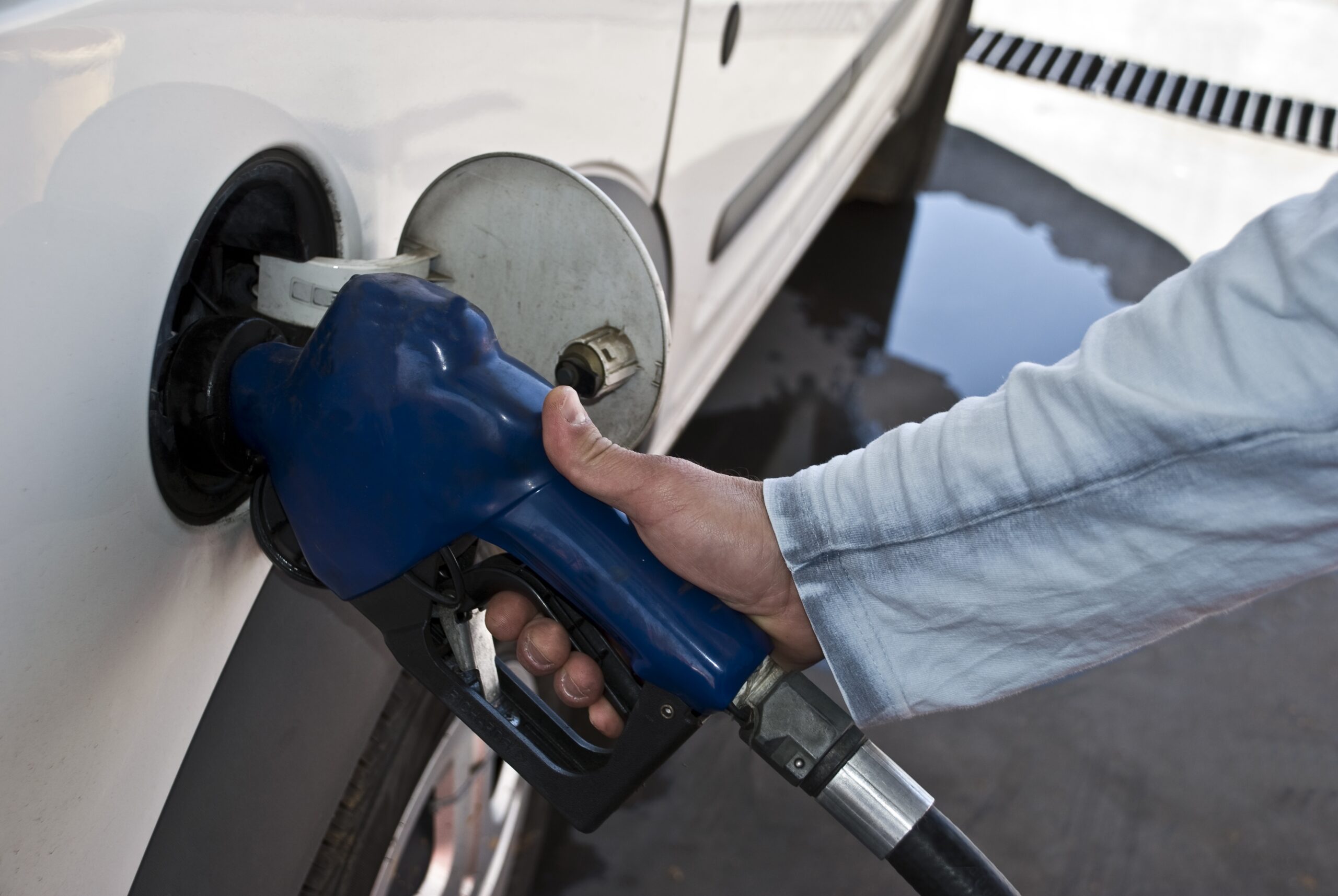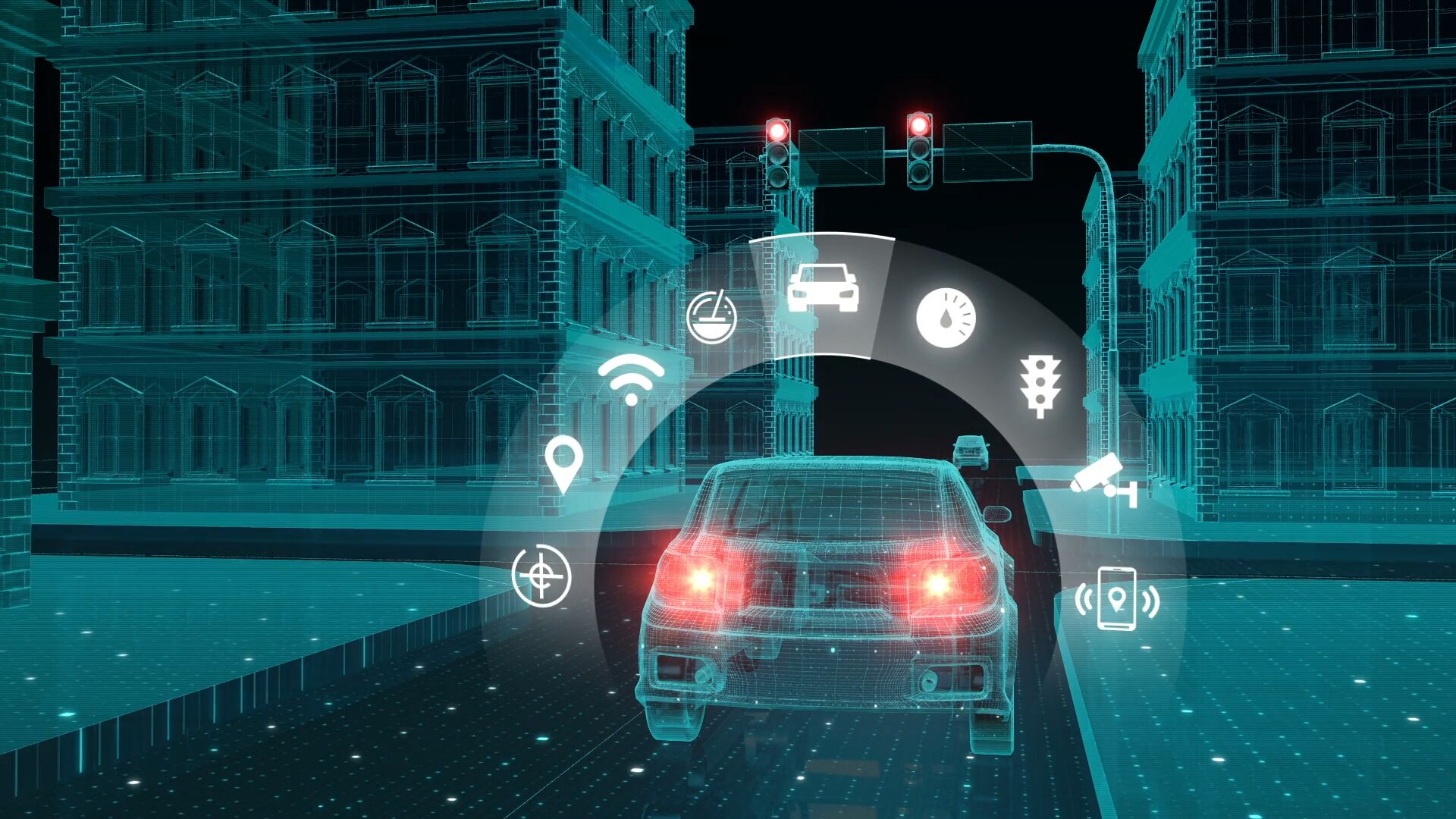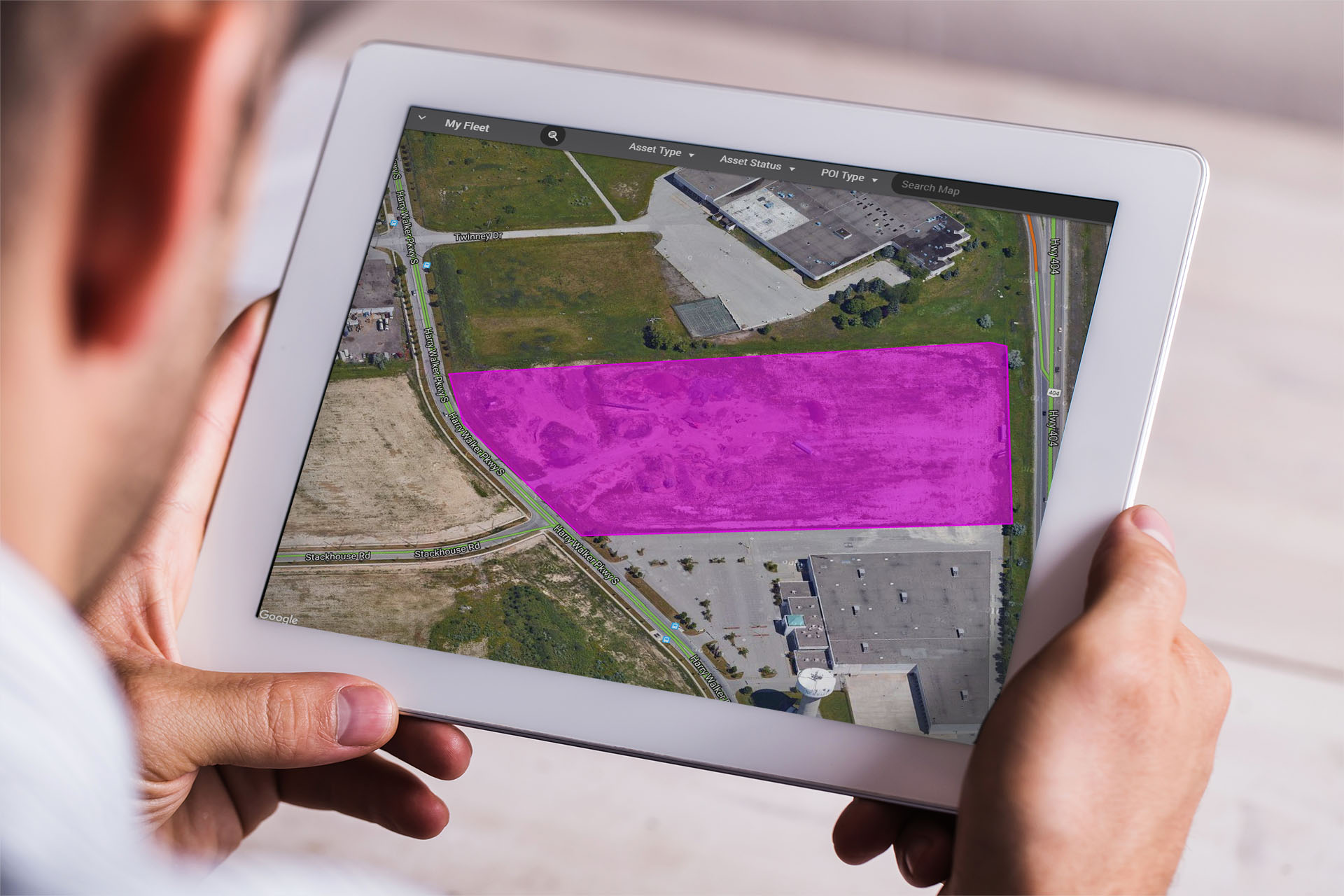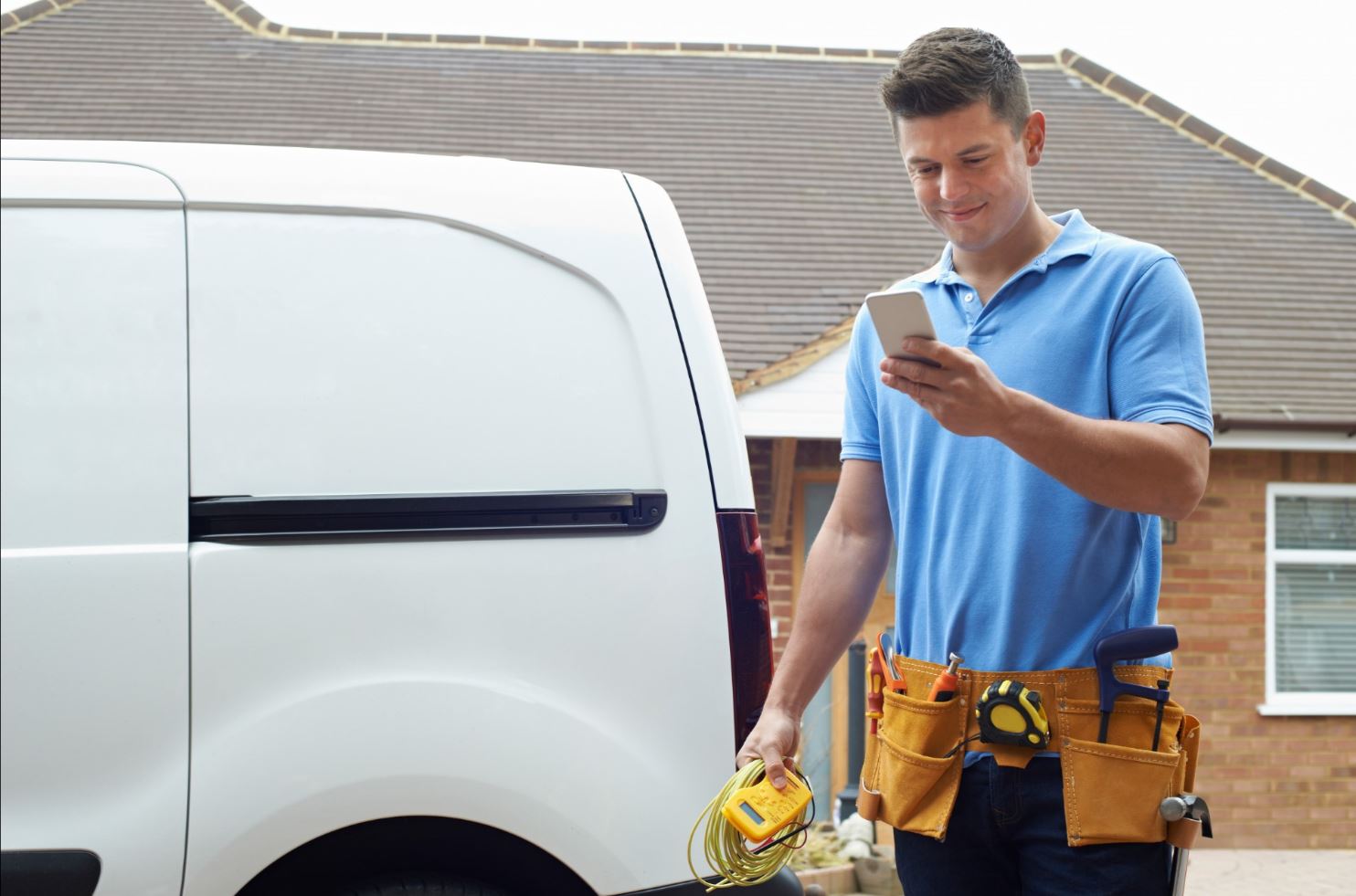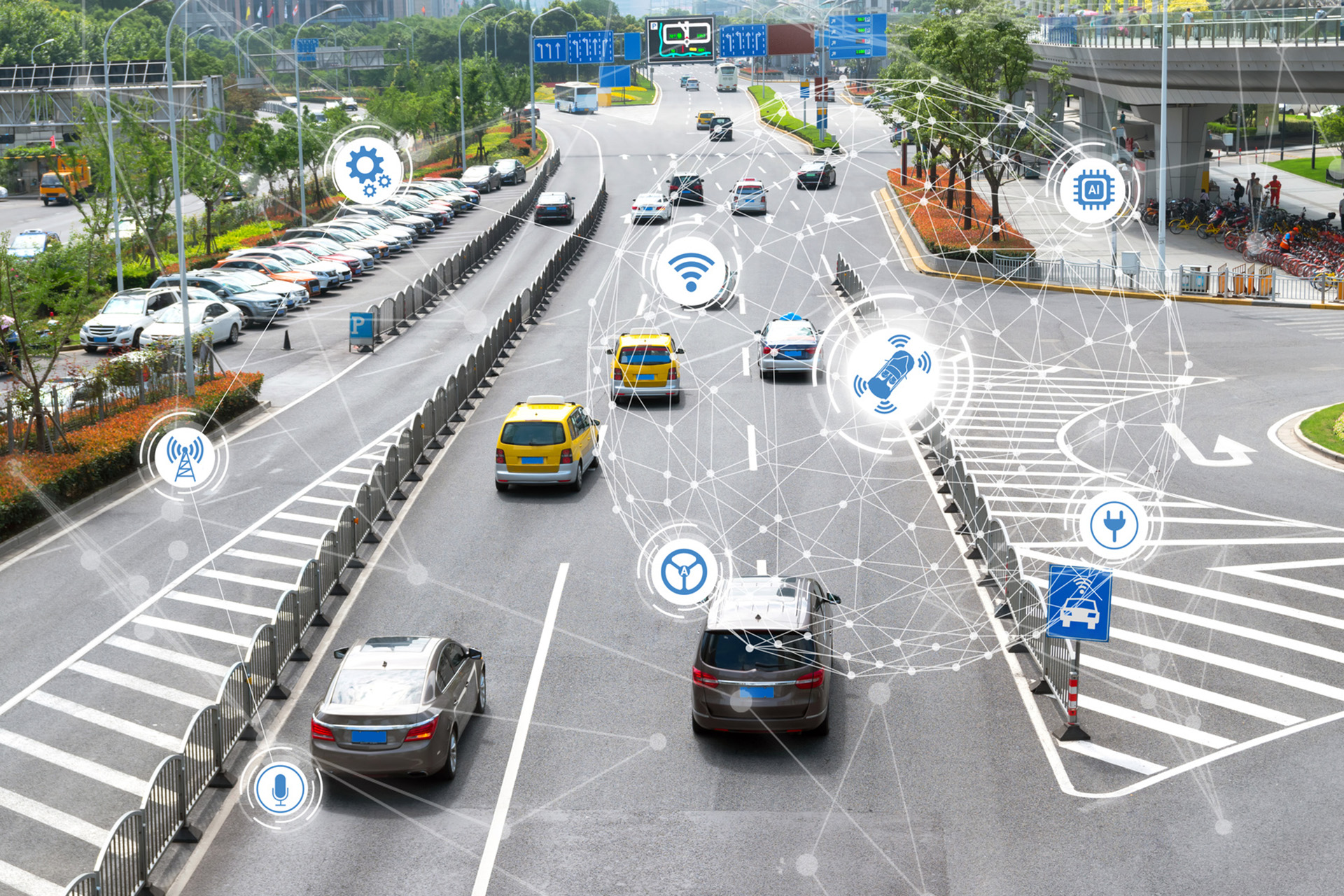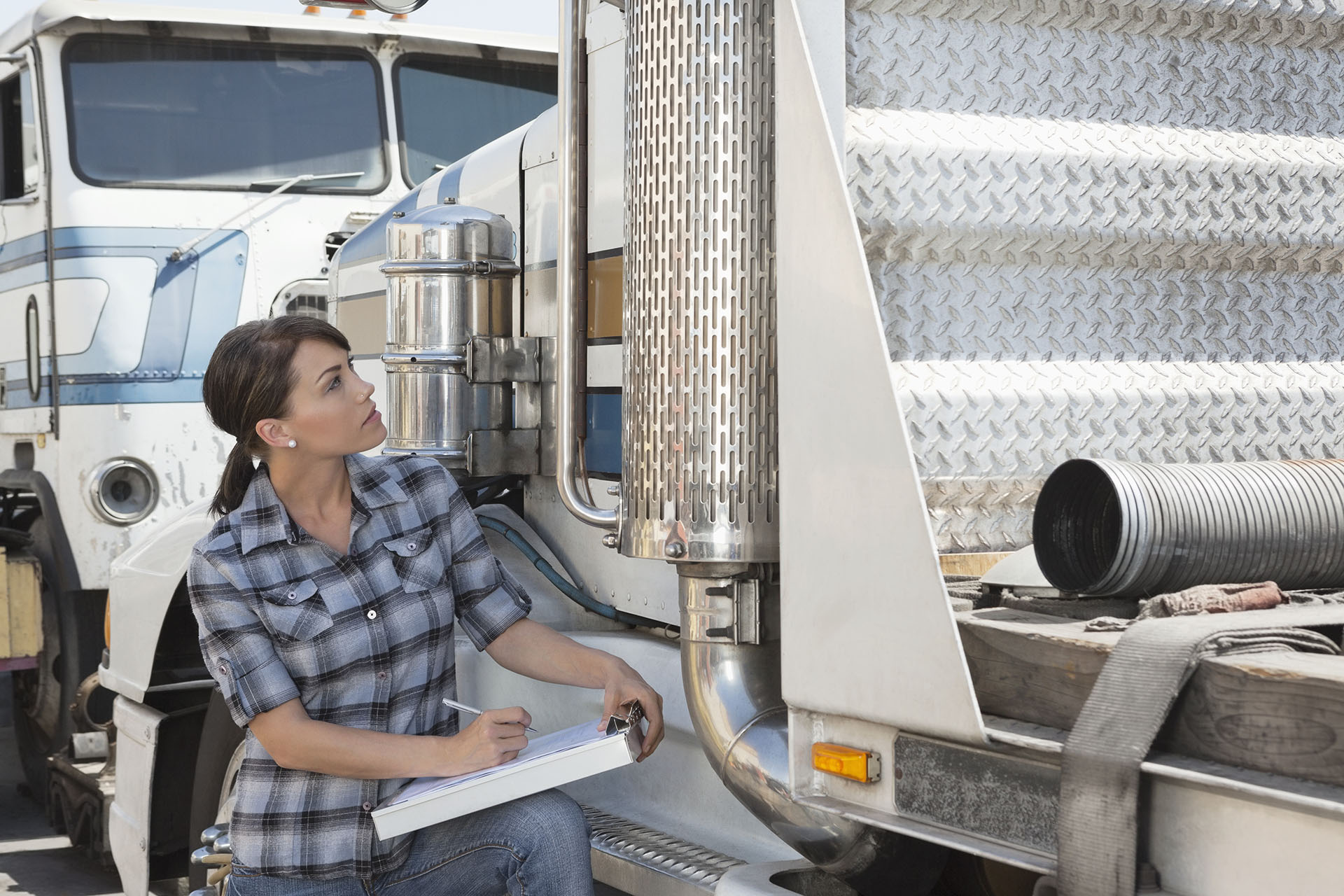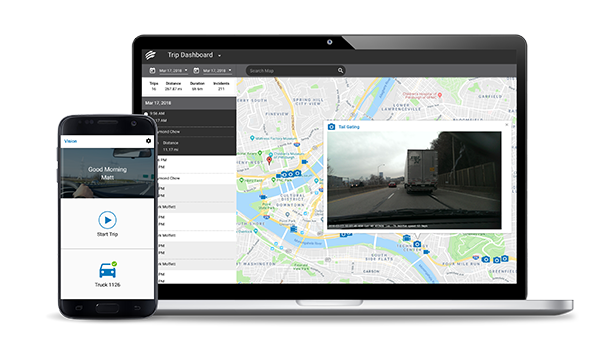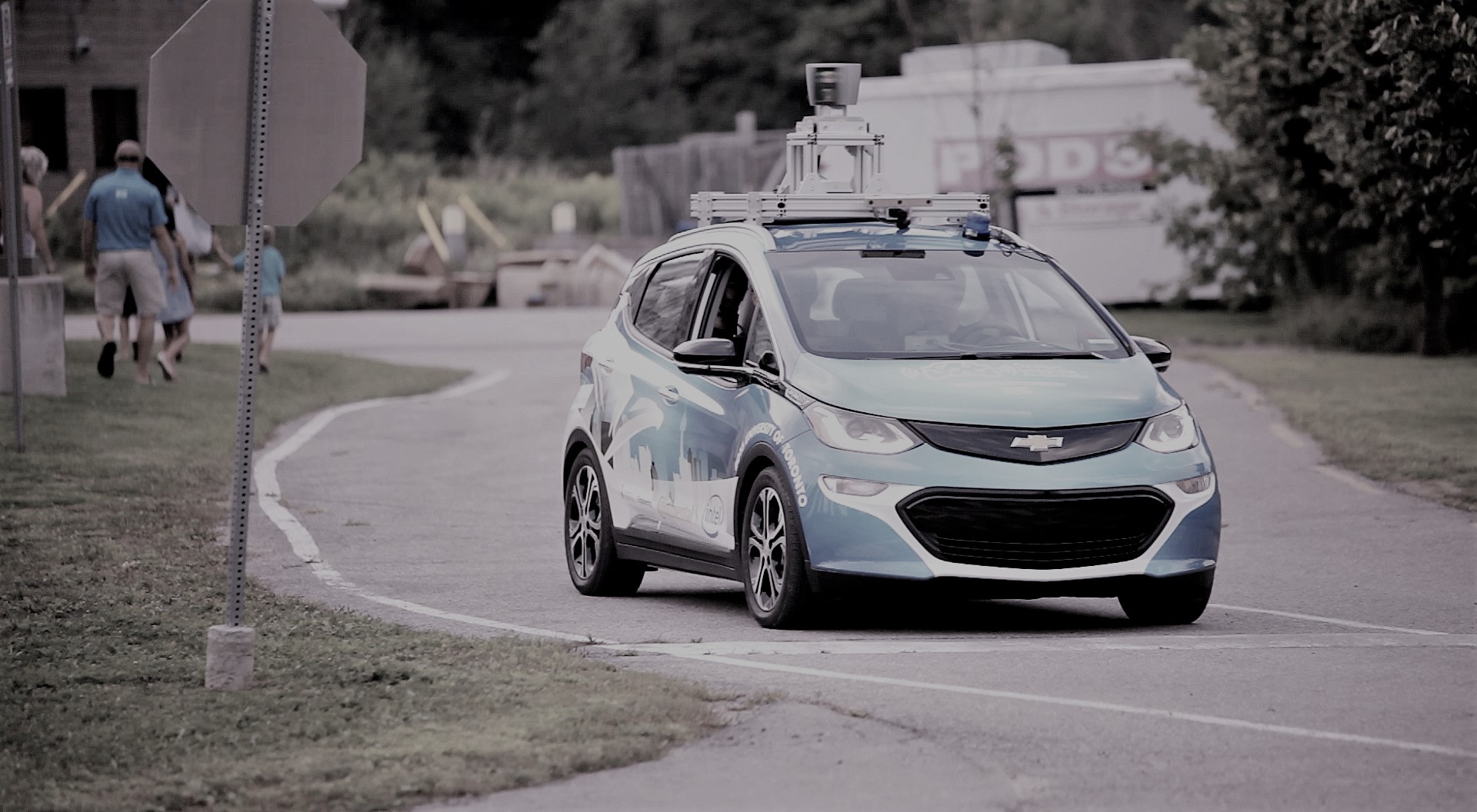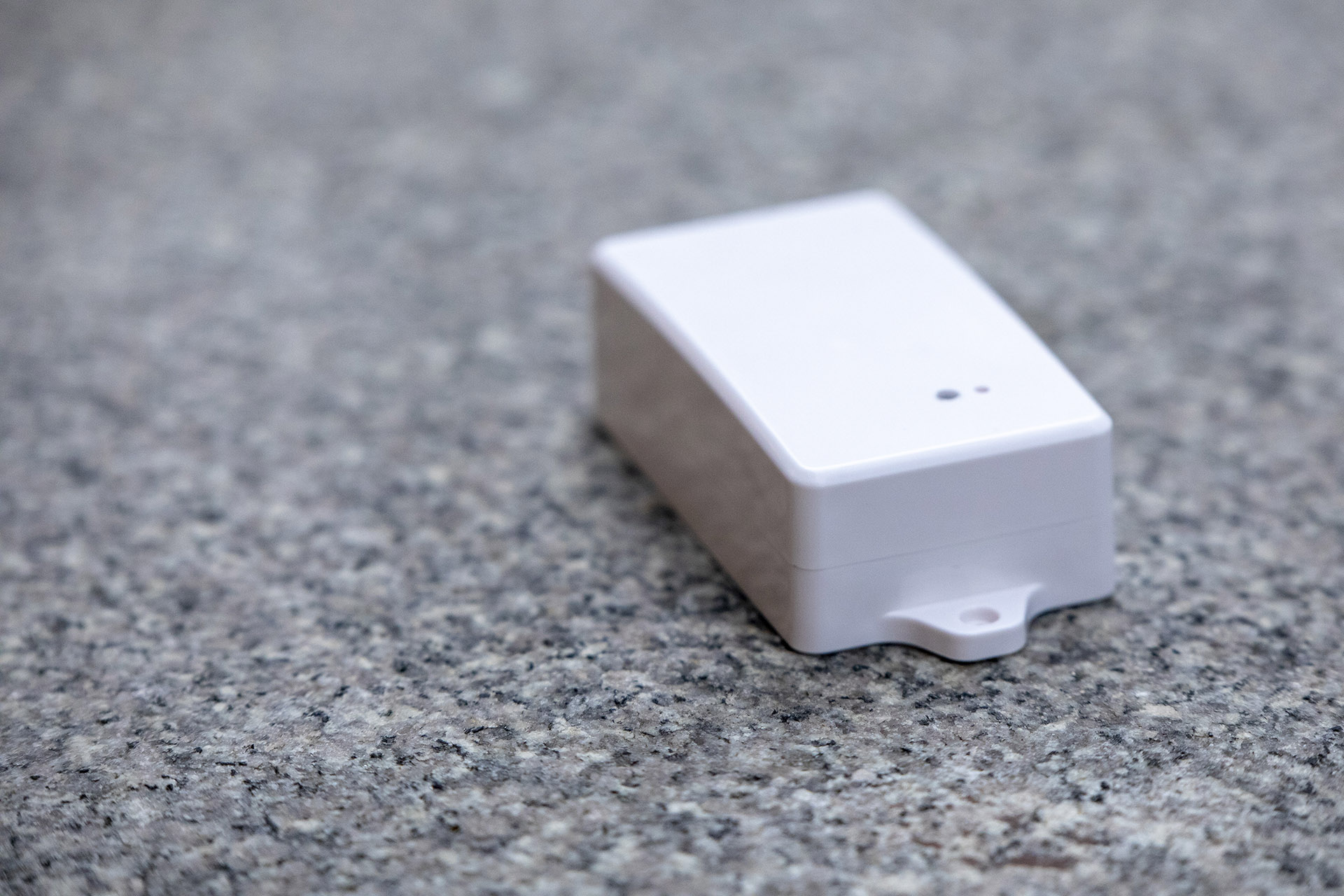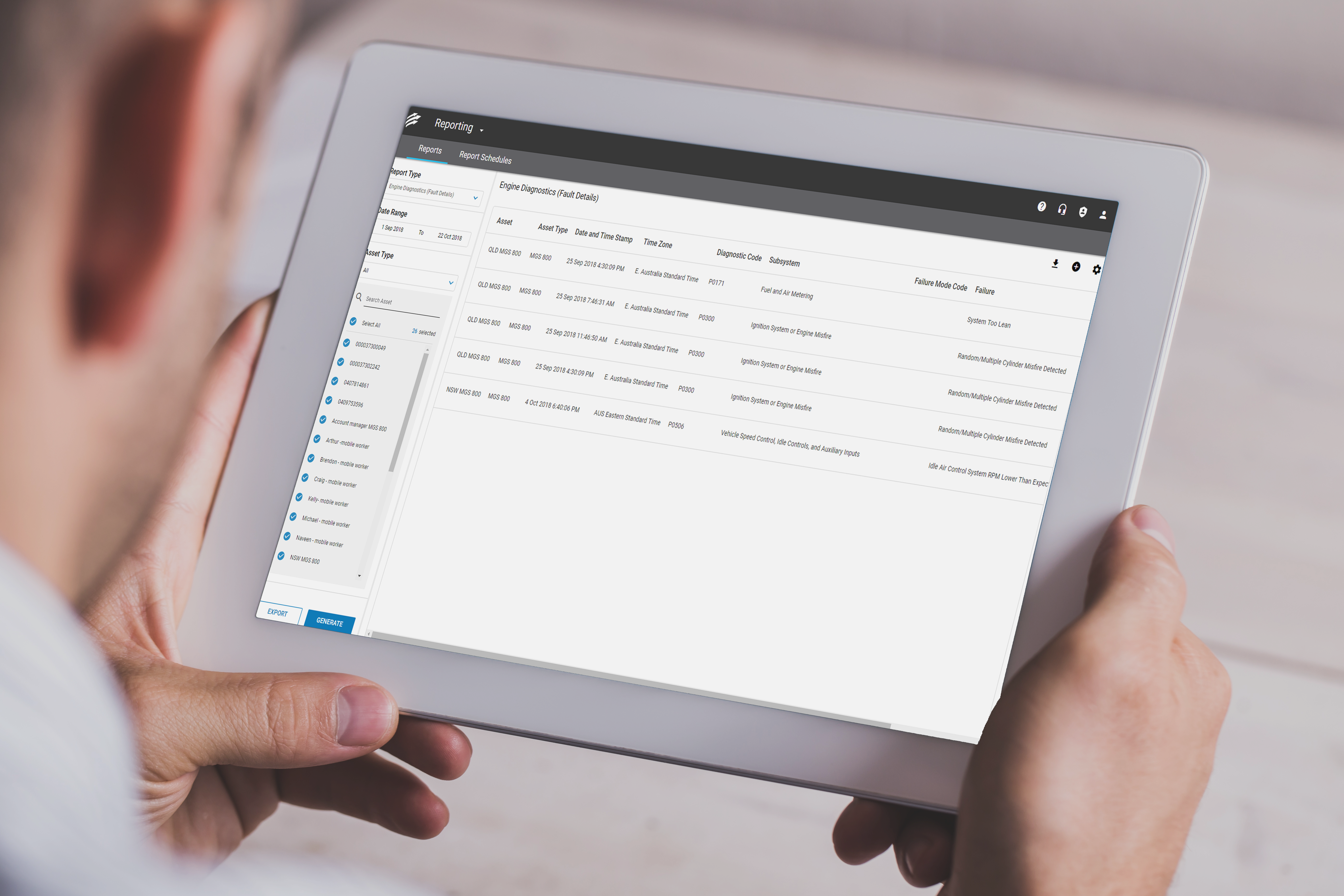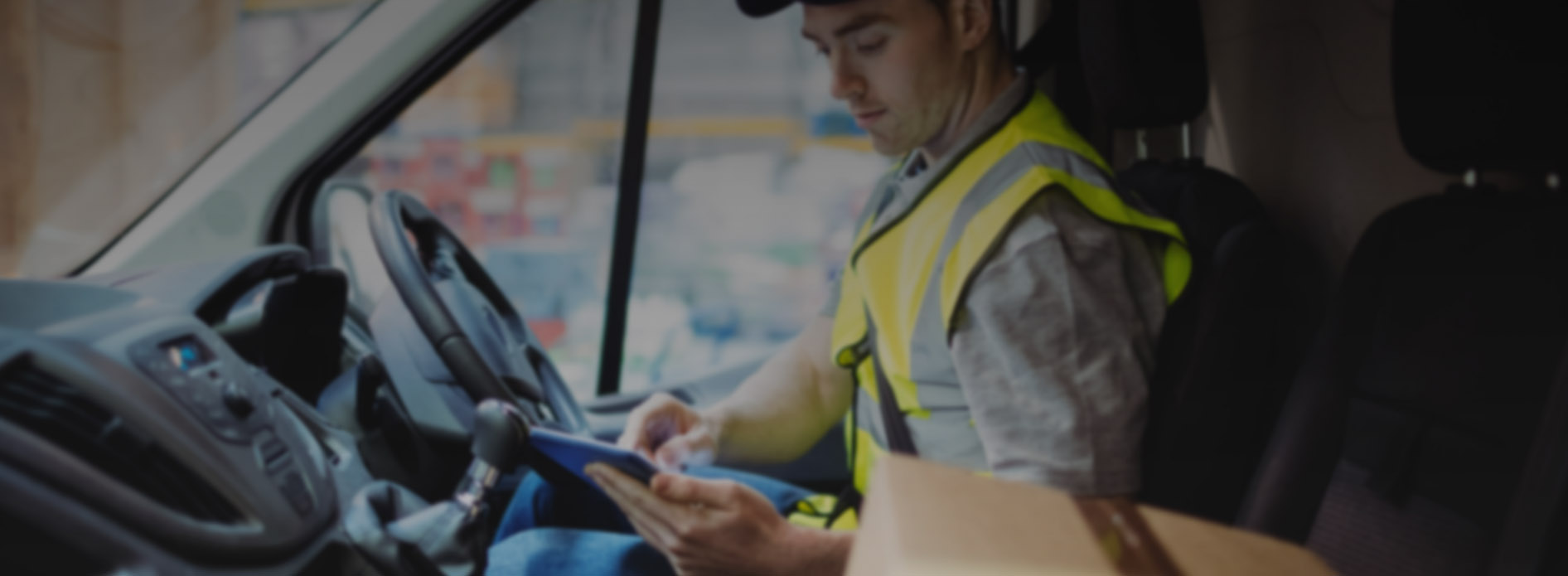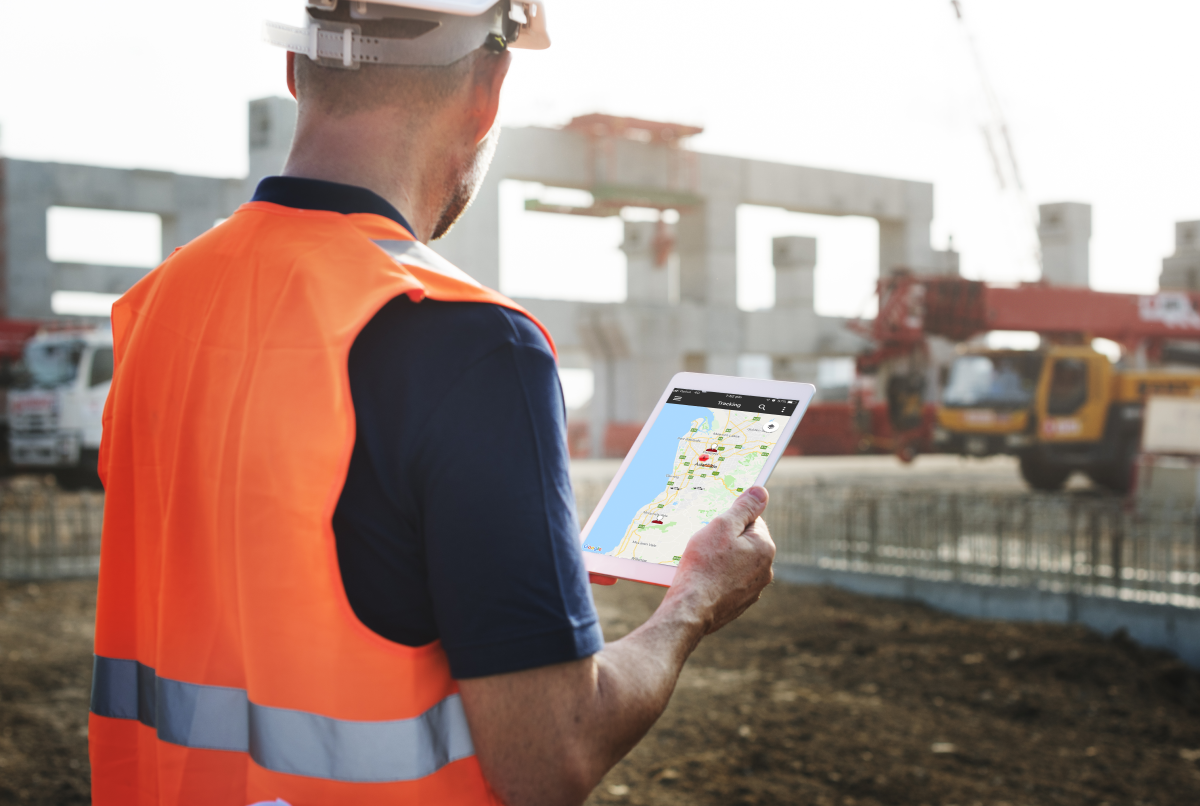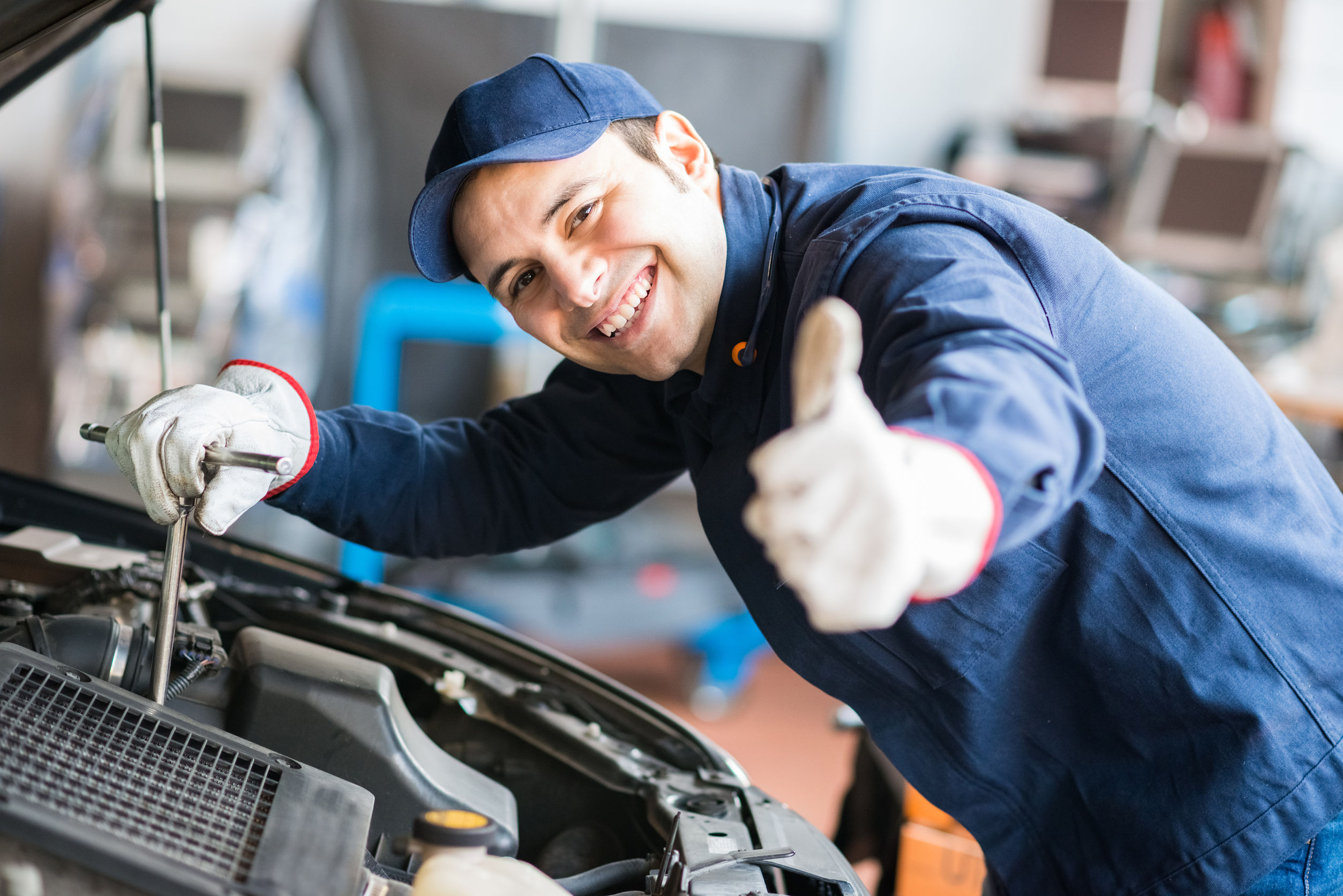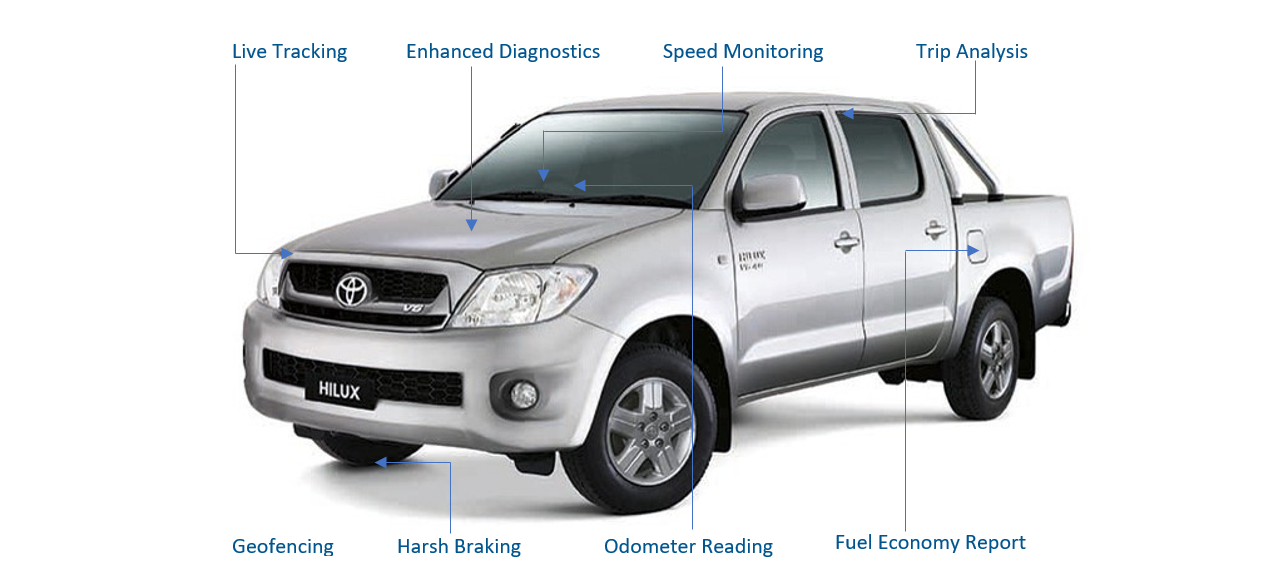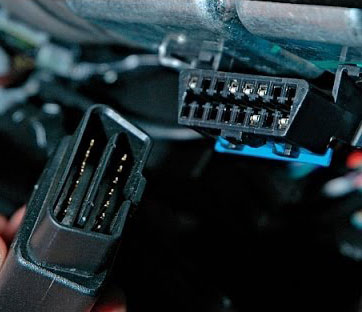The conversation around mobility is growing. It’s no longer about traffic and bike lanes, but about transforming our cities and creating new partnerships to make smart mobility the end goal. The future of mobility will certainly transform how we live and commute.

Personal urban transport
Today, the rise of the global urban middle class is the new trend. In the next 10-20 years, global economic growth will be driven by countries, where most of the population lives and works in urban areas.
Personal transportation within those urban areas has also been the center of future mobility. With the rise of sharing economy, new service models like carpooling are gaining momentum in personal as well as business transportation methods. The aim is not only to lower the costs, but to boost accessibility while decreasing emissions. As an added bonus, a lot of effort is dedicated to the user experience as well.
“Transporting yourself or waiting for goods to arrive is not always a very good experience, thus improving this experience will drive the future initiatives. The autonomous cars that are being tested in urban environments and that we’ll have soon are a great step forward, because it takes away the stress and inconvenience of having to take an active part of the transport itself,” states Robert Holm, Global Director Customer Experience at Fleet Complete.

Japan is progressive in the area of urban transport innovation, having more electric car charging stations than gas stations. Take the Toyota three-wheeled i-Road electric vehicles (image on the left), designed for maximum two passengers, which you can pick up at sharing stations in Tokyo. The initial urban tests were so successful, that Toyota will expand the product throughout Japan. Or Honda’s Uni-Cub, a compact electric device with self-balancing technology. The design is hands-free and allows riders to maintain eye-level interactions with others, enabling activity while in motion.
In Turin, Italy, they are experimenting with autonomous cars and electric scooters.
“Our goal is not only testing this technology, but also creating an ecosystem, which includes autonomous cars, drones, and robotics, that can contribute to new mechanisms aimed at bringing innovation to the city and attracting new business,” said Commissioner Paola Pisano in charge of innovation for Turin.
Future of cargo transportation – long and short haul
For the trucking Industry, connected truck technologies will no longer be an option but a reality. City trucks, used for urban pick-up and delivery, will gain significant surge in demand, according to Sandeep Kar, Chief Strategy Officer at Fleet Complete.
“As economies and societies are reshaped by urbanisation,” says Kar, “commercial vehicles will find themselves under tremendous pressures to deliver freight from point of shipping to point of delivery under just-in-time expectations. These vehicles will need to navigate through urban areas under strict regulations that govern congestion, emissions, parking, noise, etc.”
“Connected vehicle technologies,” Kar continues, “will empower these trucks (ranging from mega trucks to ultra-low GVWR city trucks), to deliver services and solutions that were previously thought impossible.”
BigRoad Freight is an example of technology adapting to changing needs. Currently available in North America BigRoad Freight is a personalised load board for long haul truckers – in an app – that helps them avoid unladen miles and make money, while helping brokers and shippers to make cargo deliveries in optimal time.
“We find that there are few solutions in the market today that truly empower the driver. That’s what we wanted this to be about,” says Tony Lourakis, Chief Executive Officer of Fleet Complete. “Negotiating, getting paid, and finding freight needs to be a couple of taps away. This is the future of freight. We want to create simplicity, improve speed and asset utilisation, and establish transparency in shipper-carrier relations to benefit all parties involved – particularly the drivers.”
Transportation as a connected ecosystem
The new era of connected mobility will allow collaboration of resources in one ecosystem. There are already Big Data platforms like CONNVEX that support hosting and analysing data on a massive scale, including local, regional and national vehicle data. These types of platforms accelerate the delivery of new business models and revenue streams, particularly in the areas of autonomous driving, freight mobility, and smart city infrastructure.
Conversion of Big Data and AI-based analytics is what drives Big Data platforms, providing the stakeholders with insight for design and development of unique solution offerings. The scope includes remote diagnostics and prognostics, safety and advanced driver assistance systems (ADAS), electric vehicle mobility, digital freight brokerage and video telematics, mobile resource management and ride sharing.





